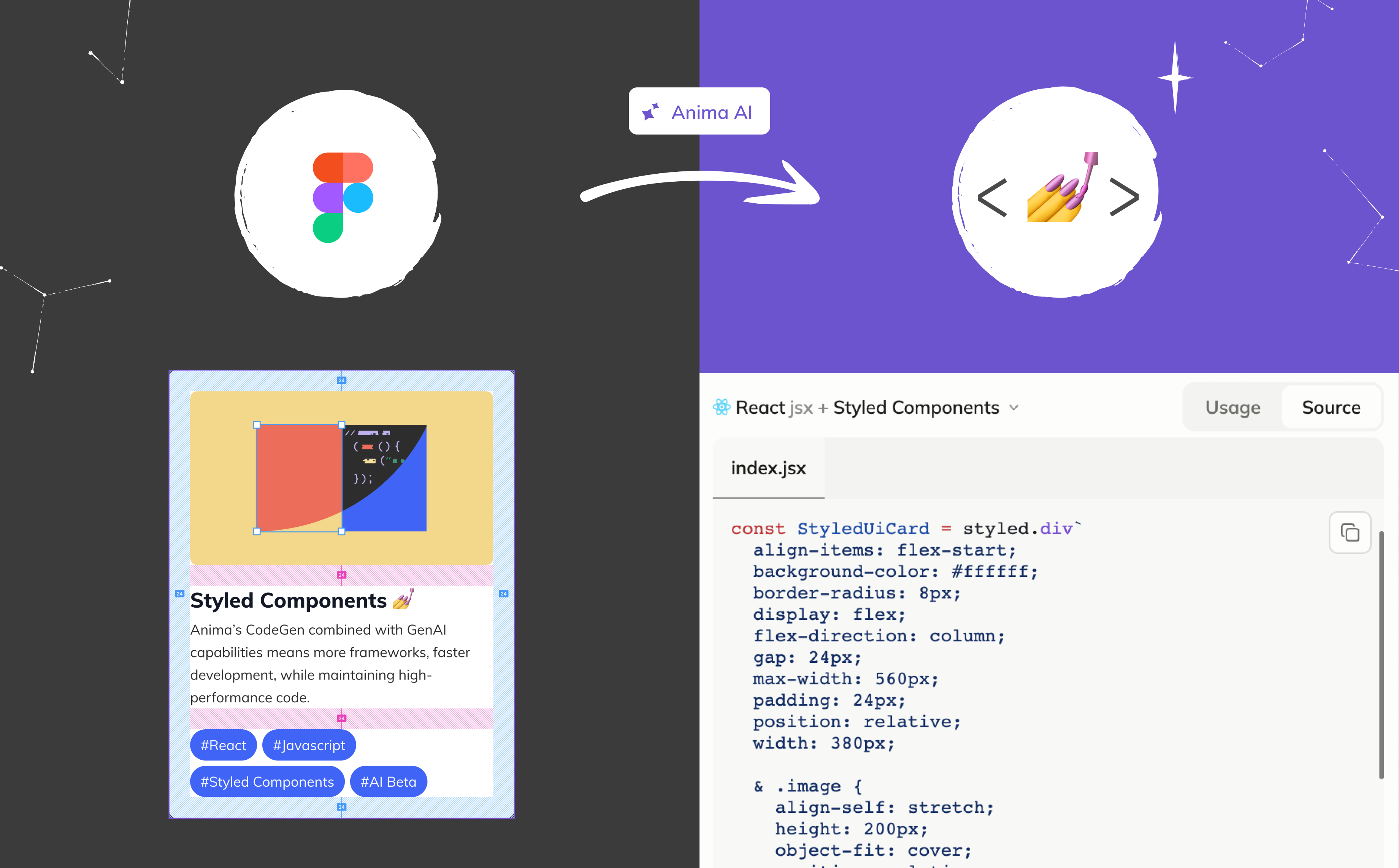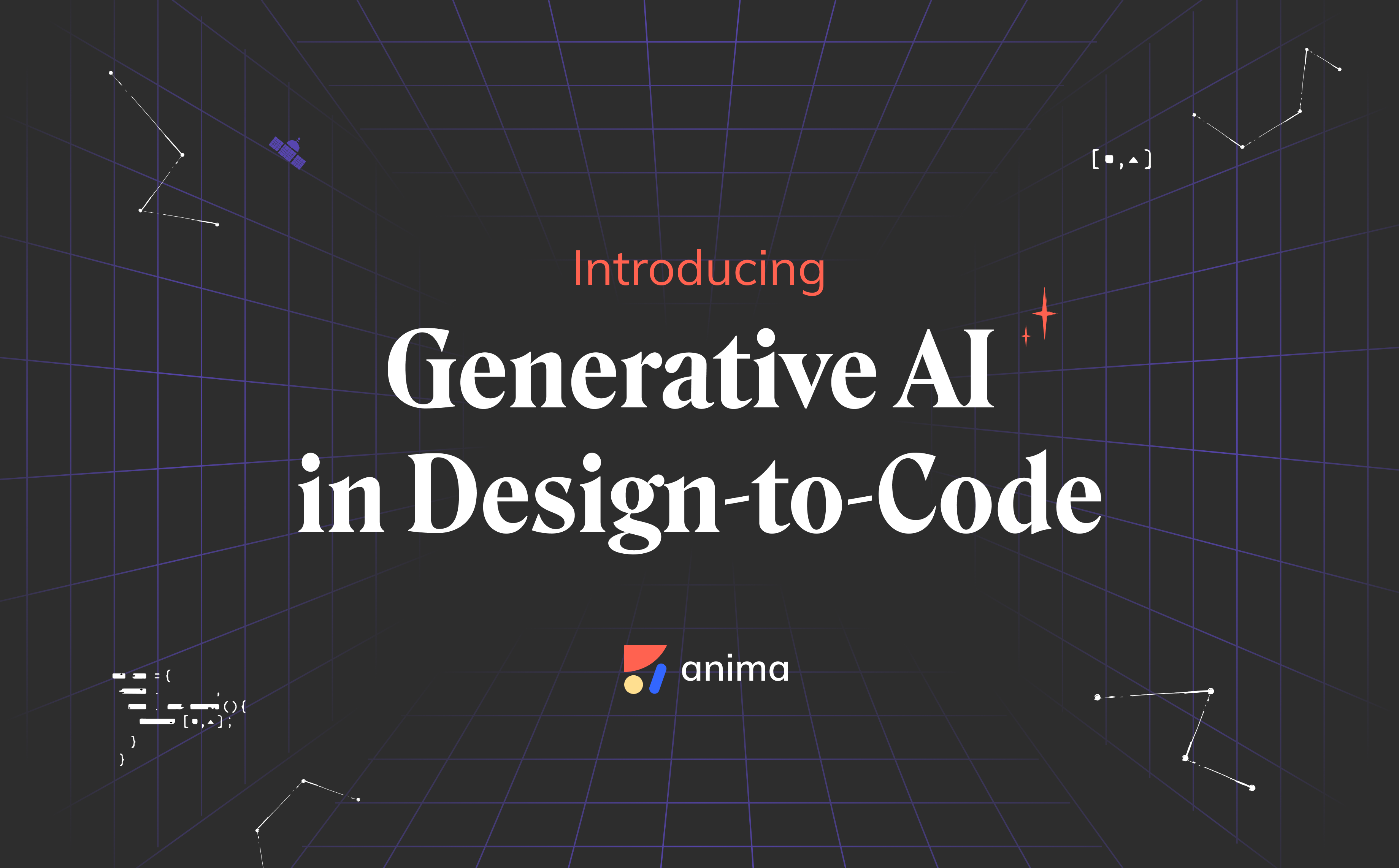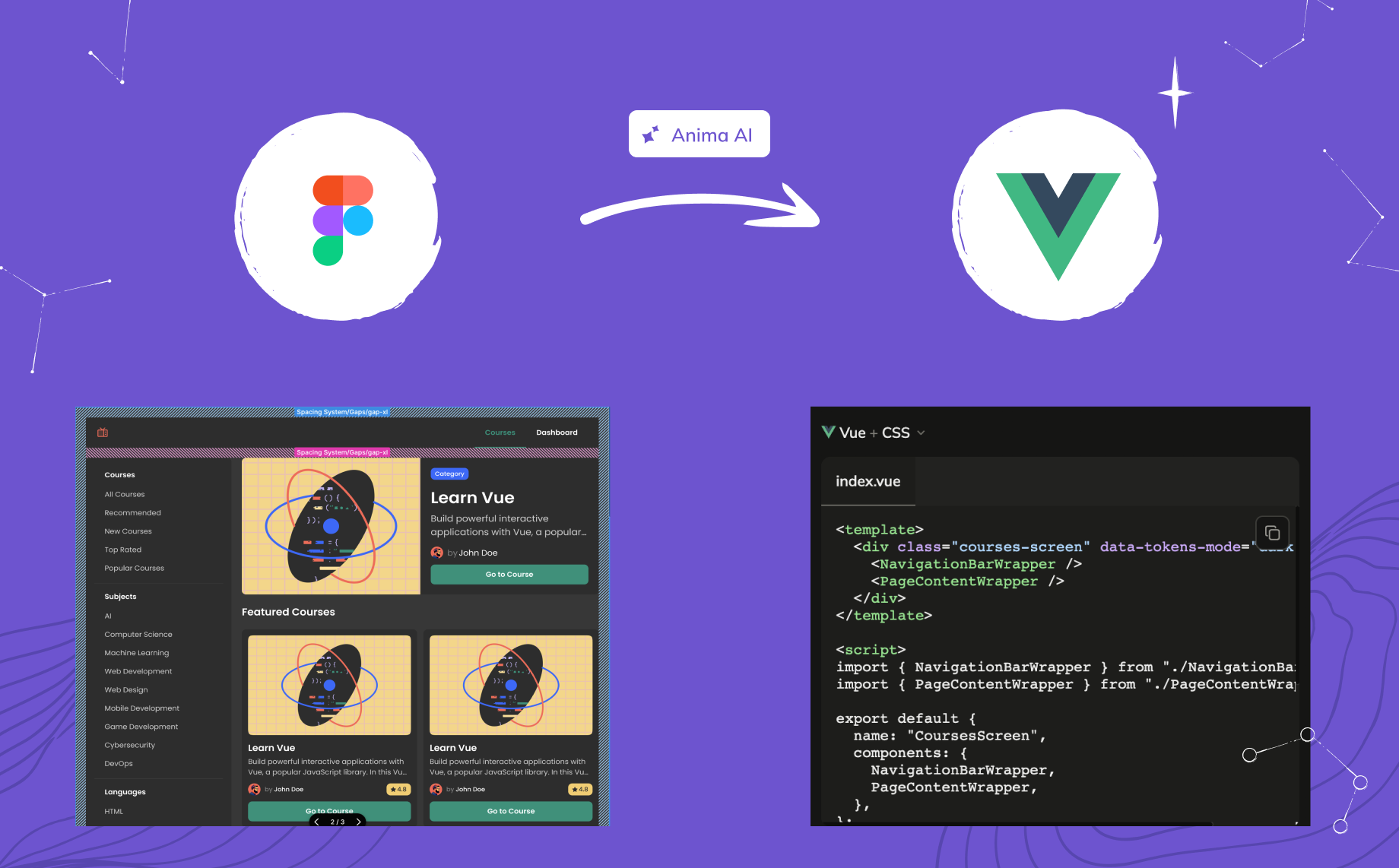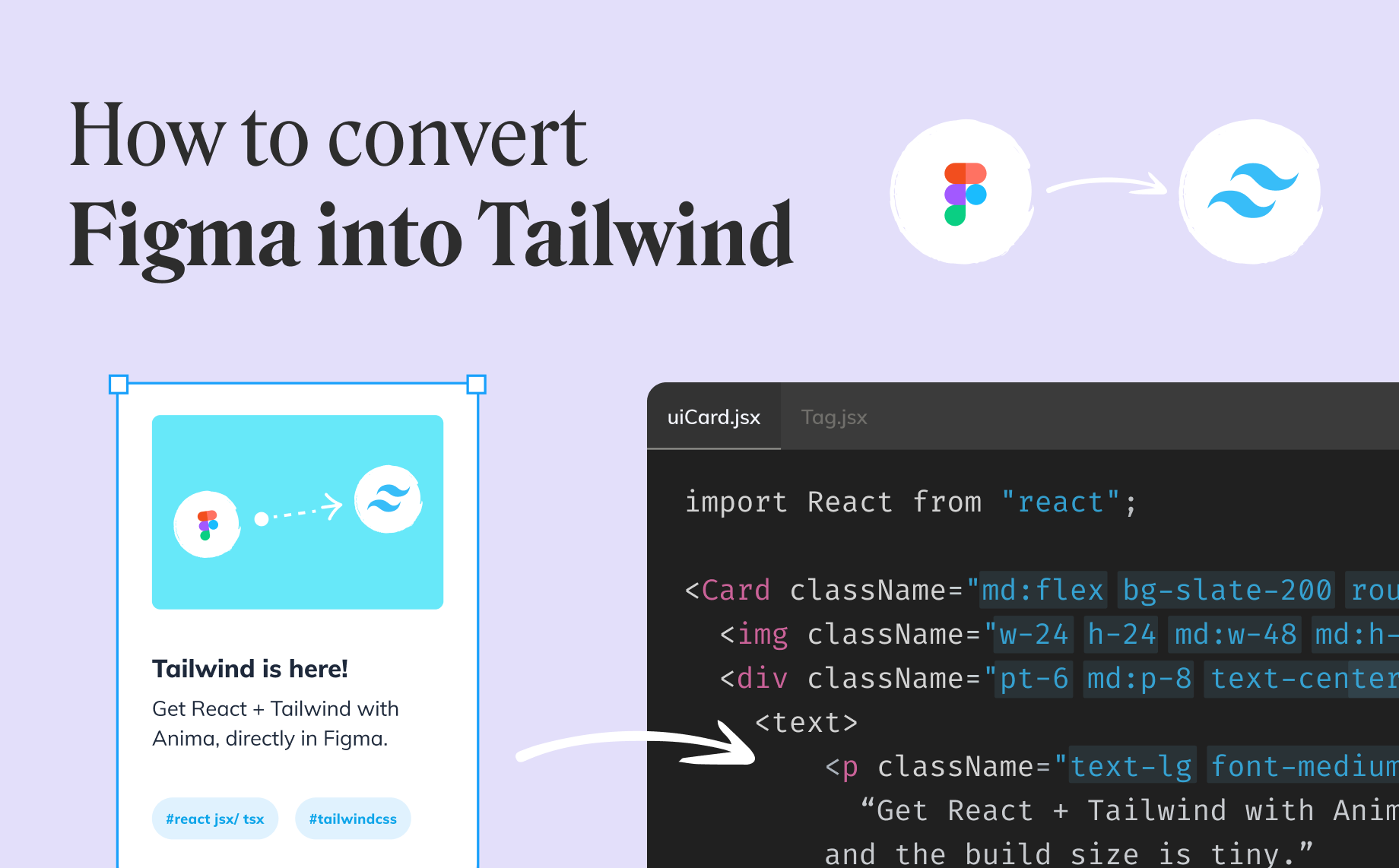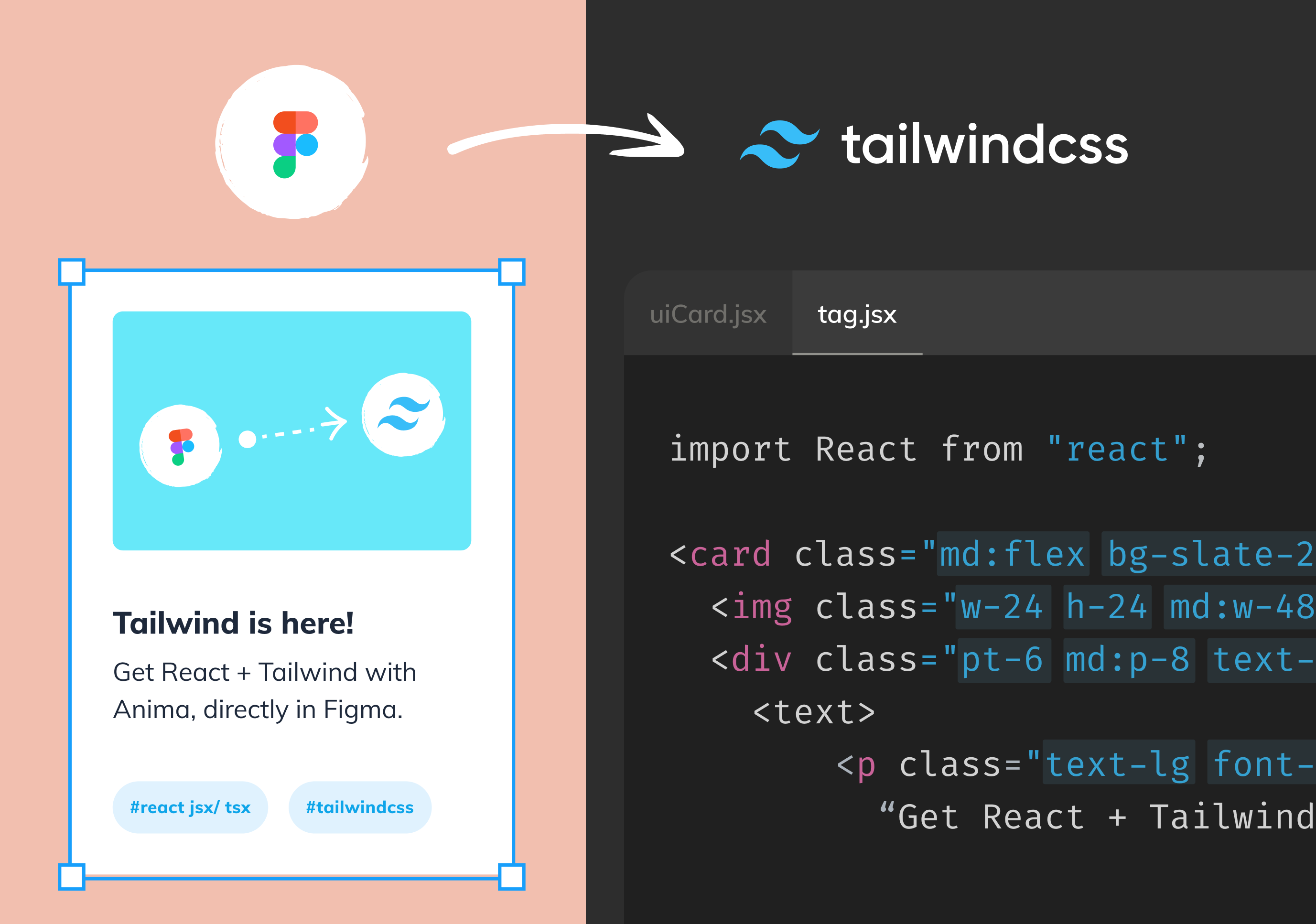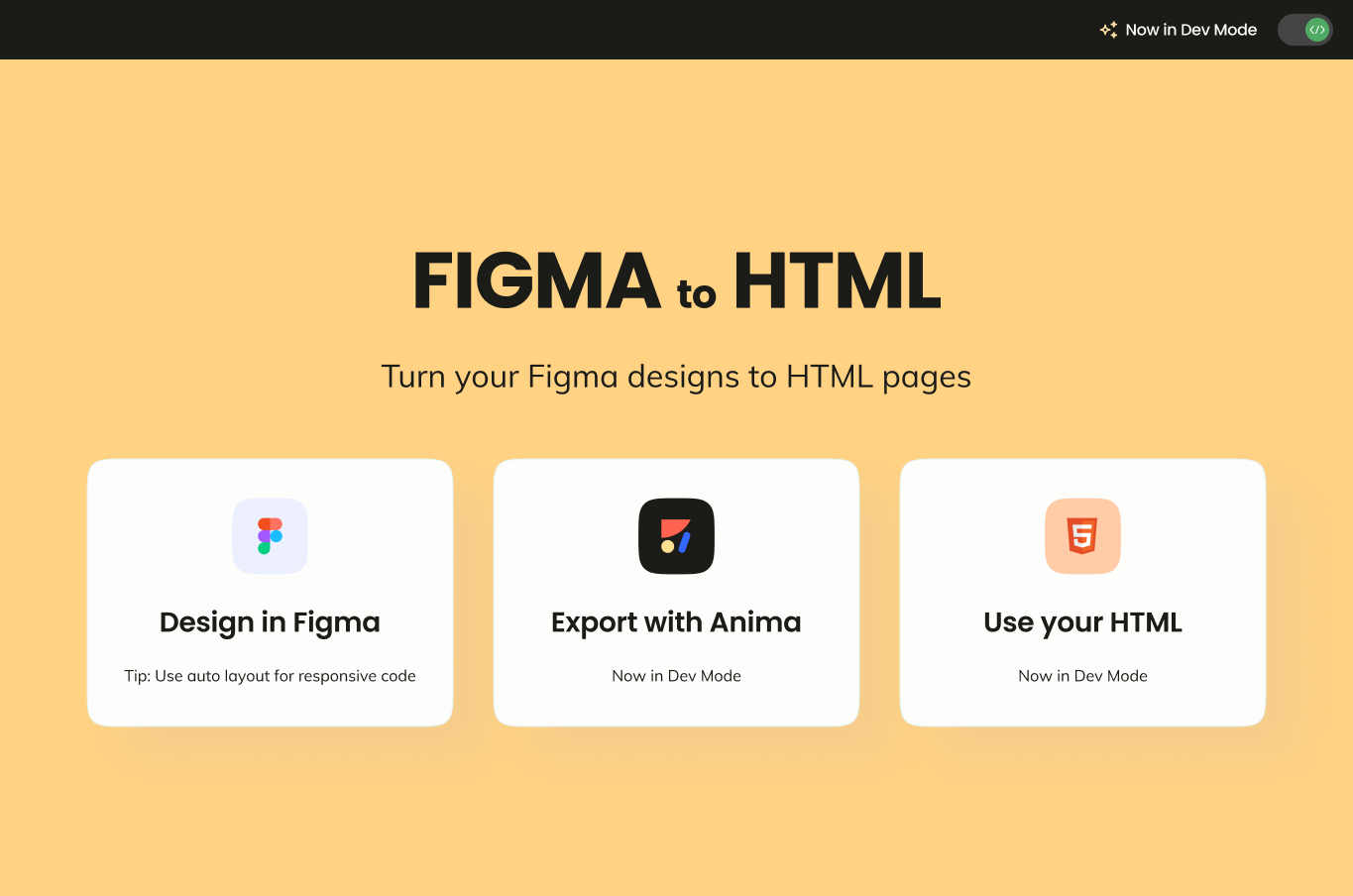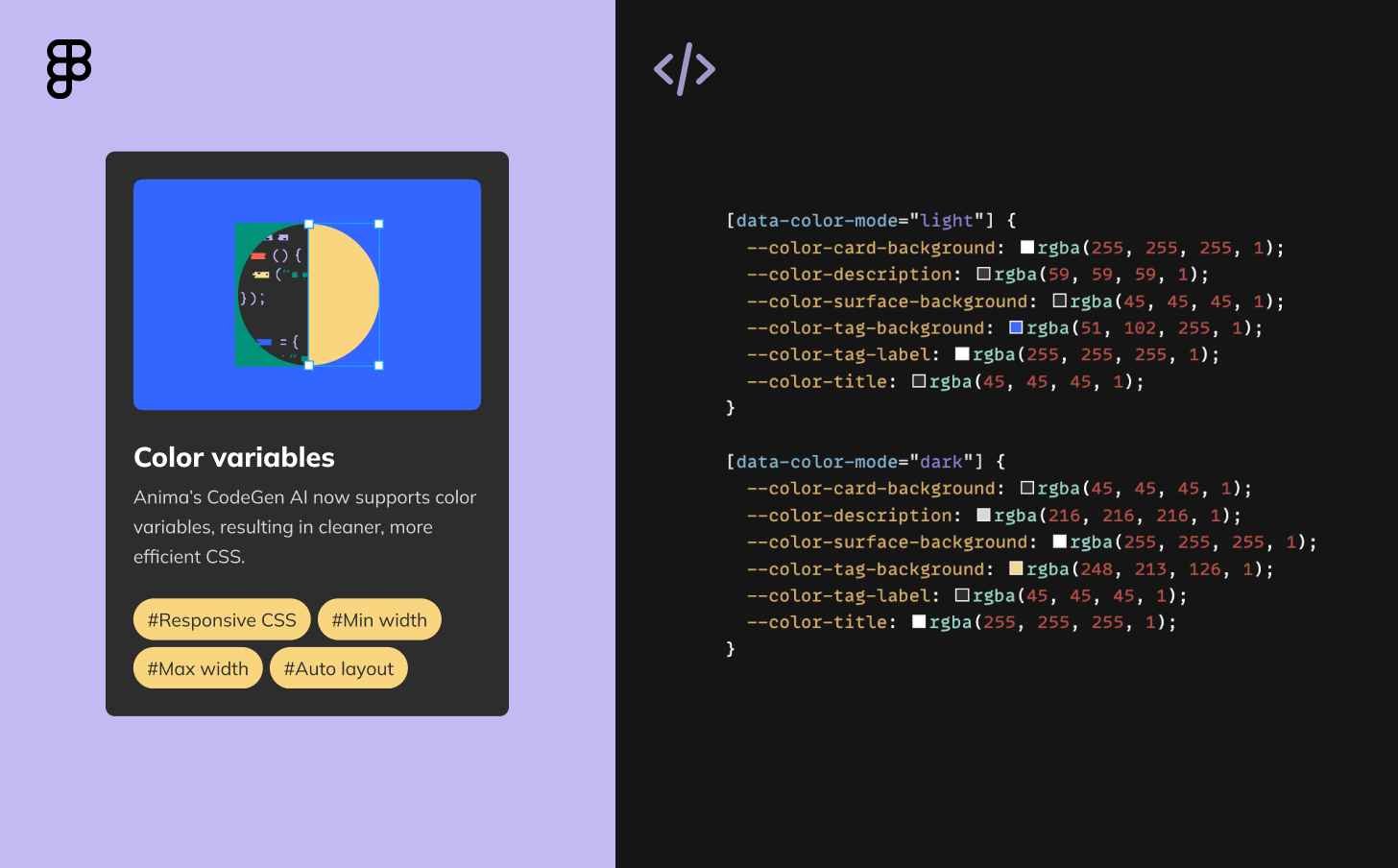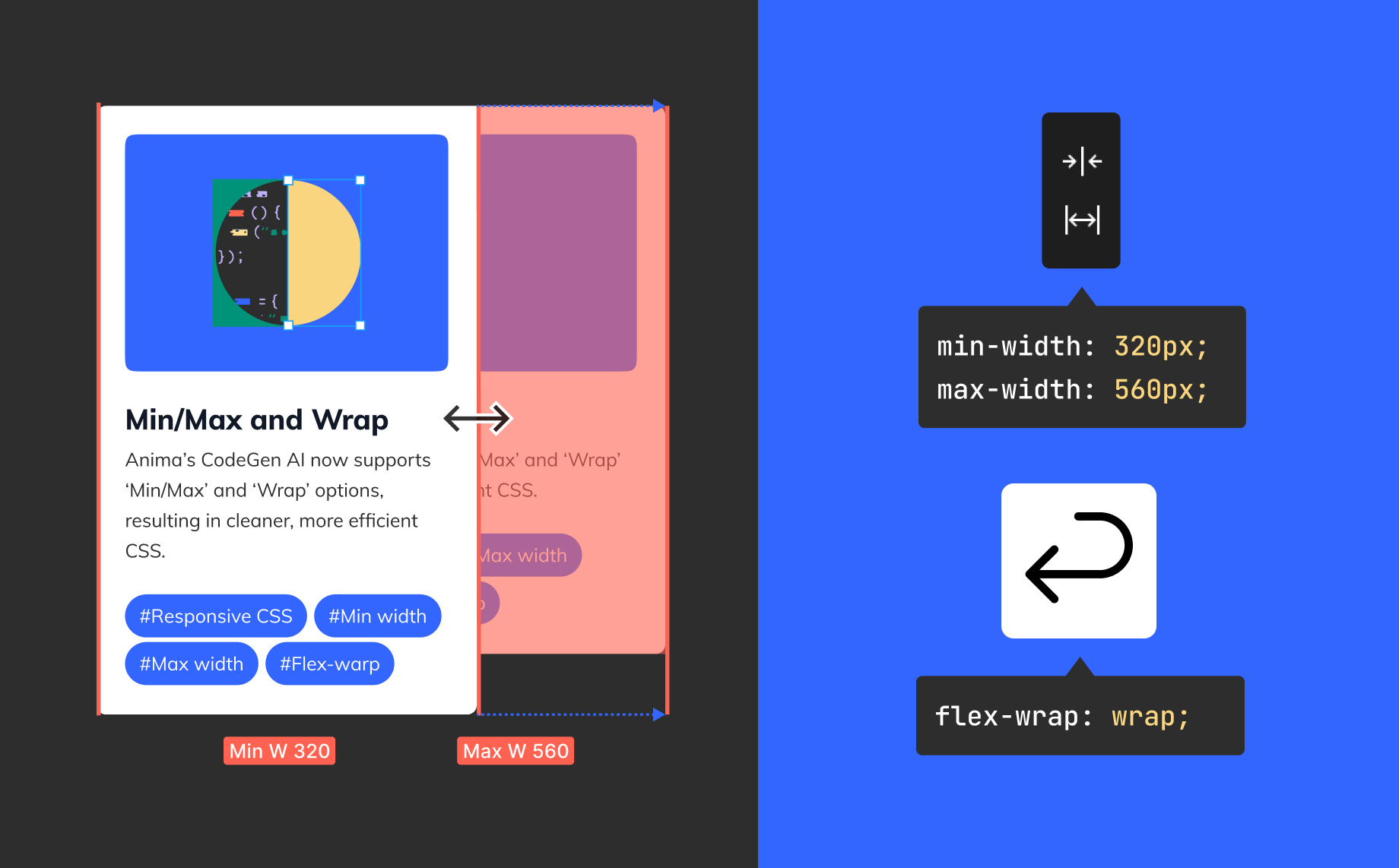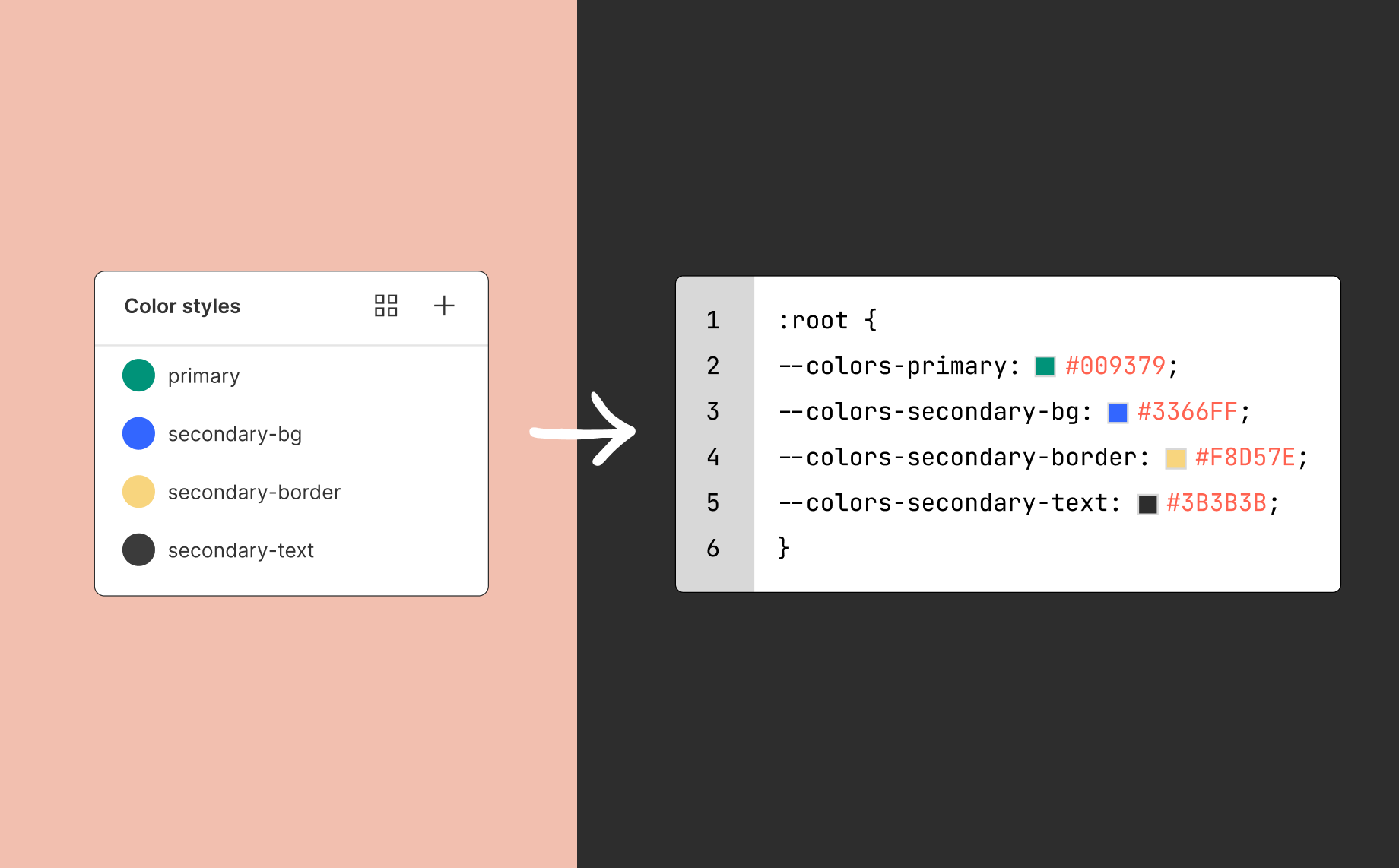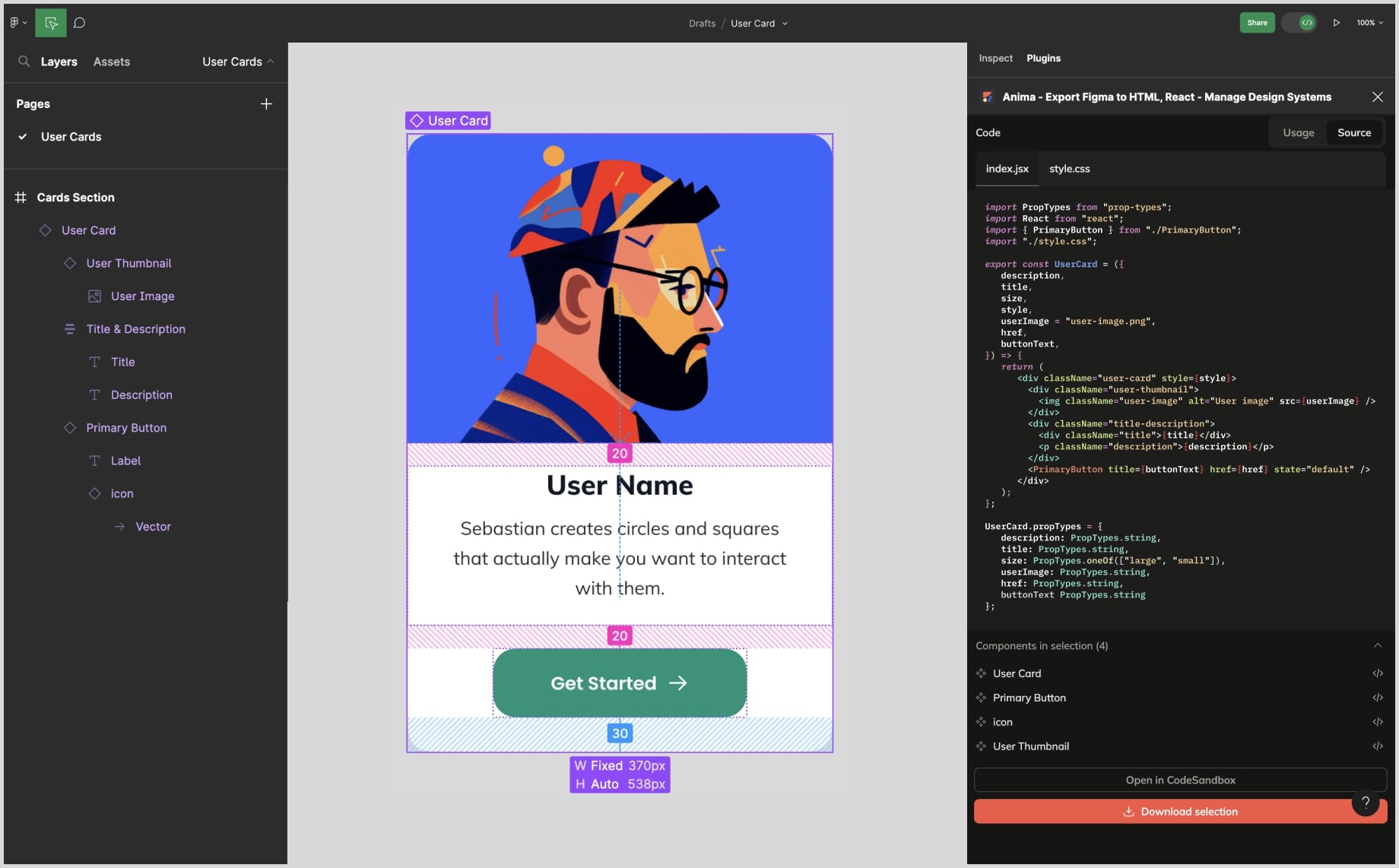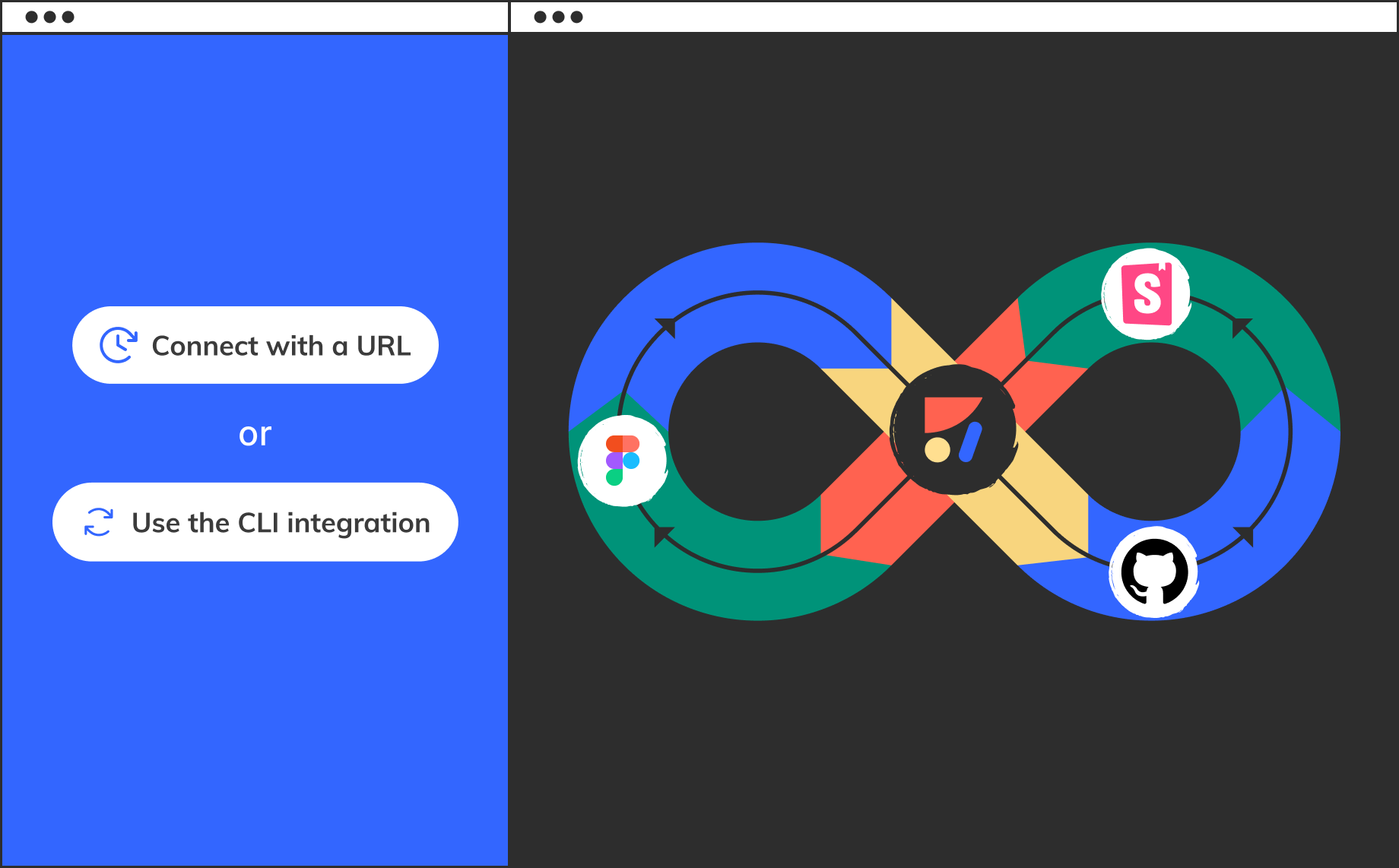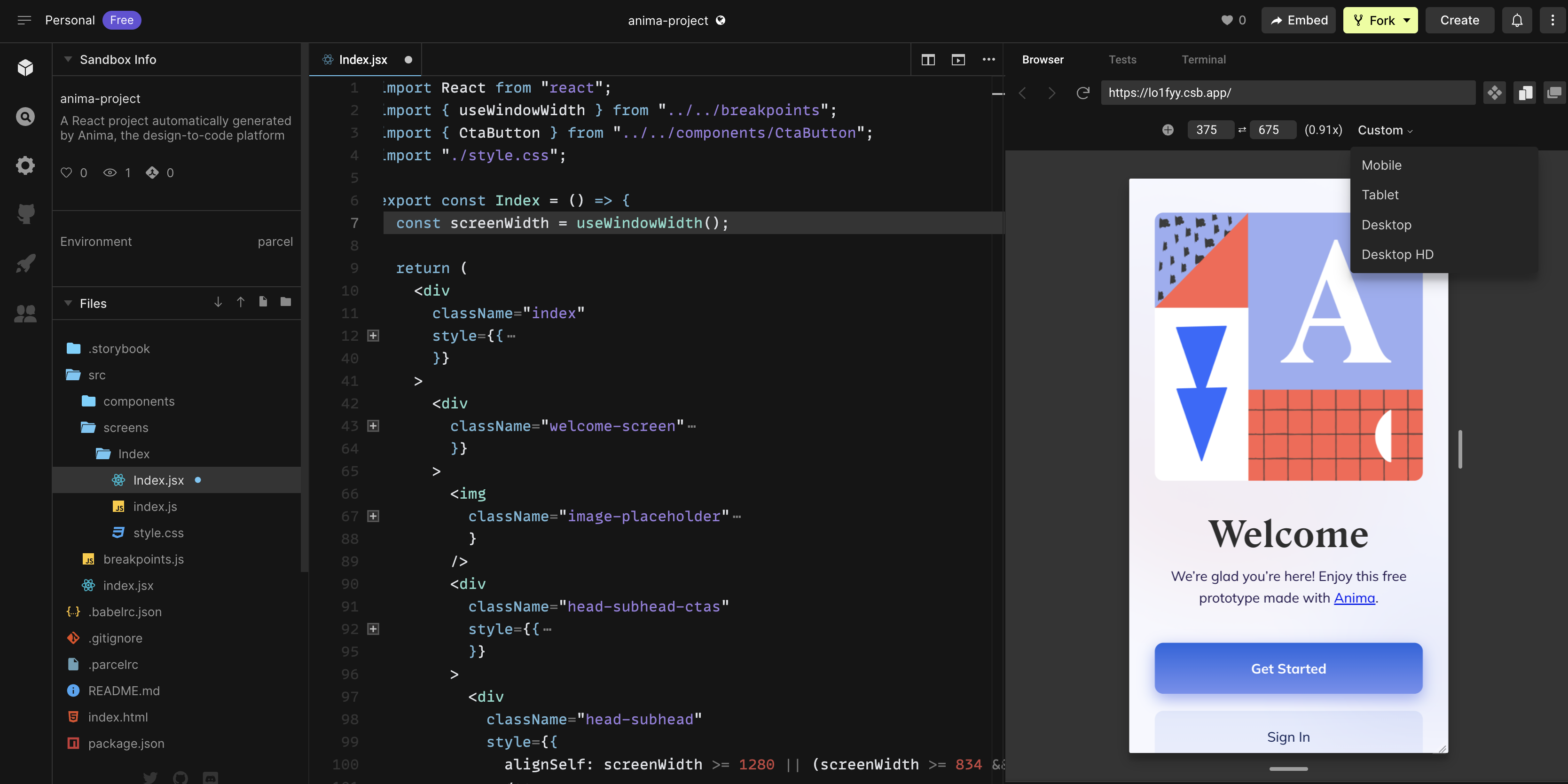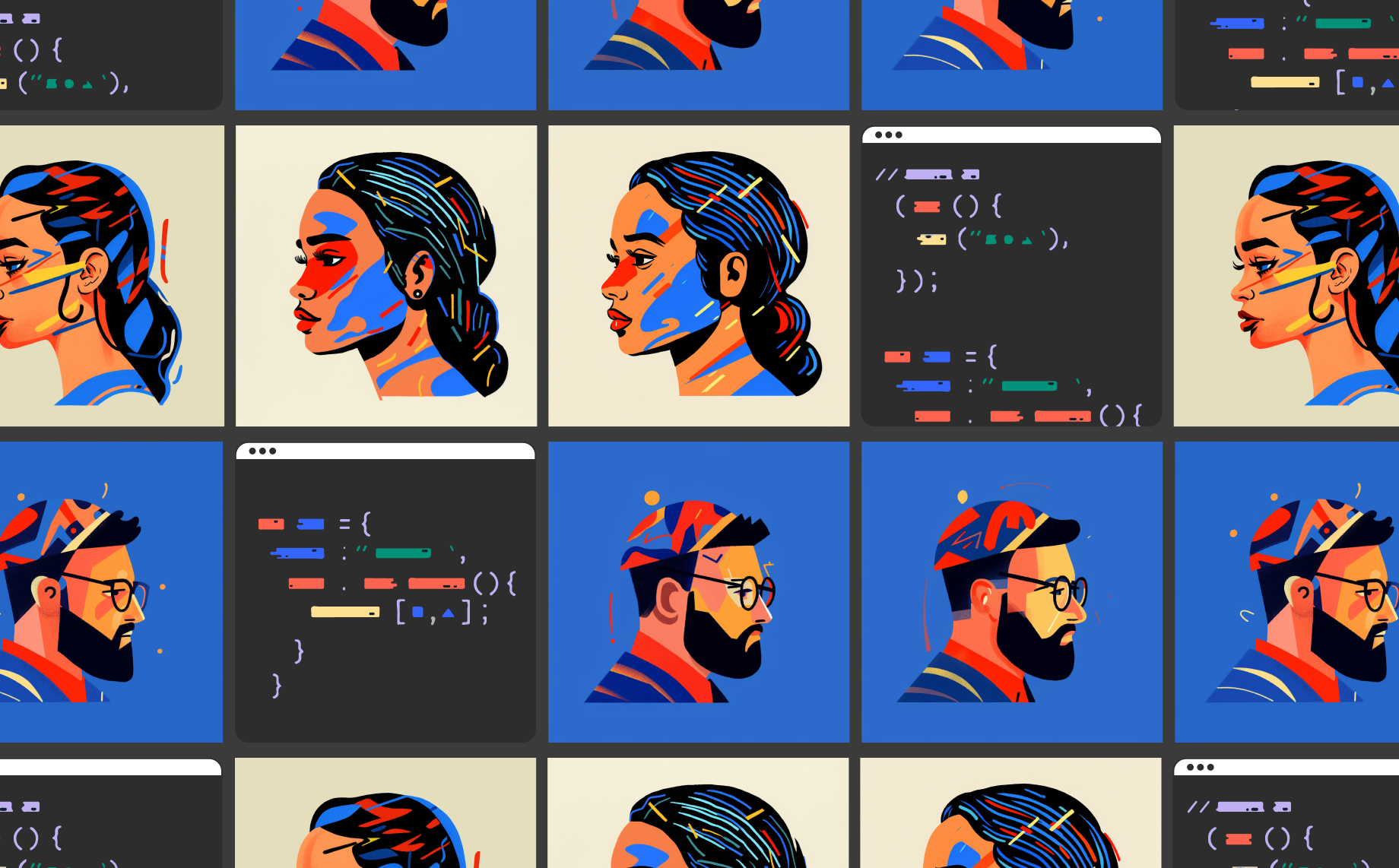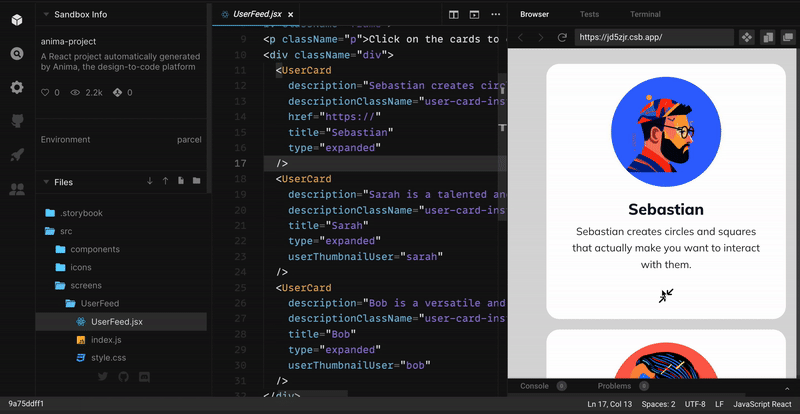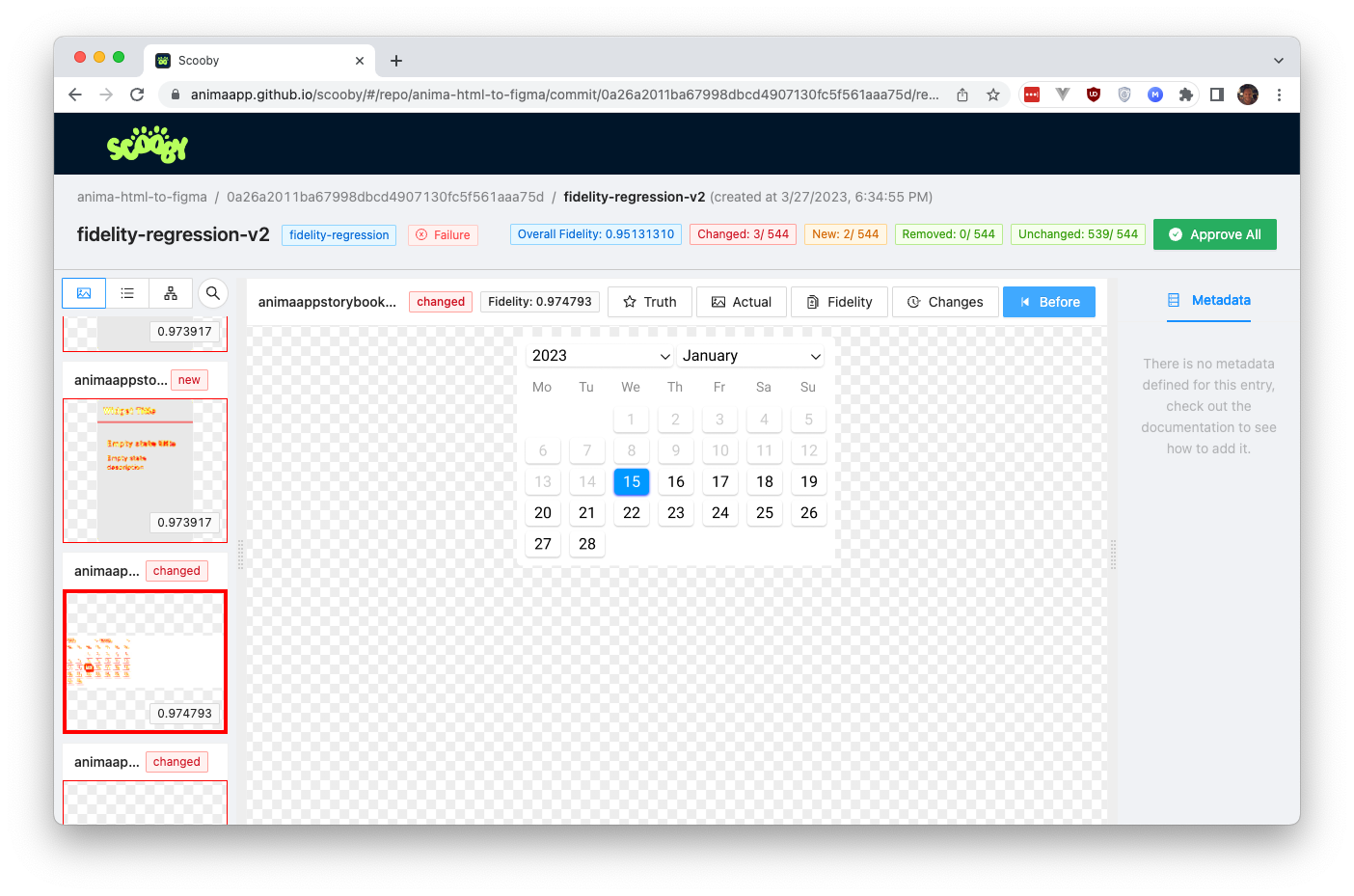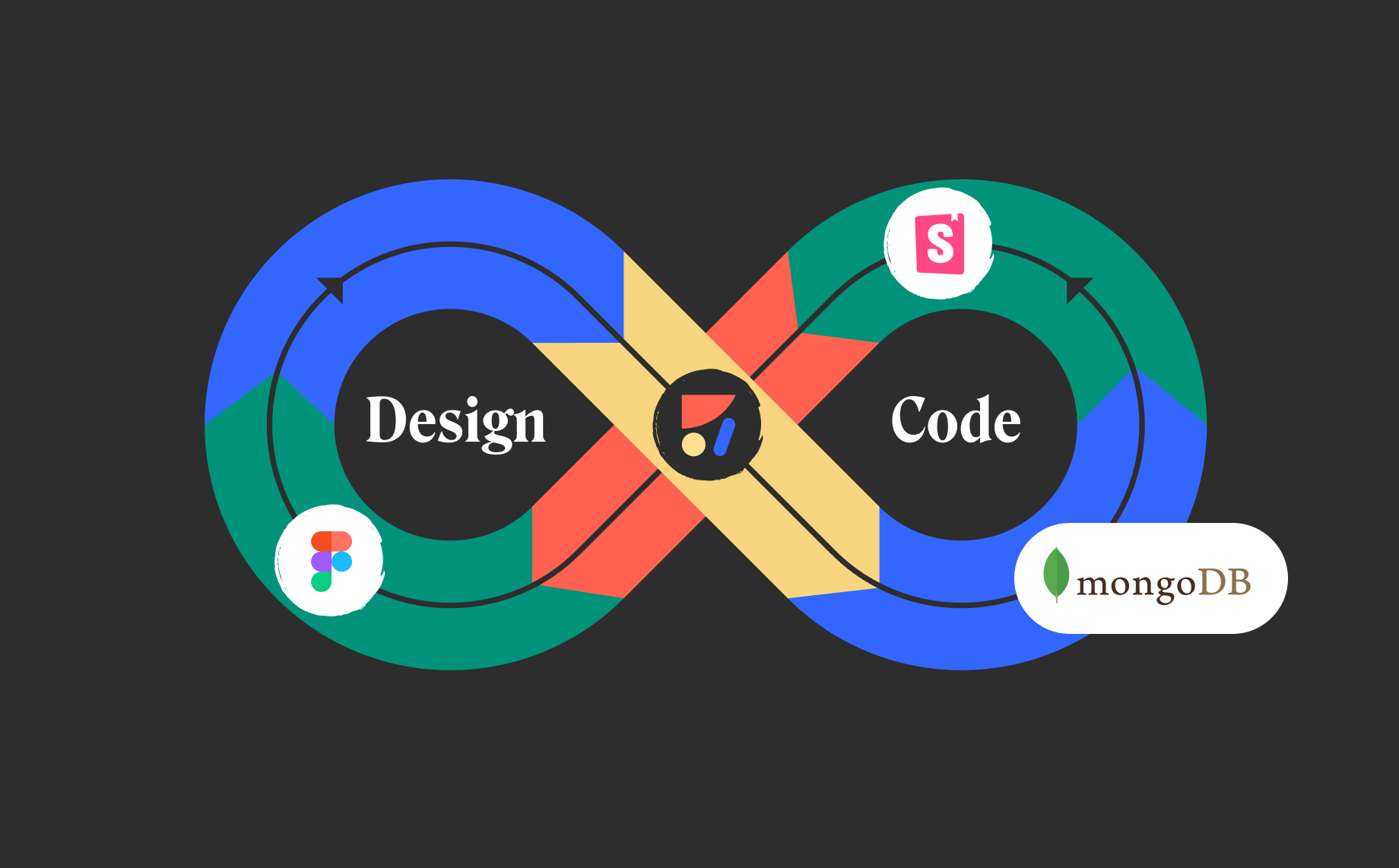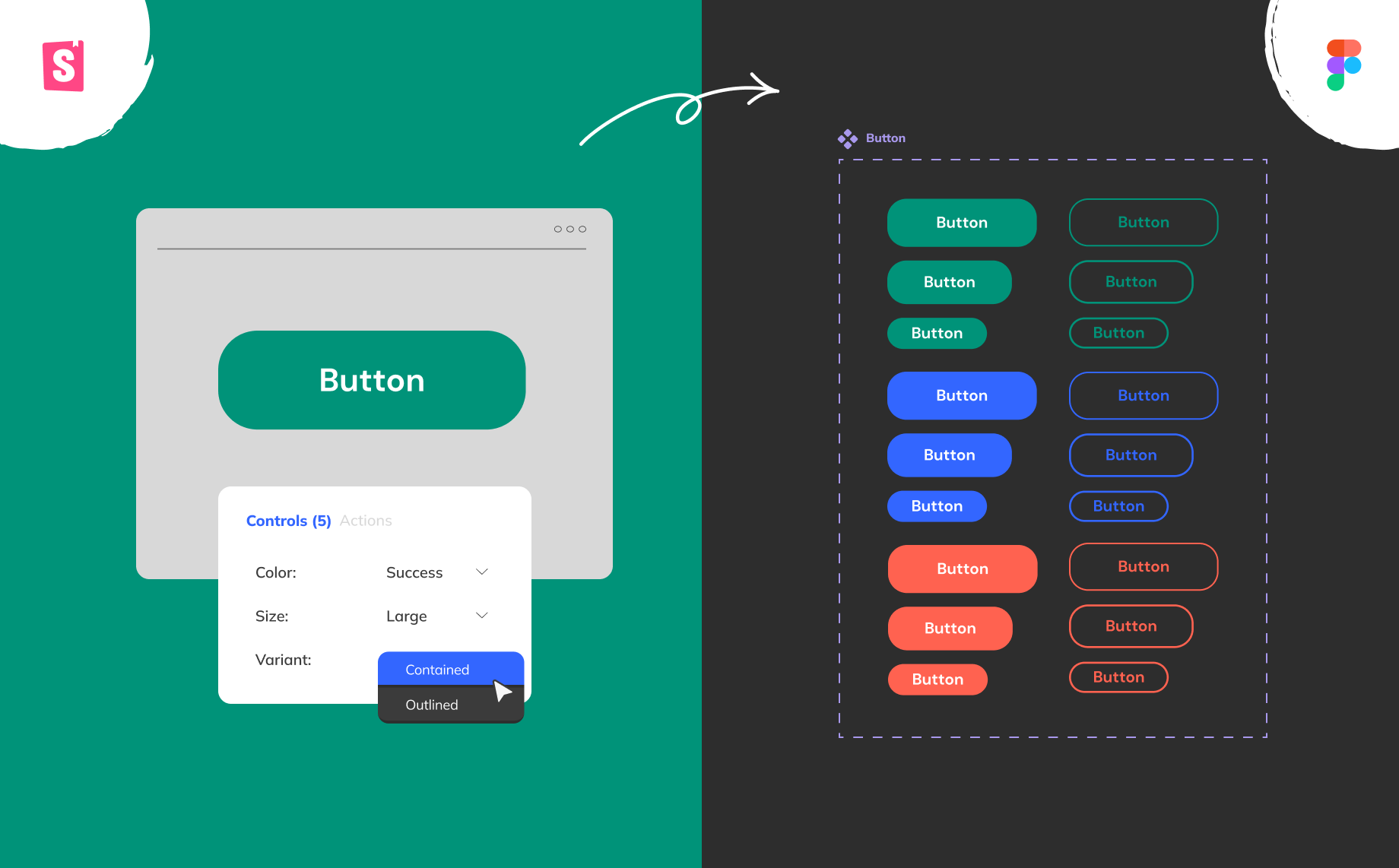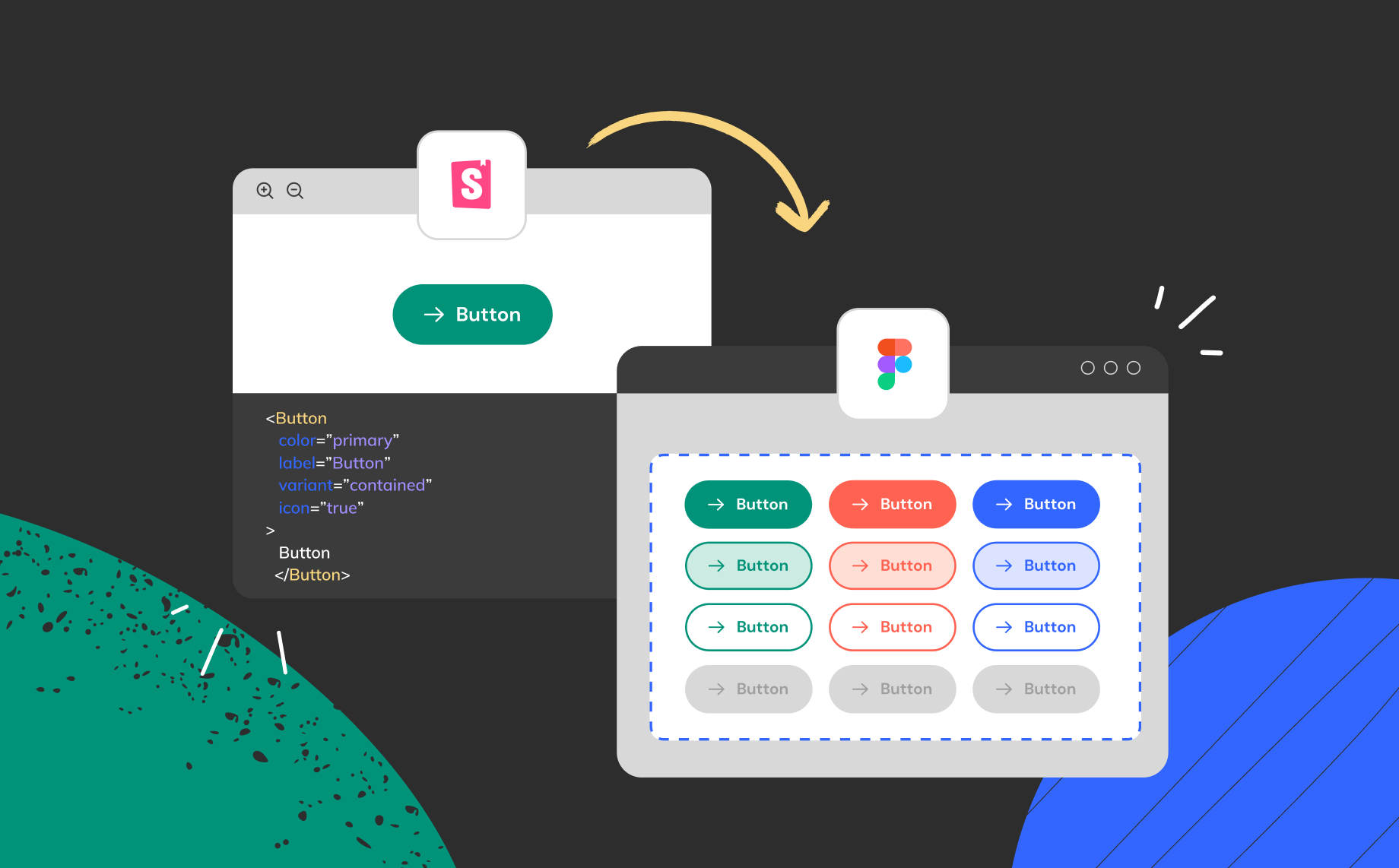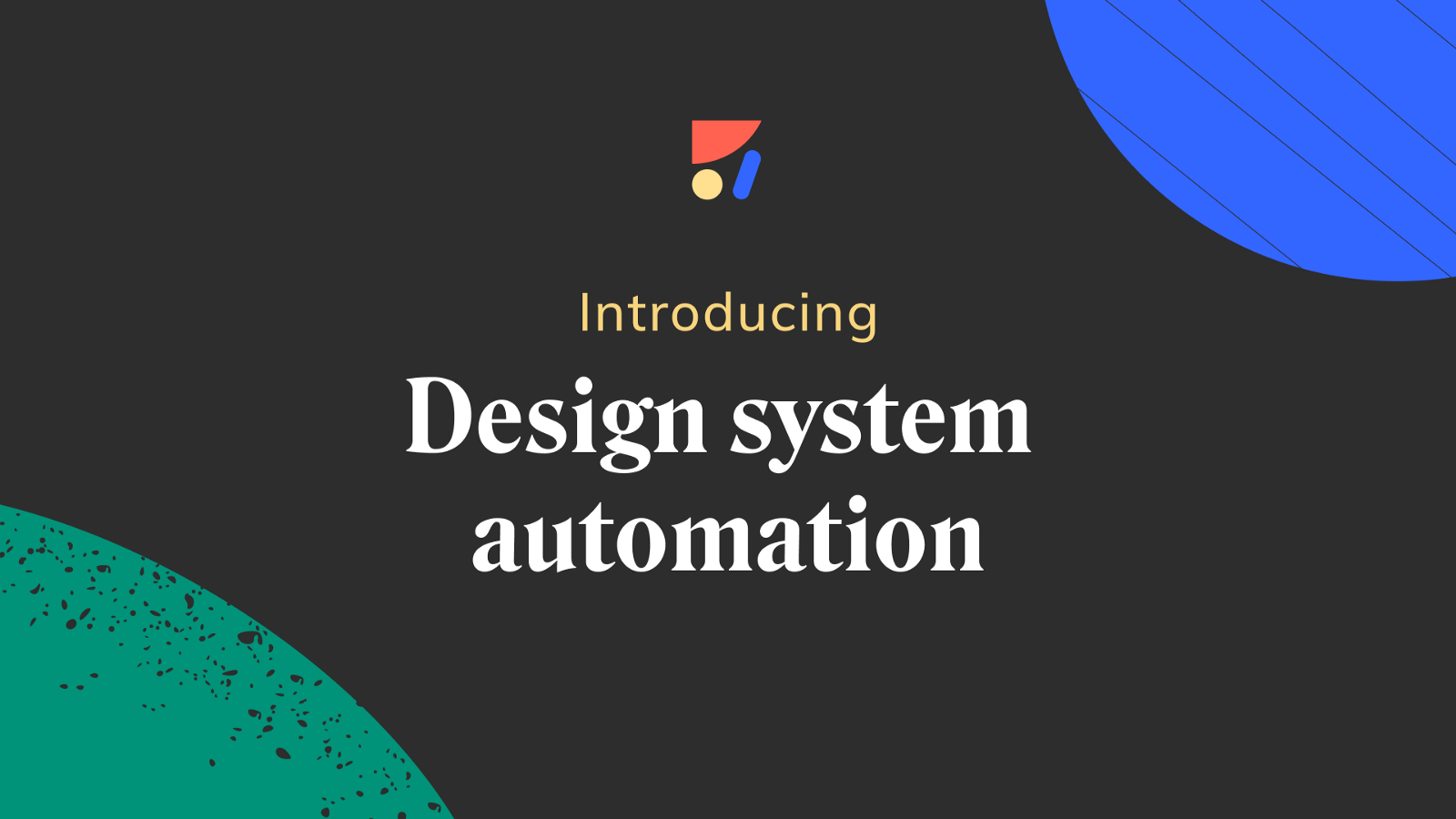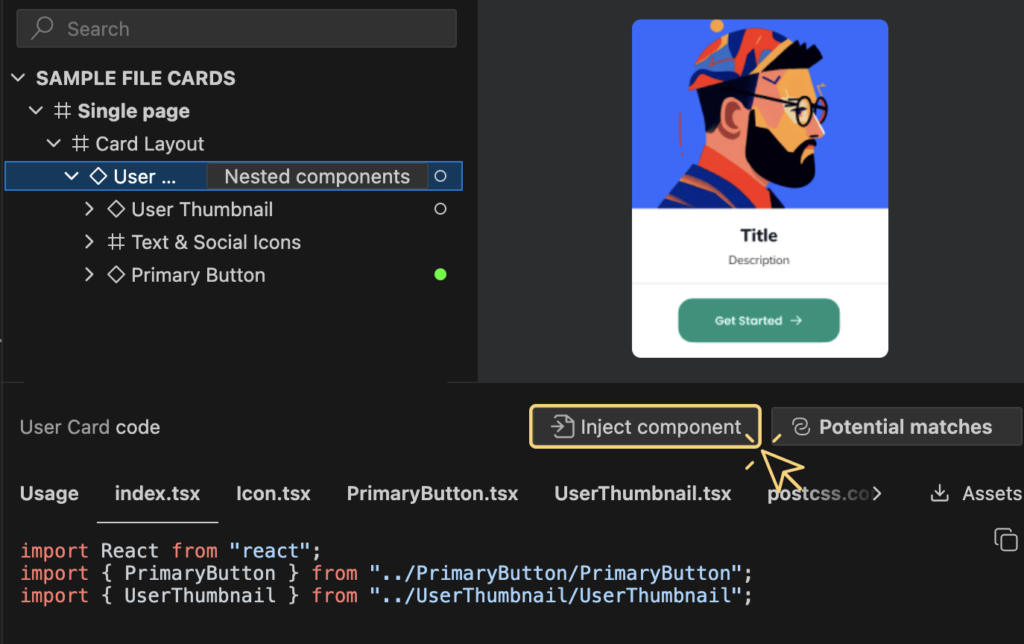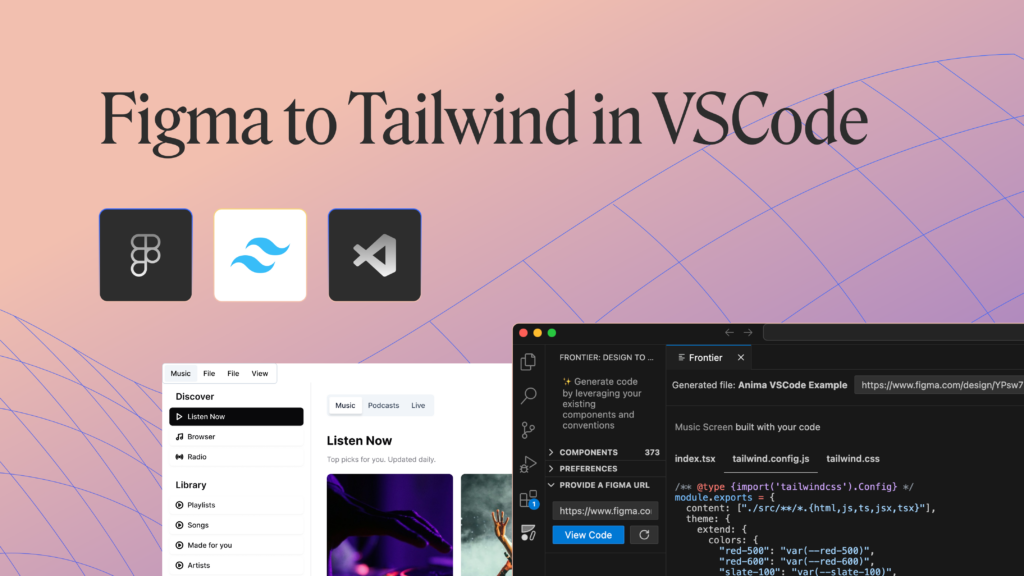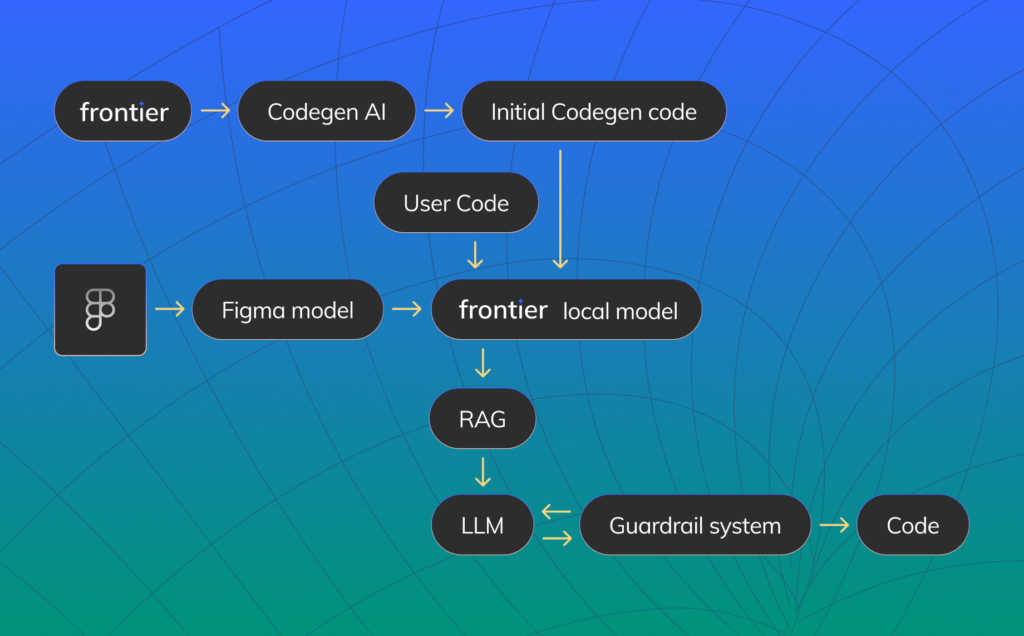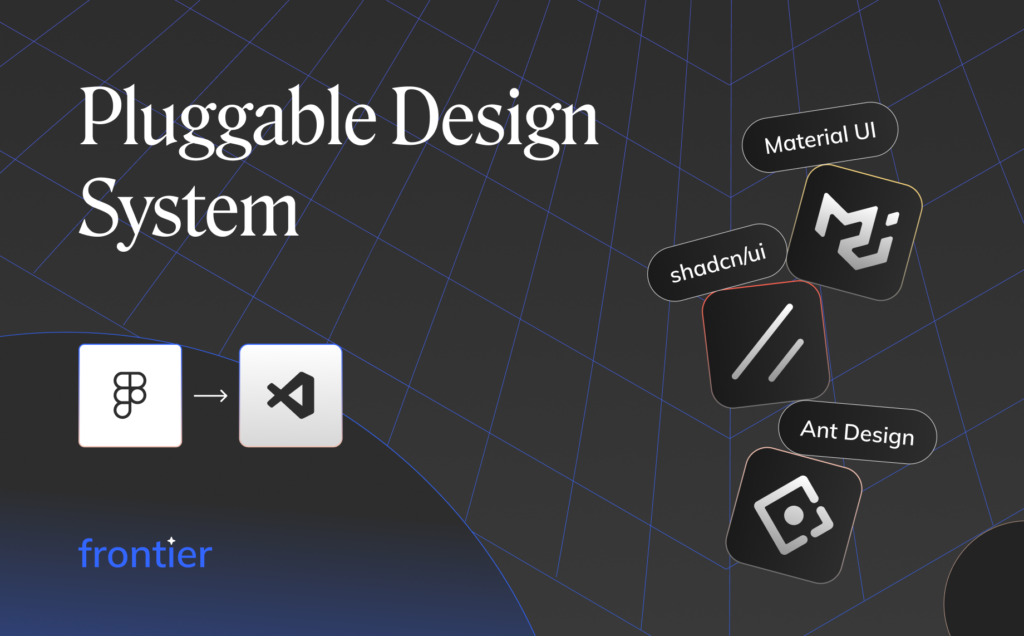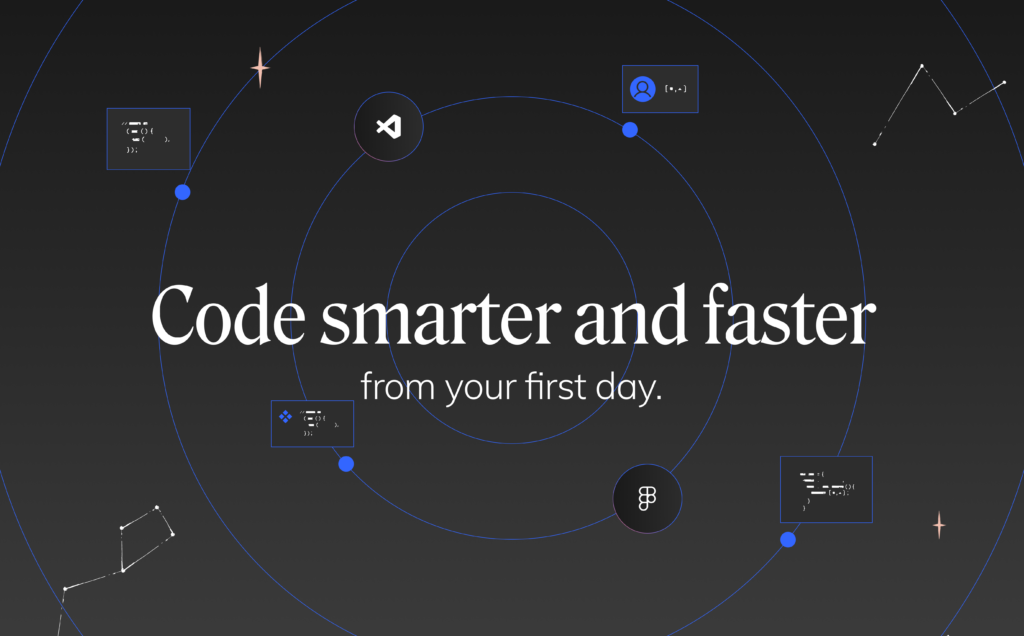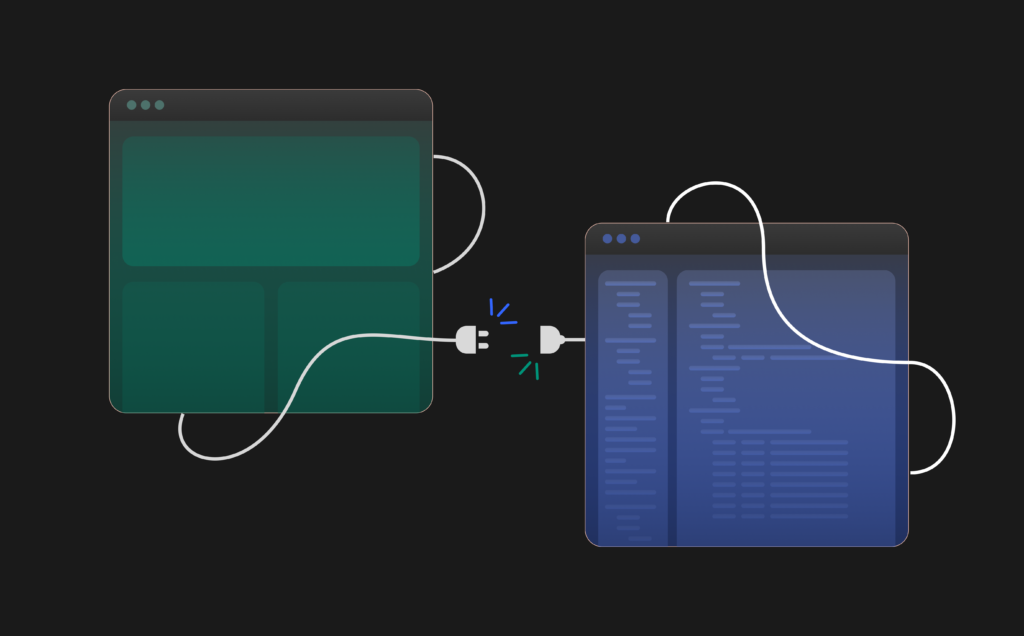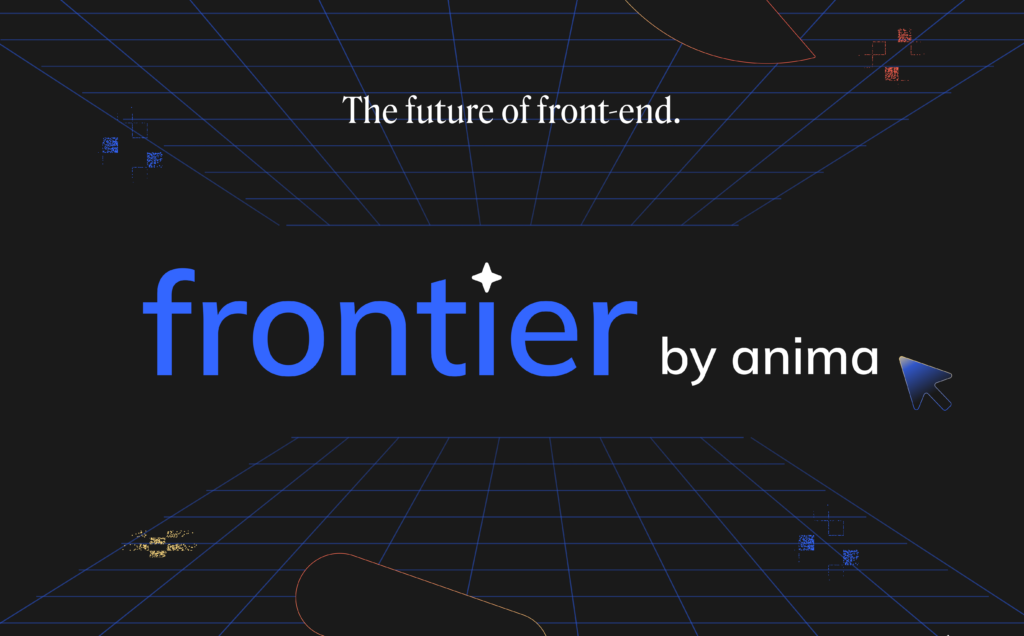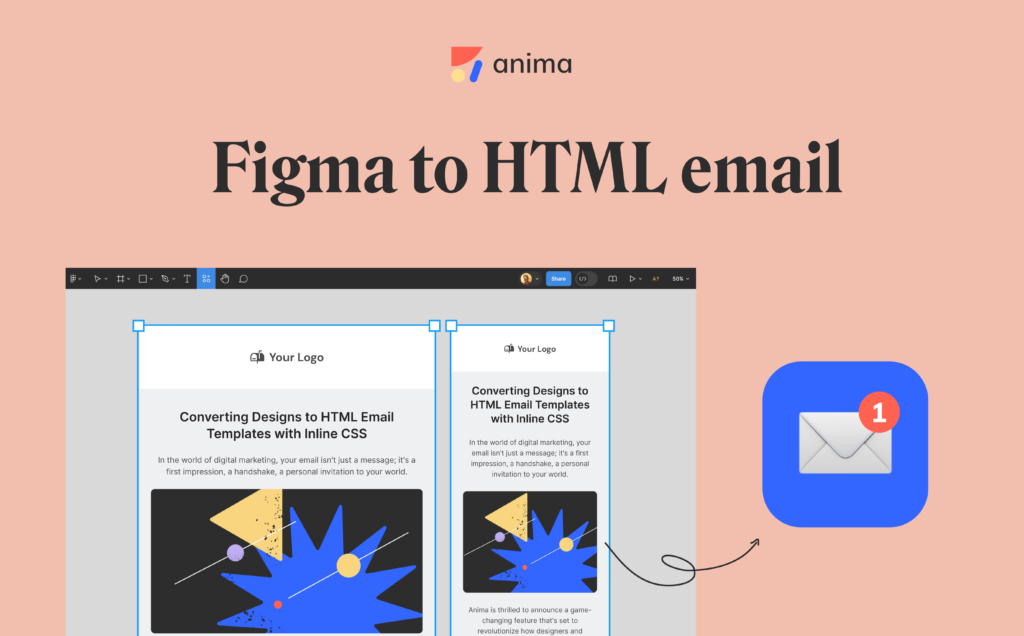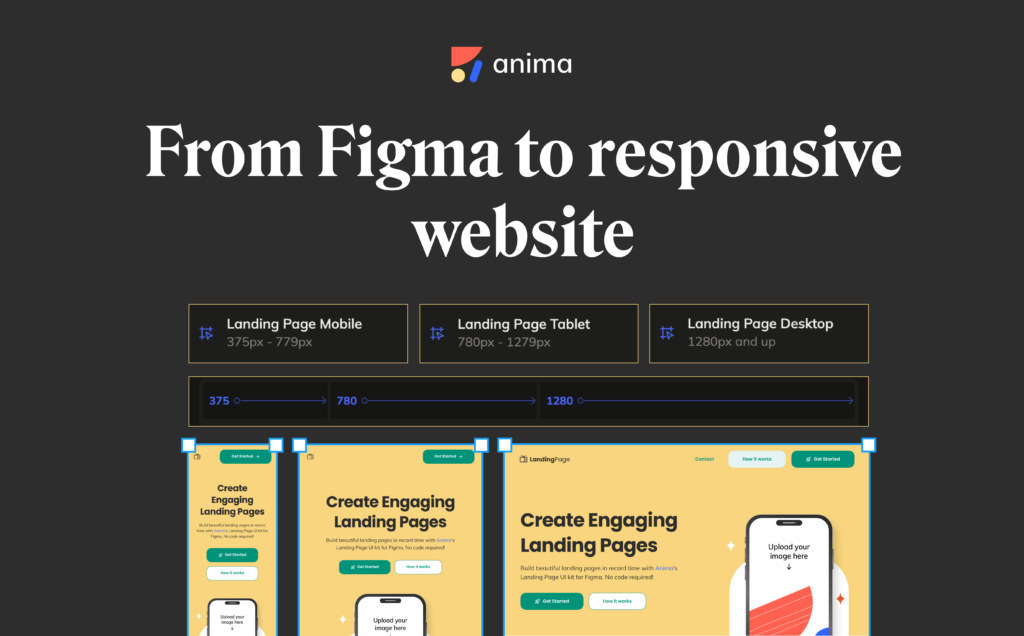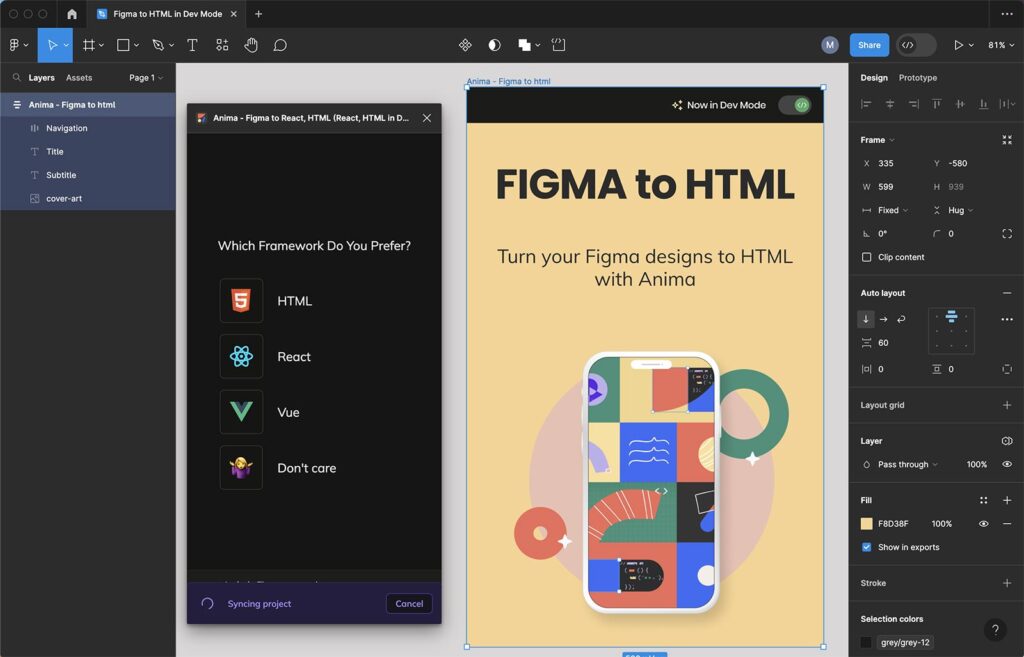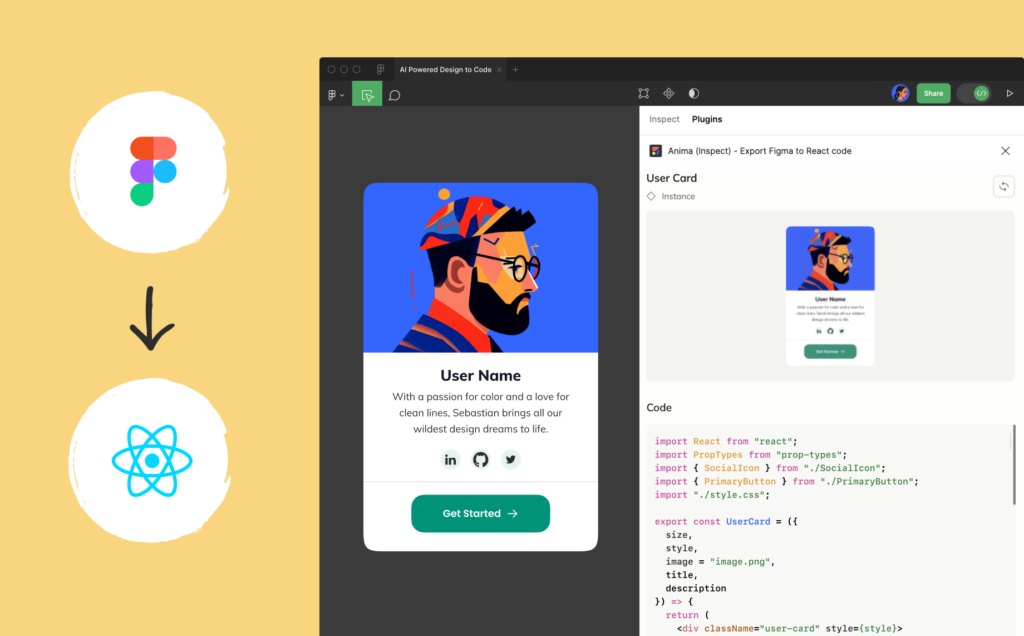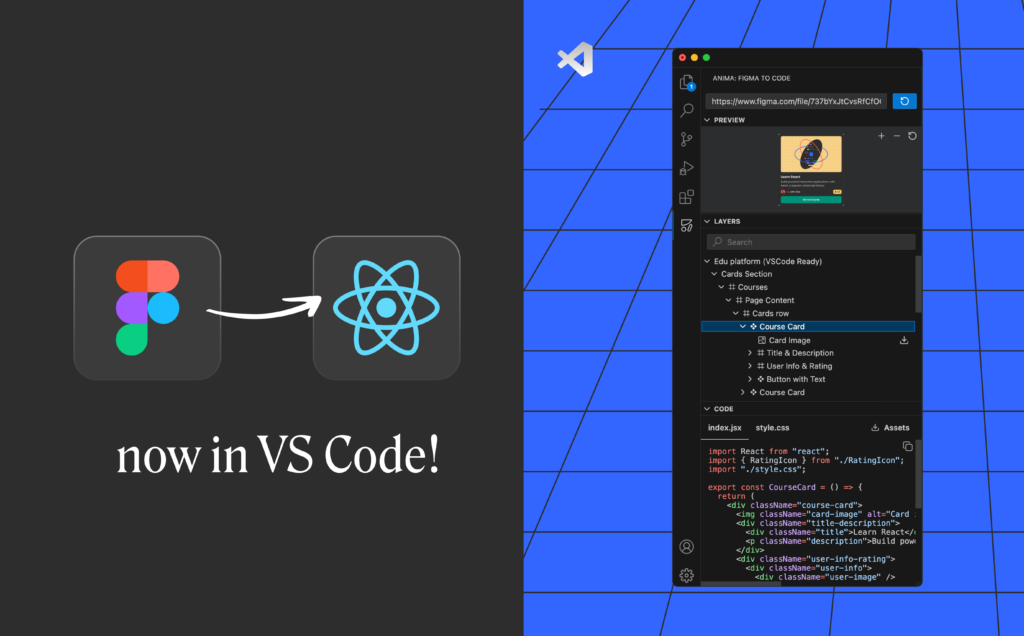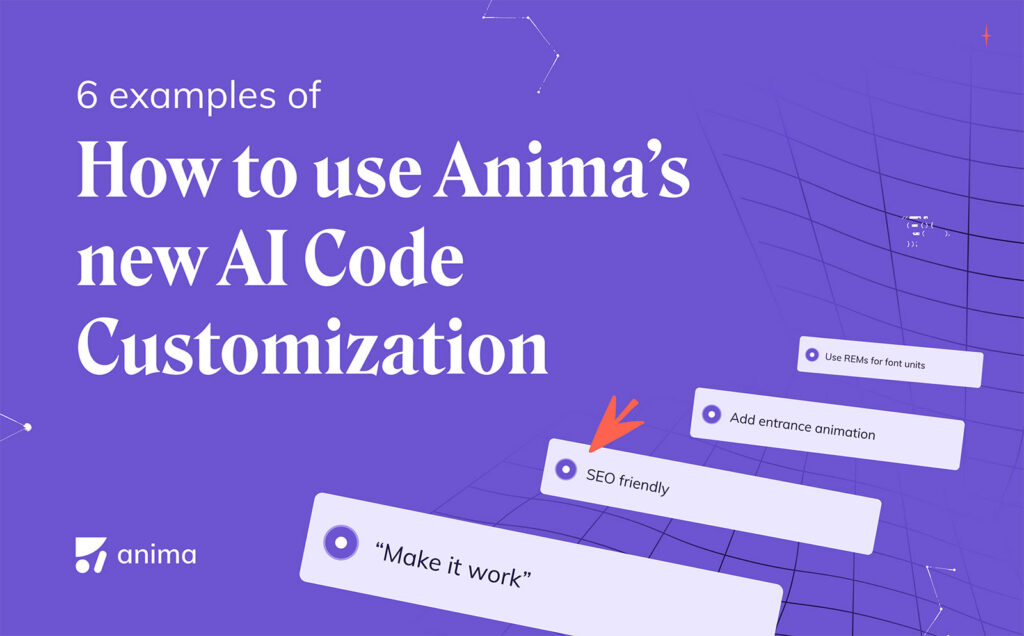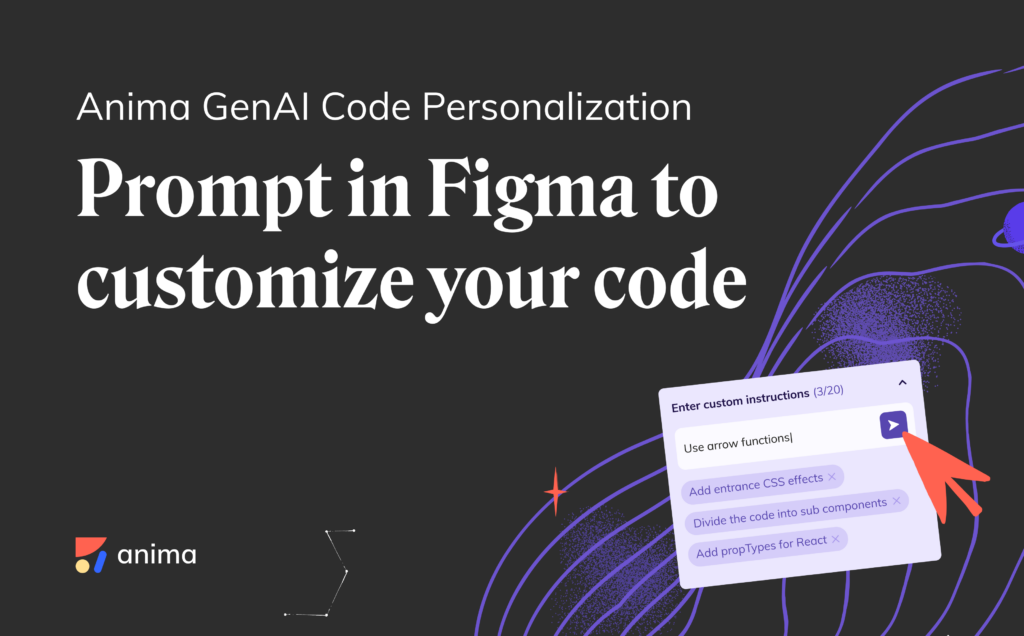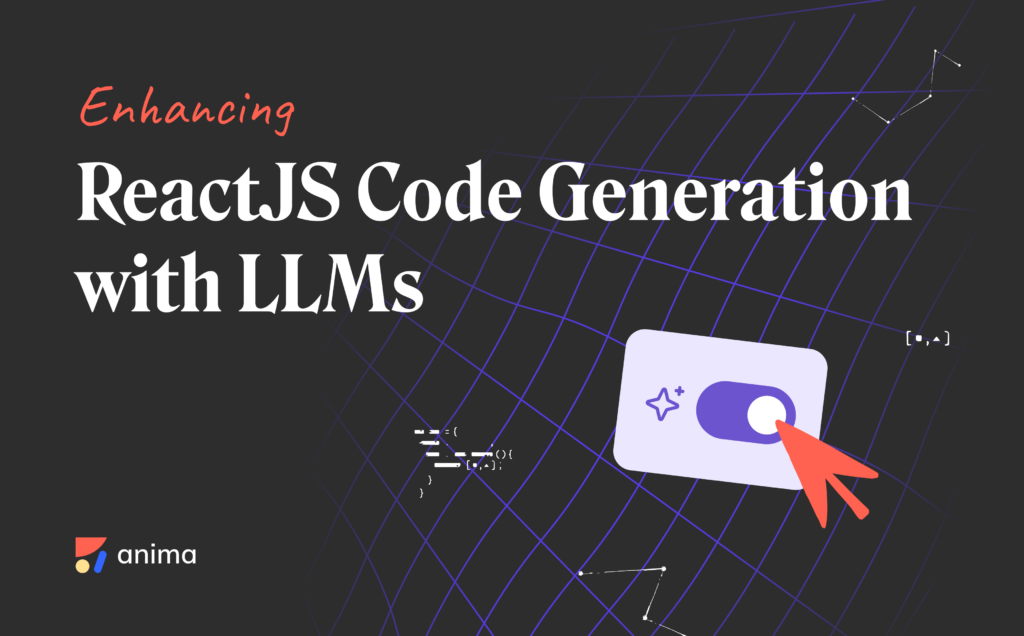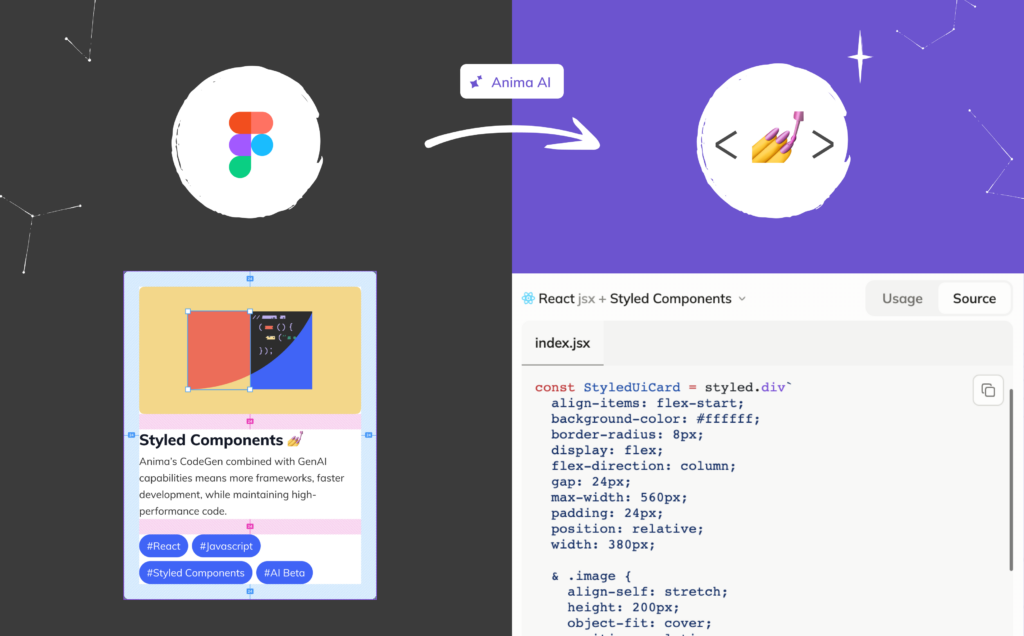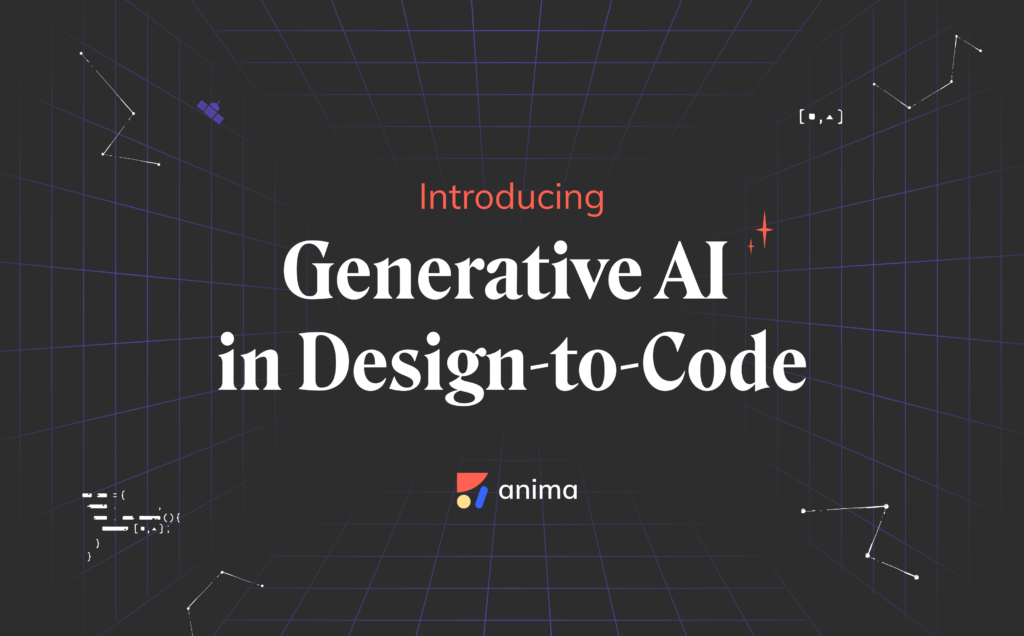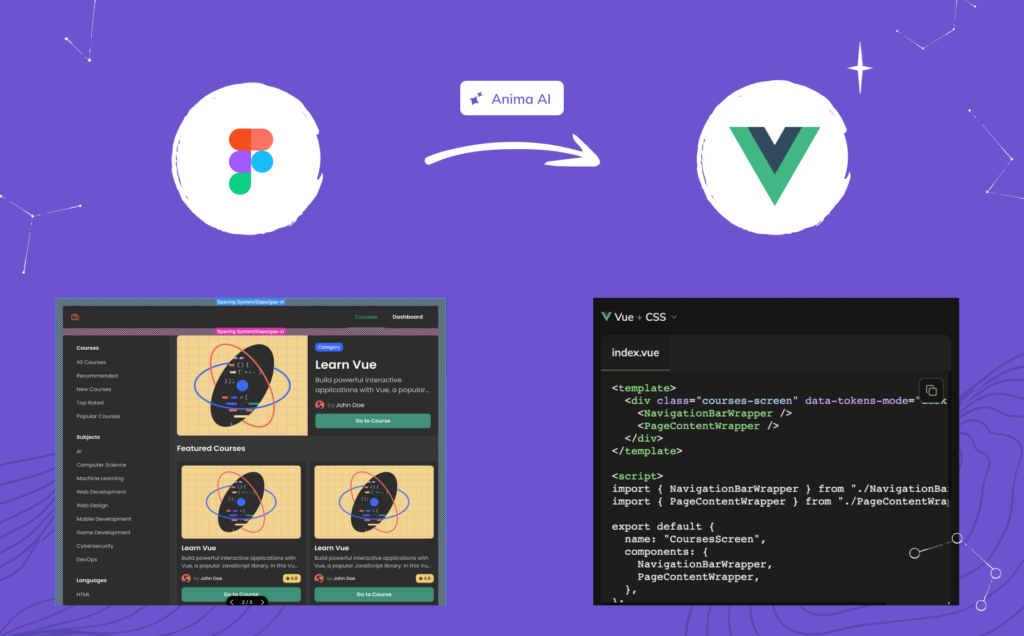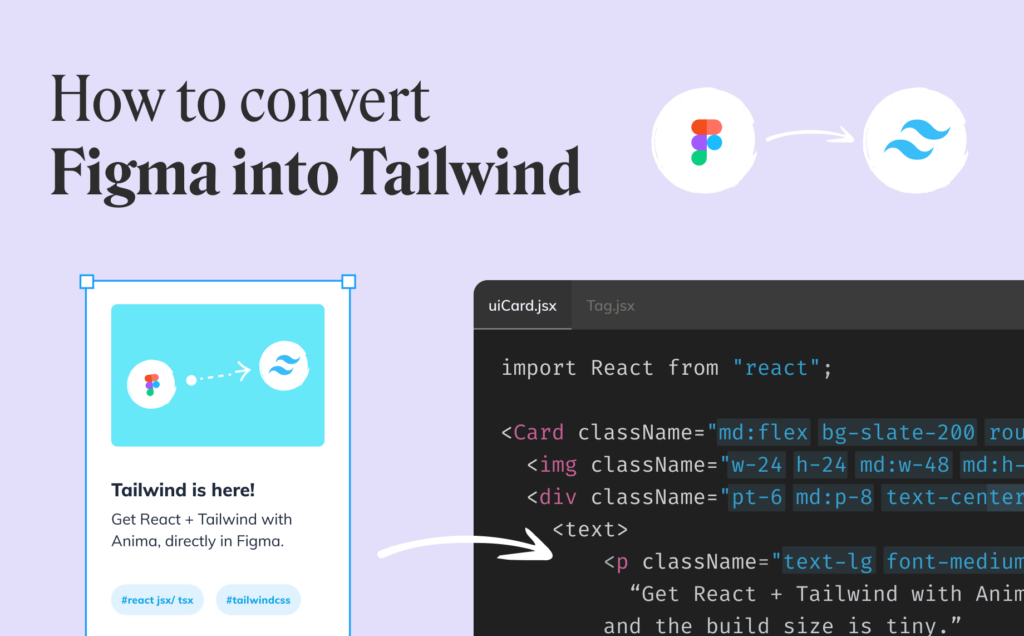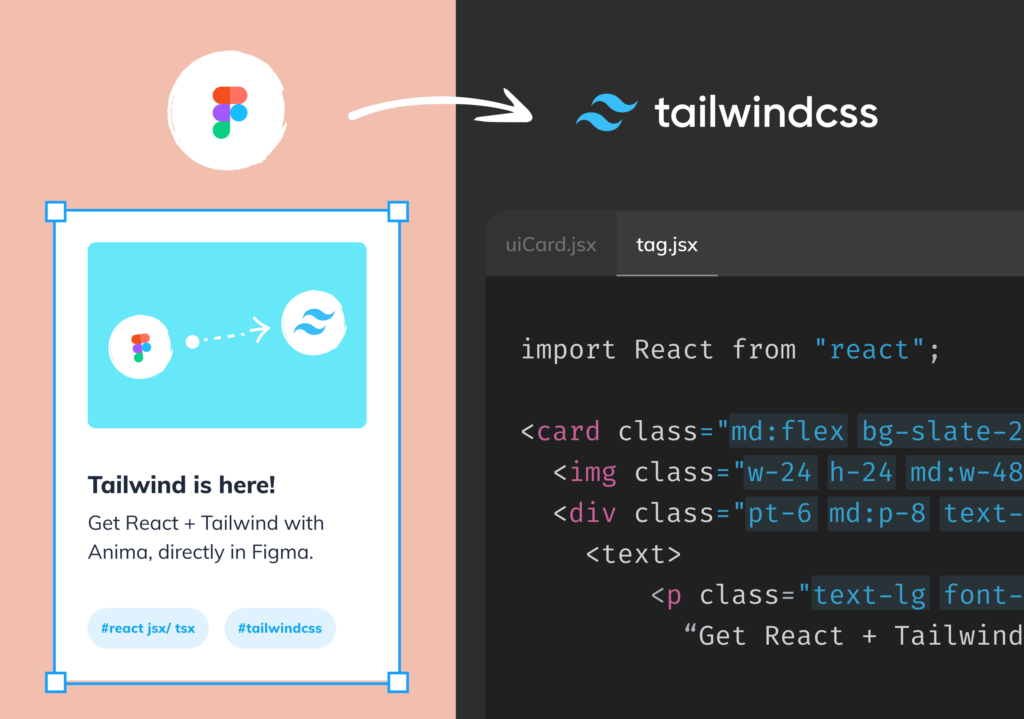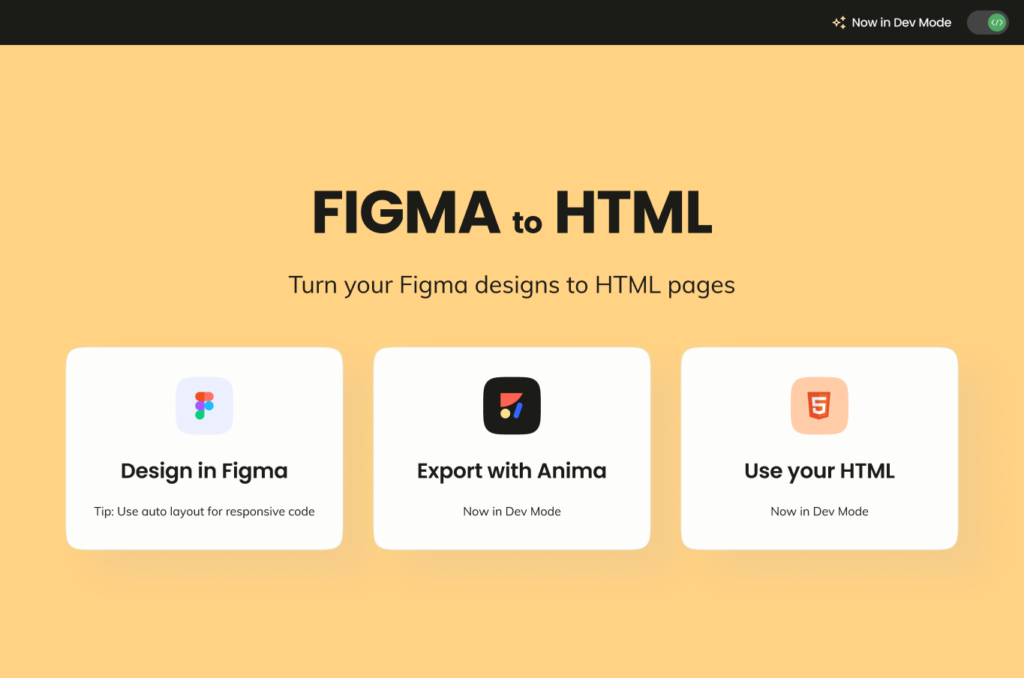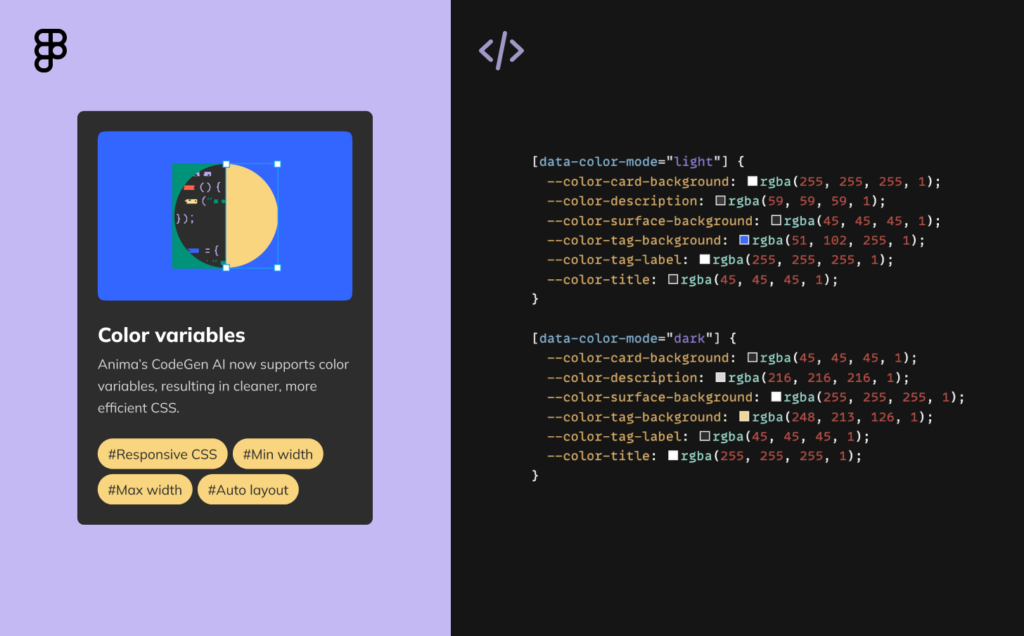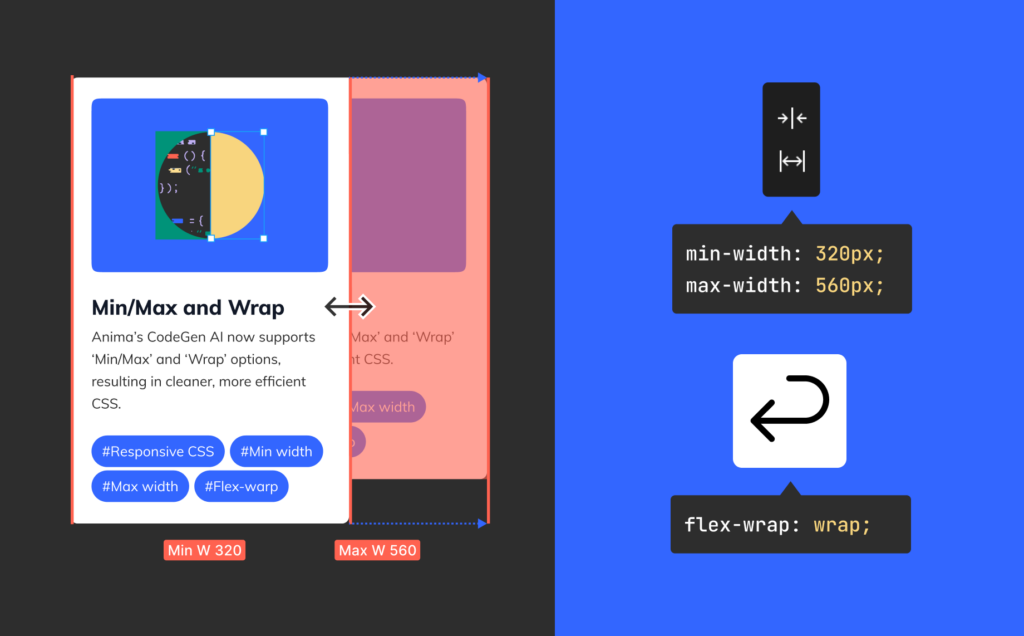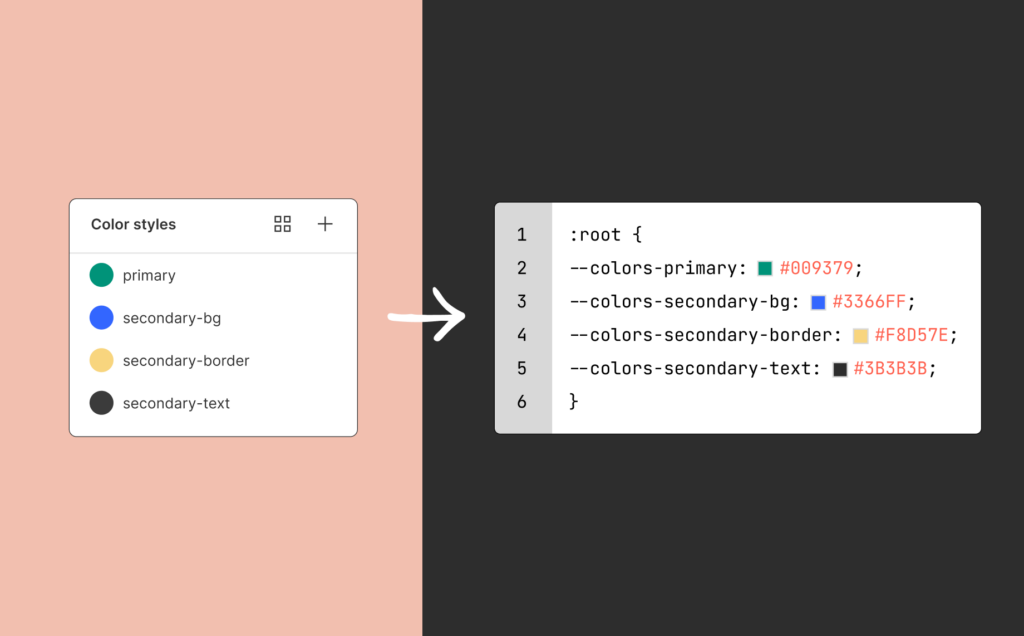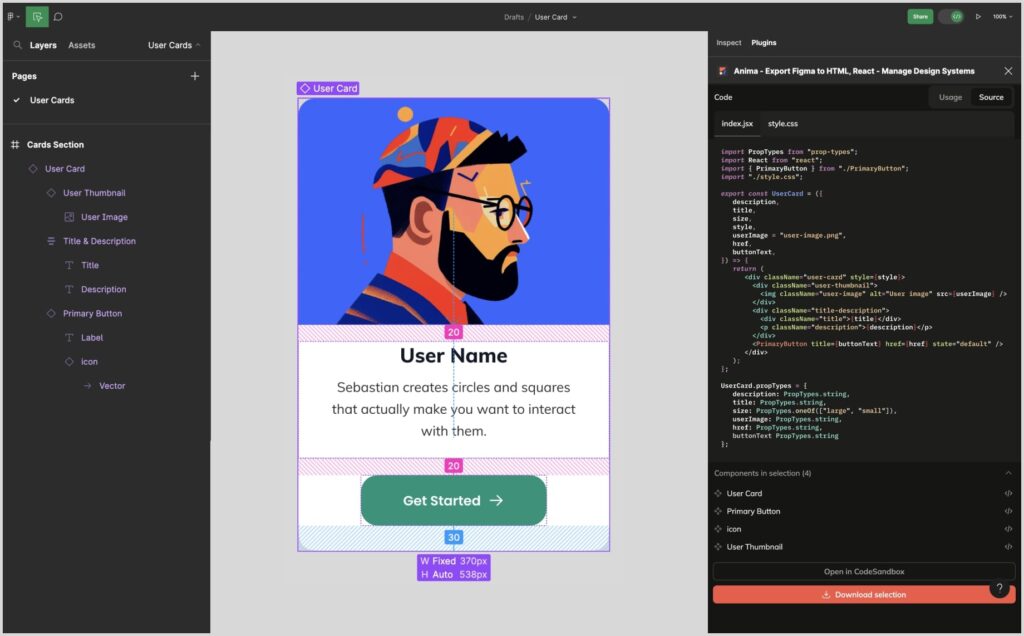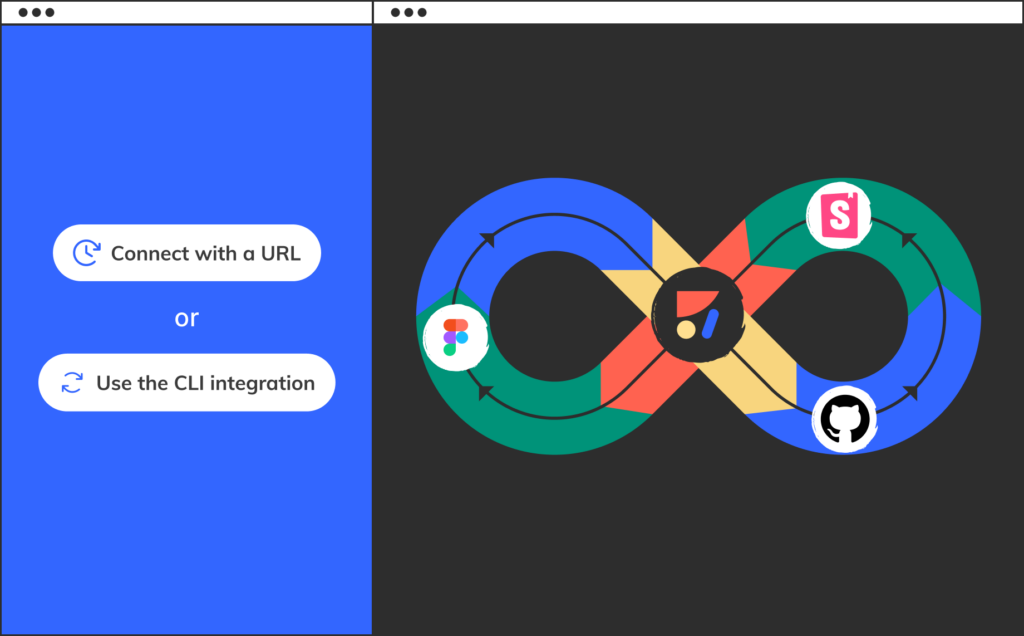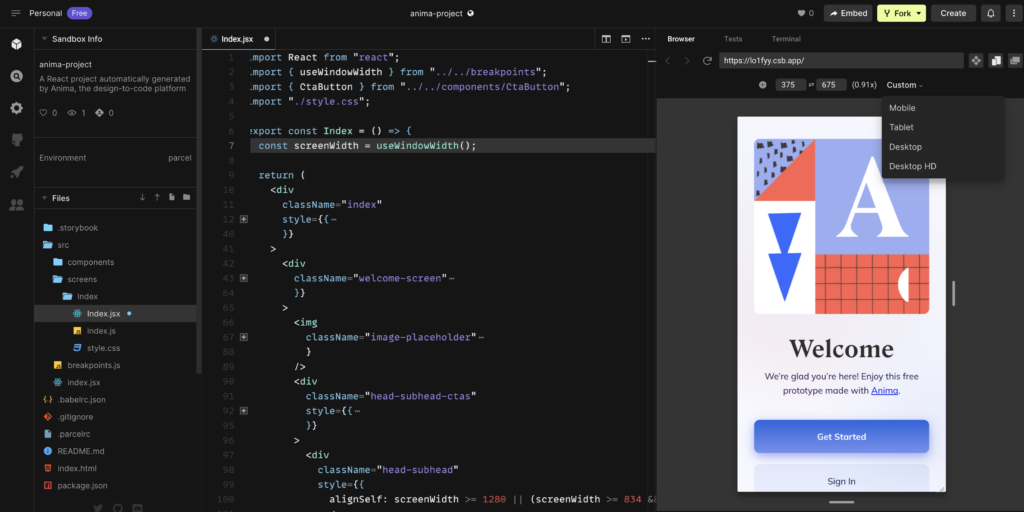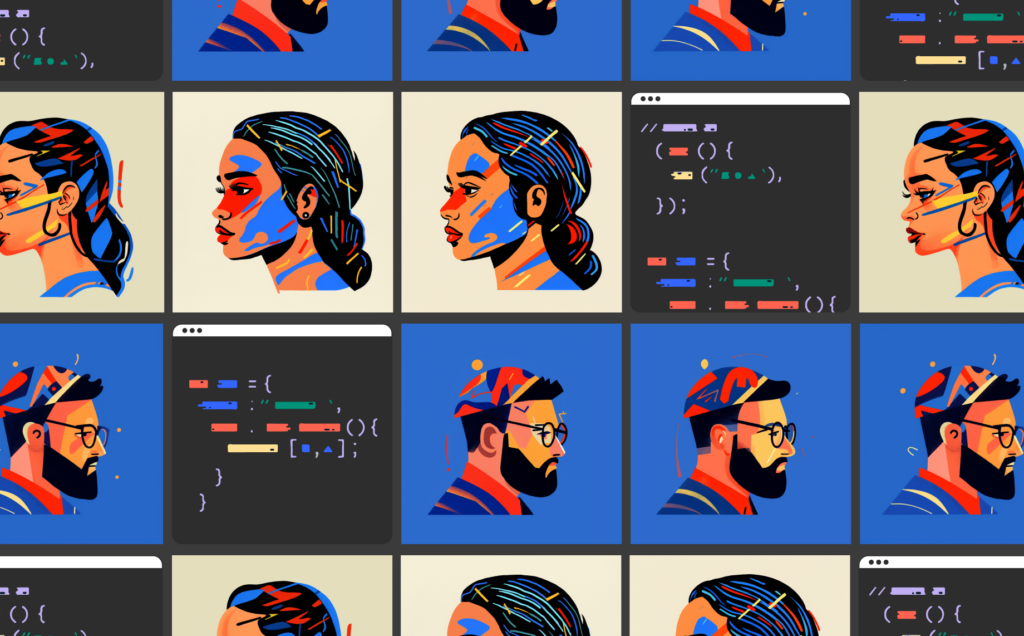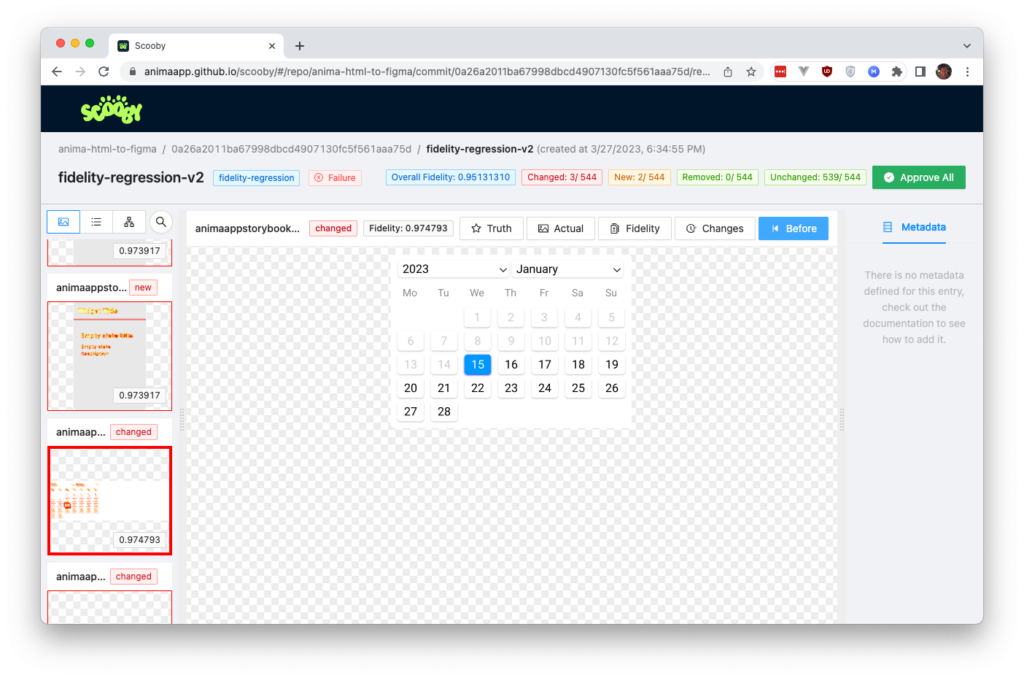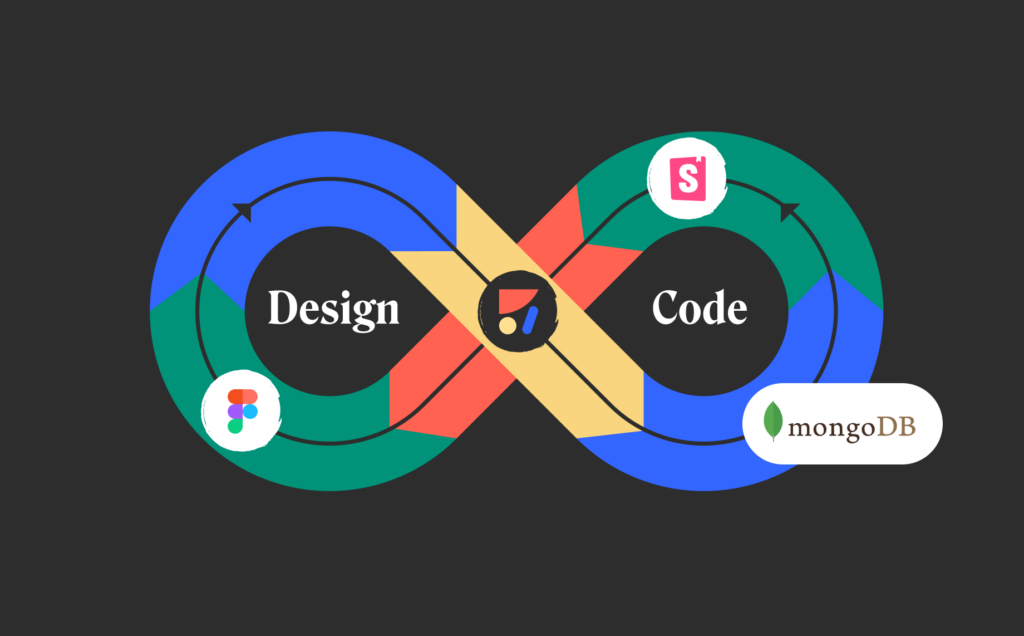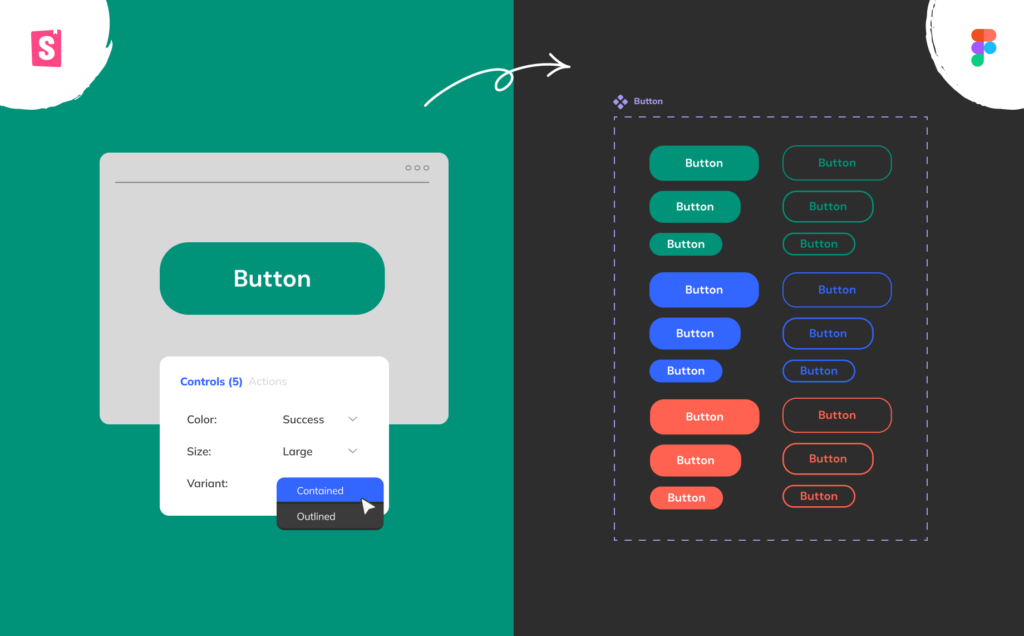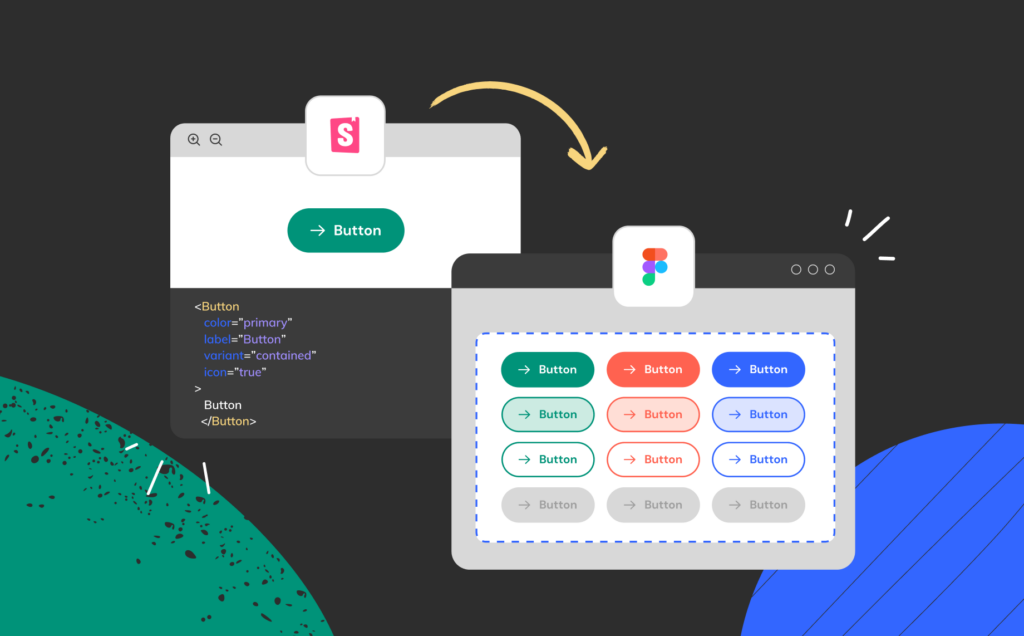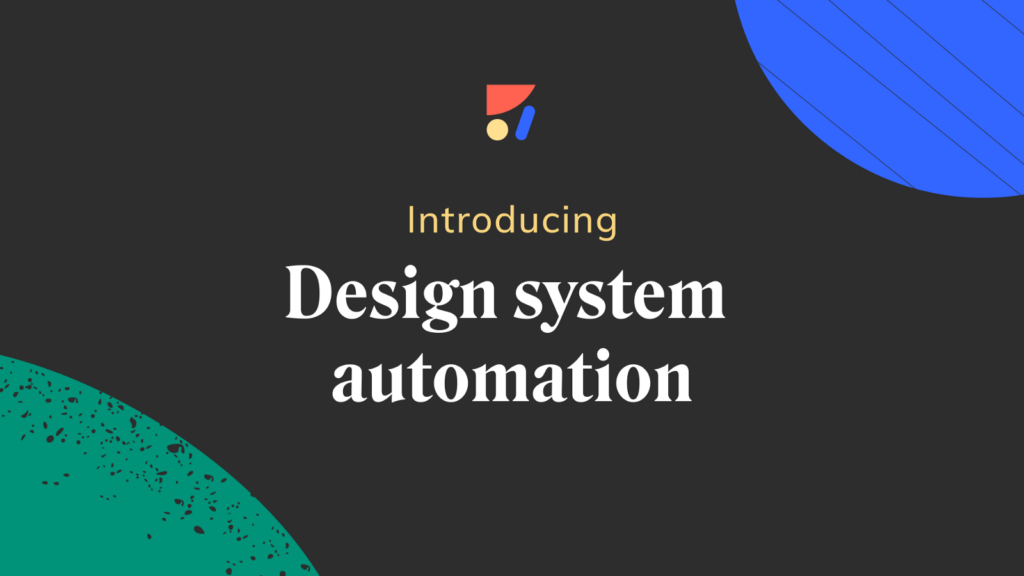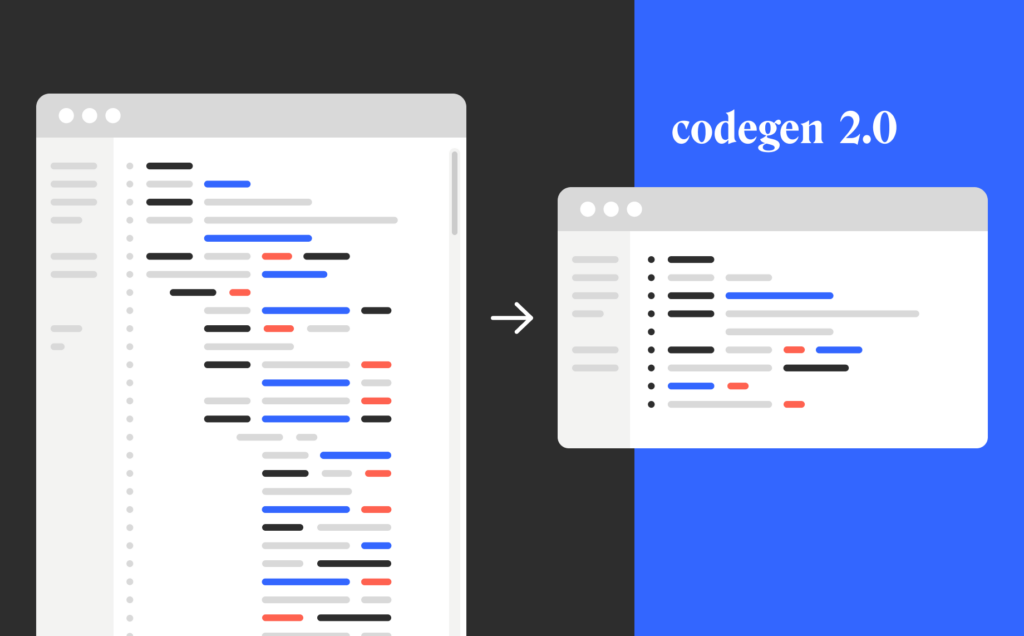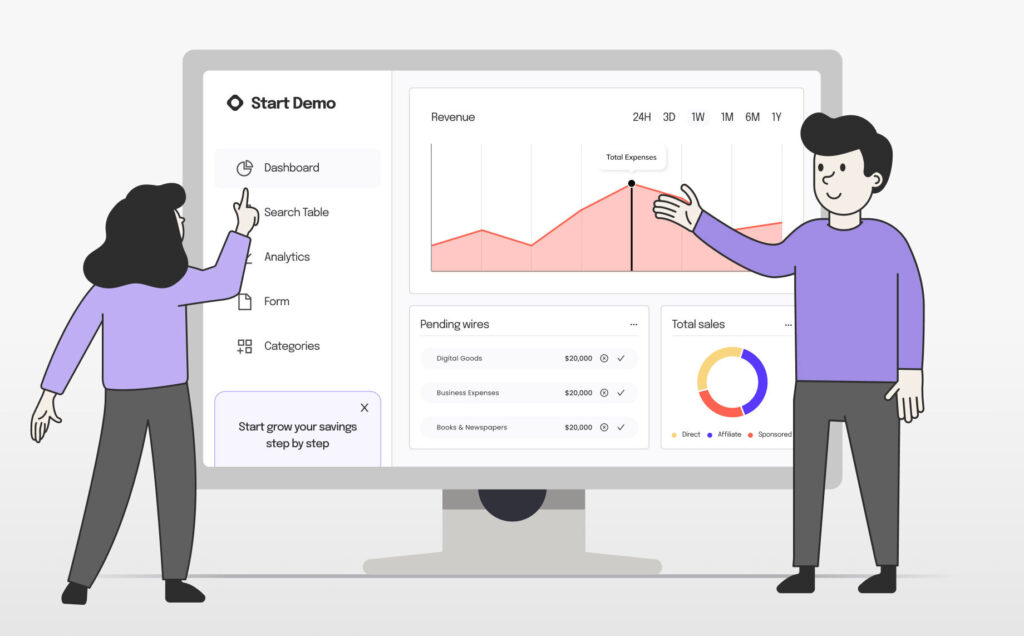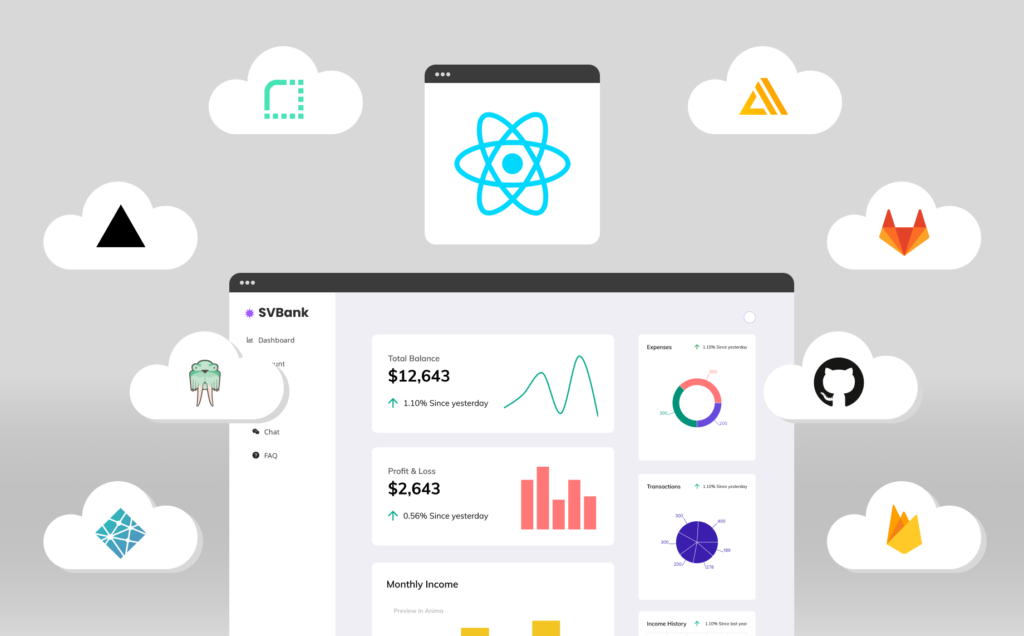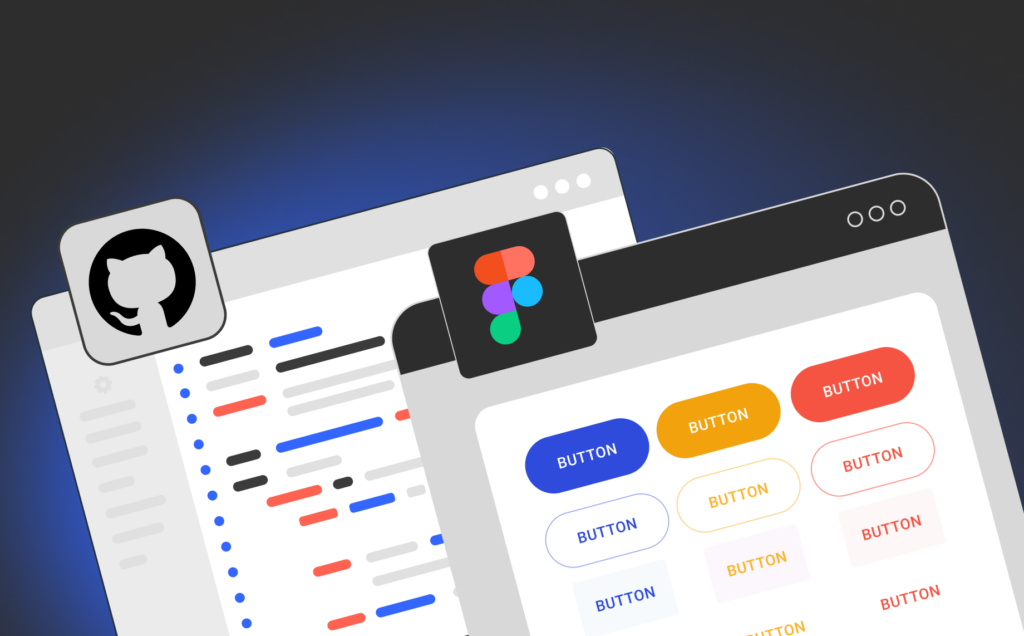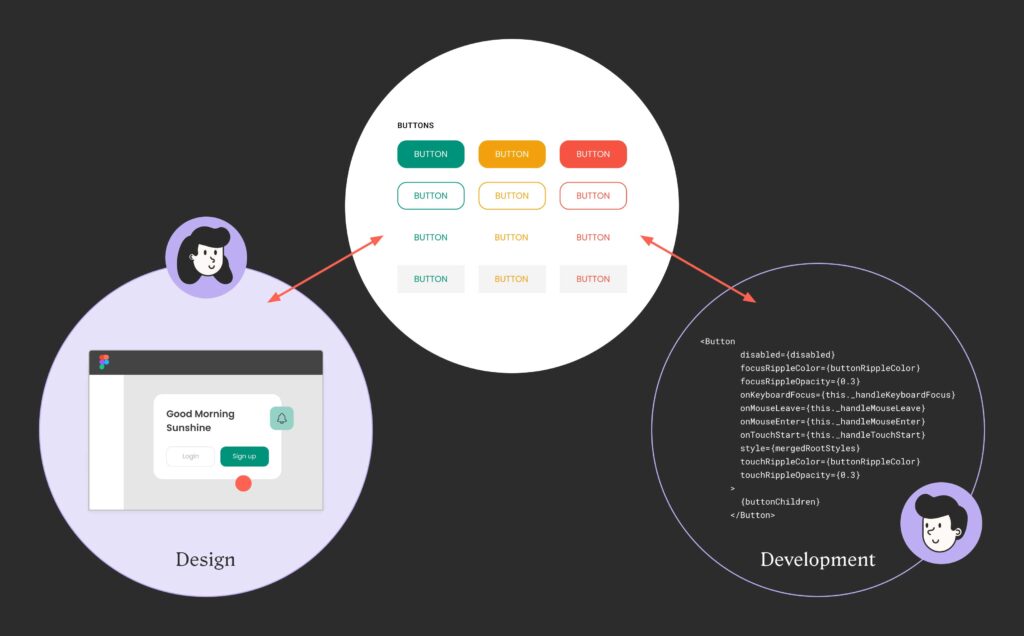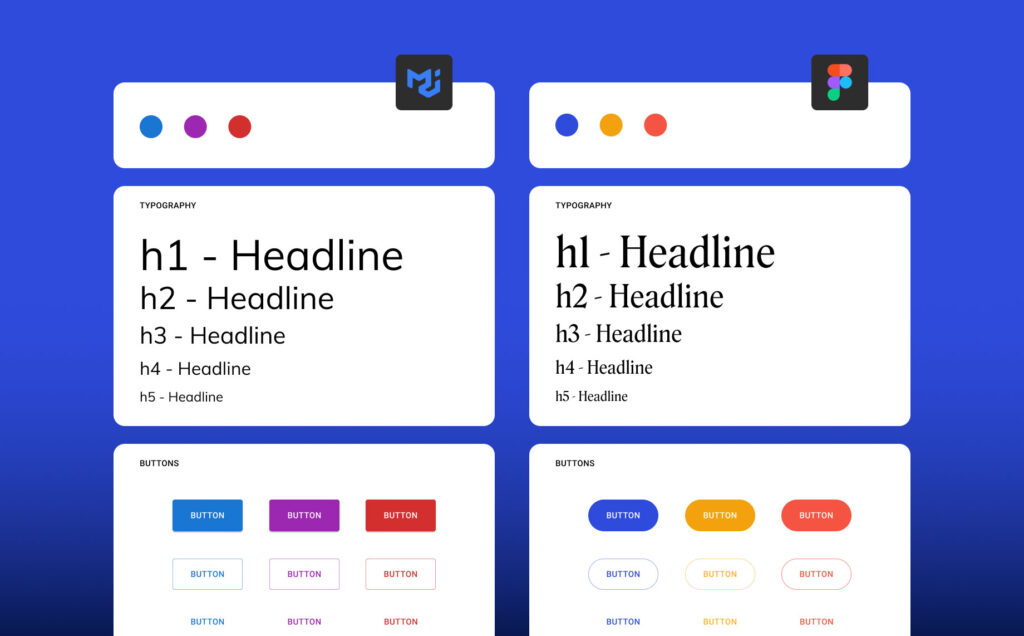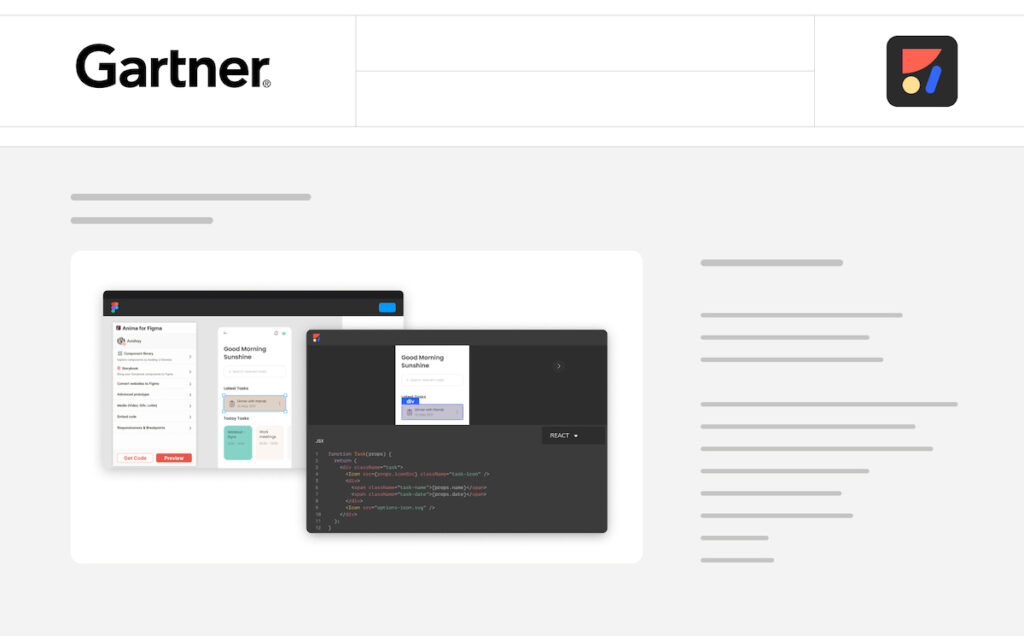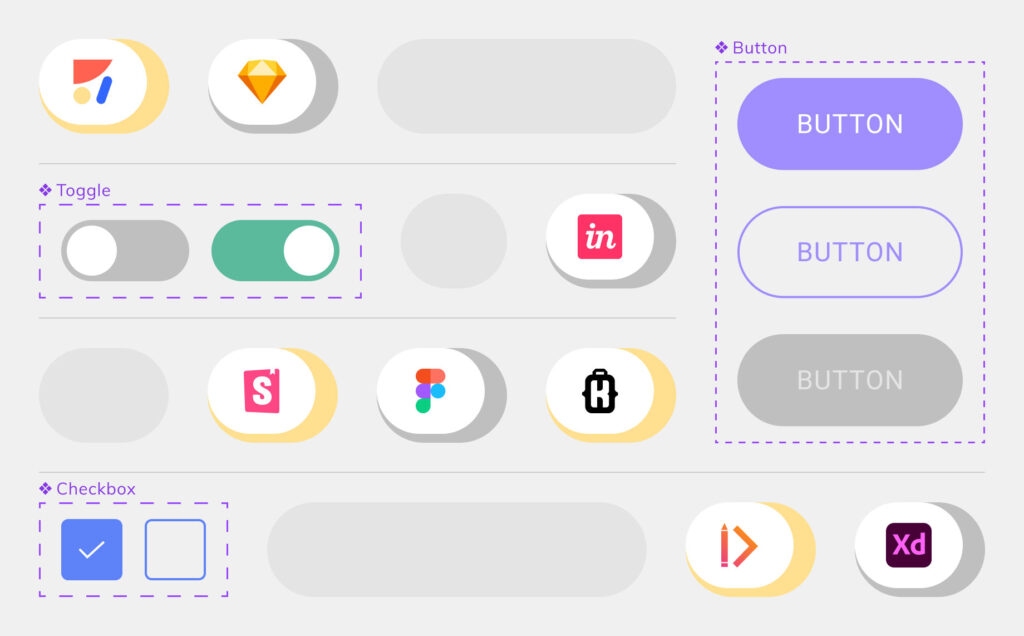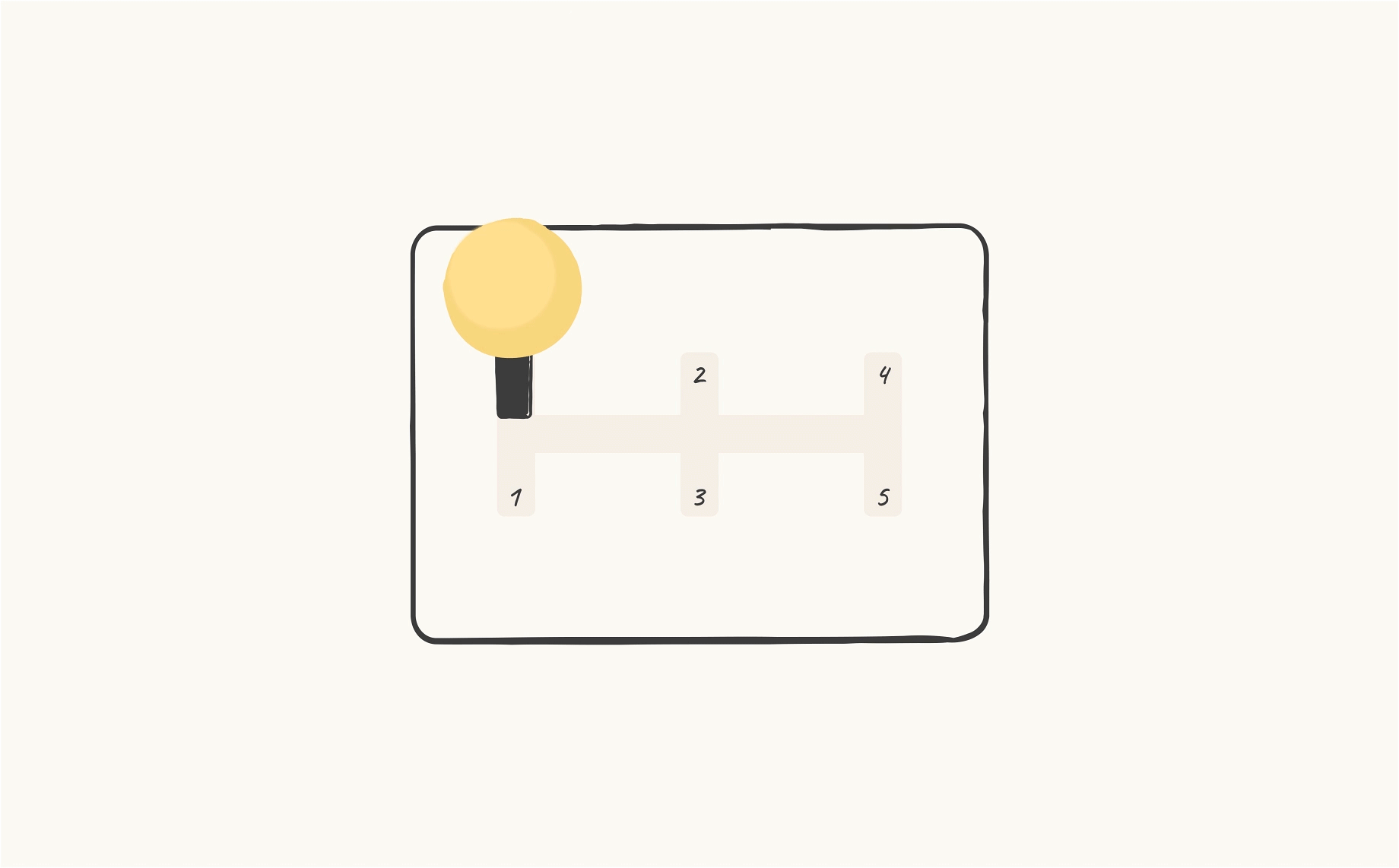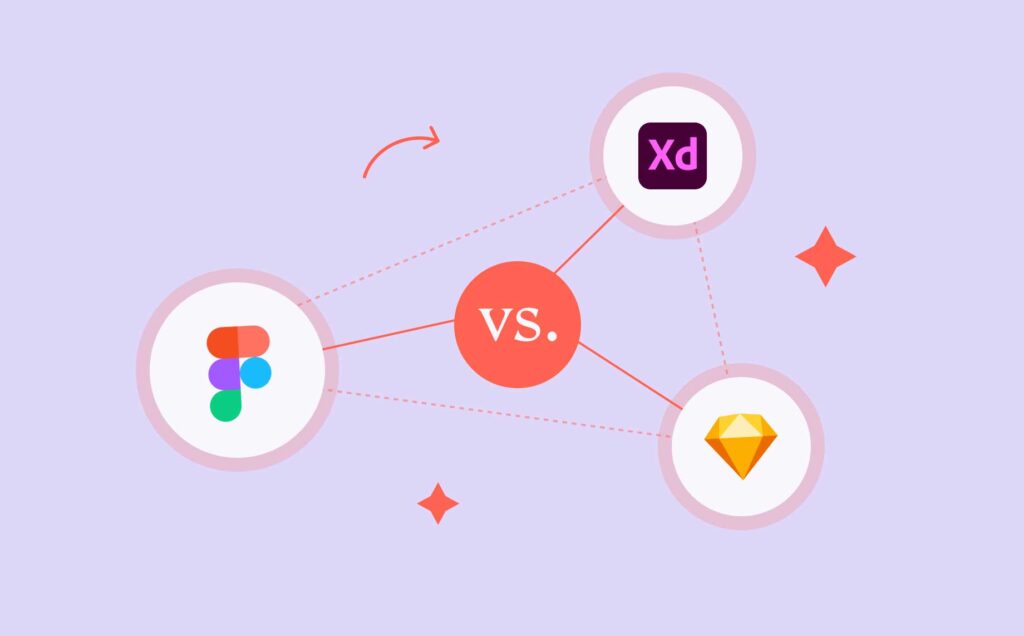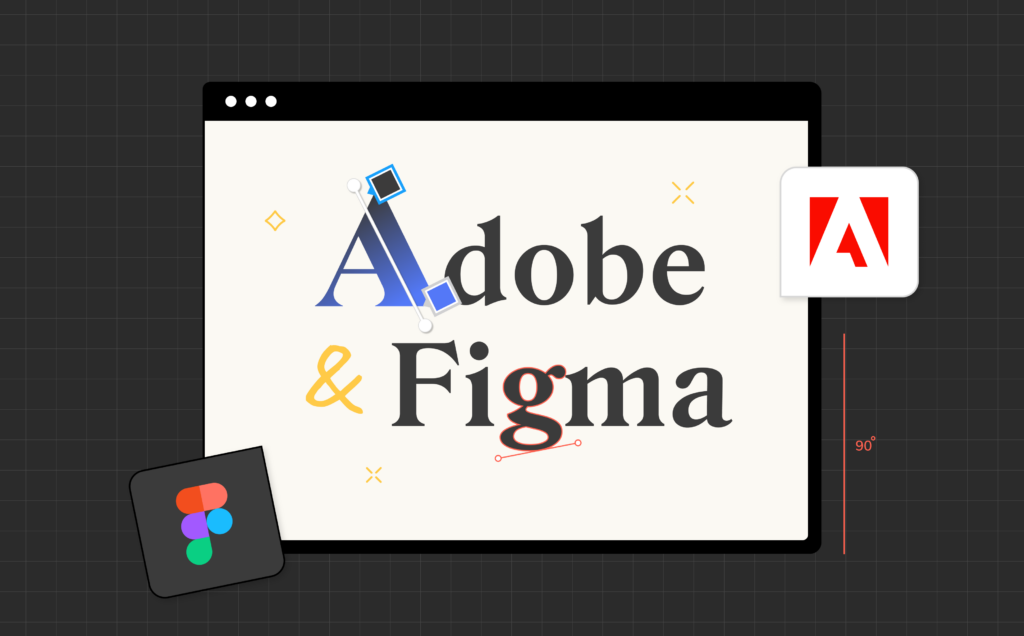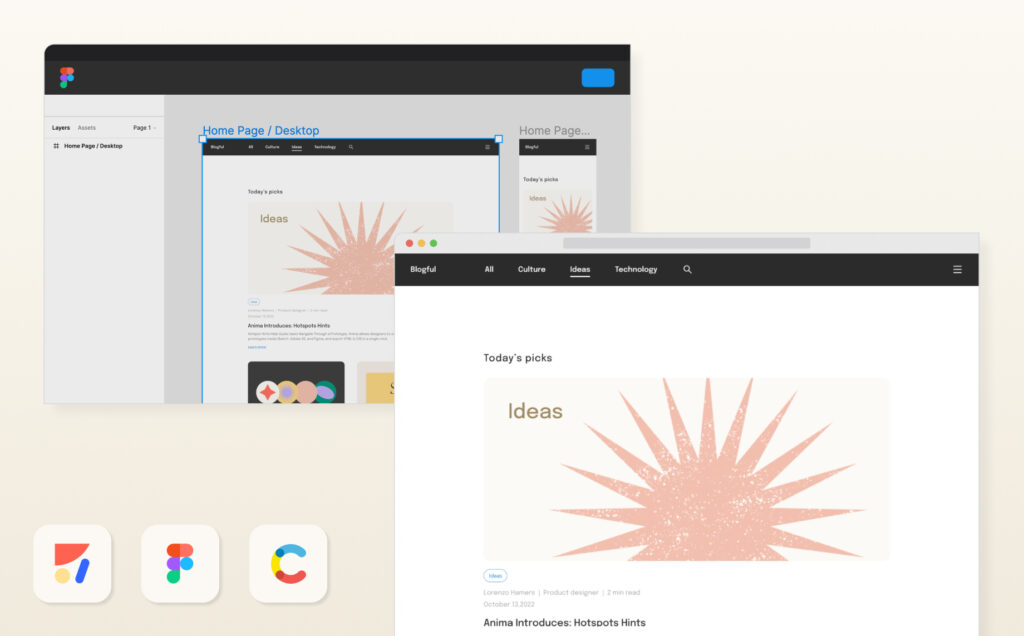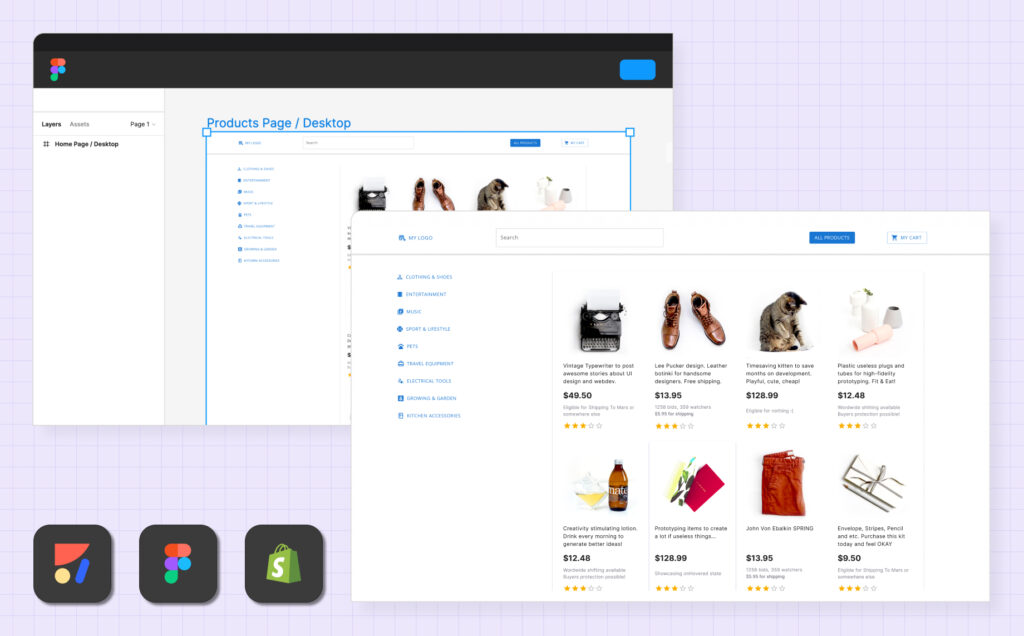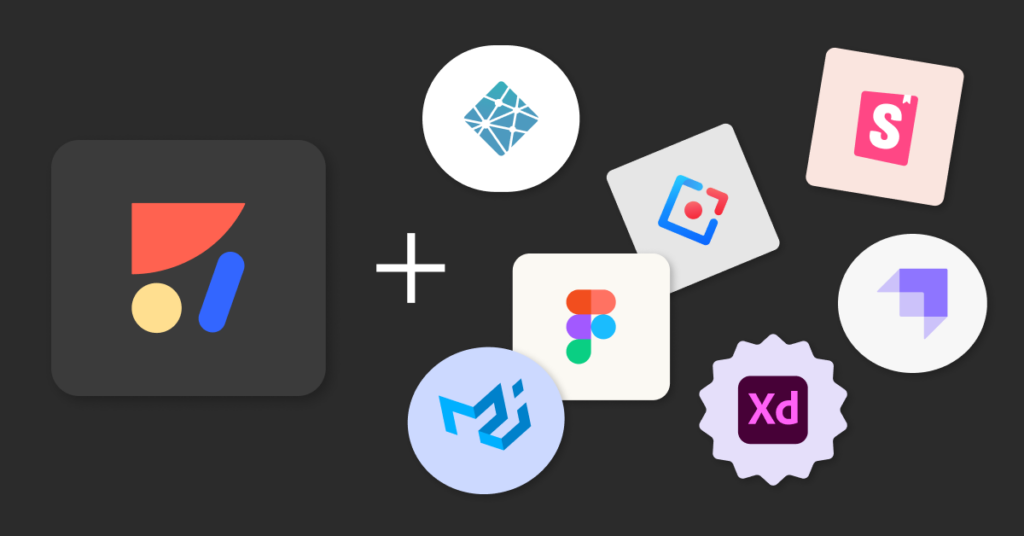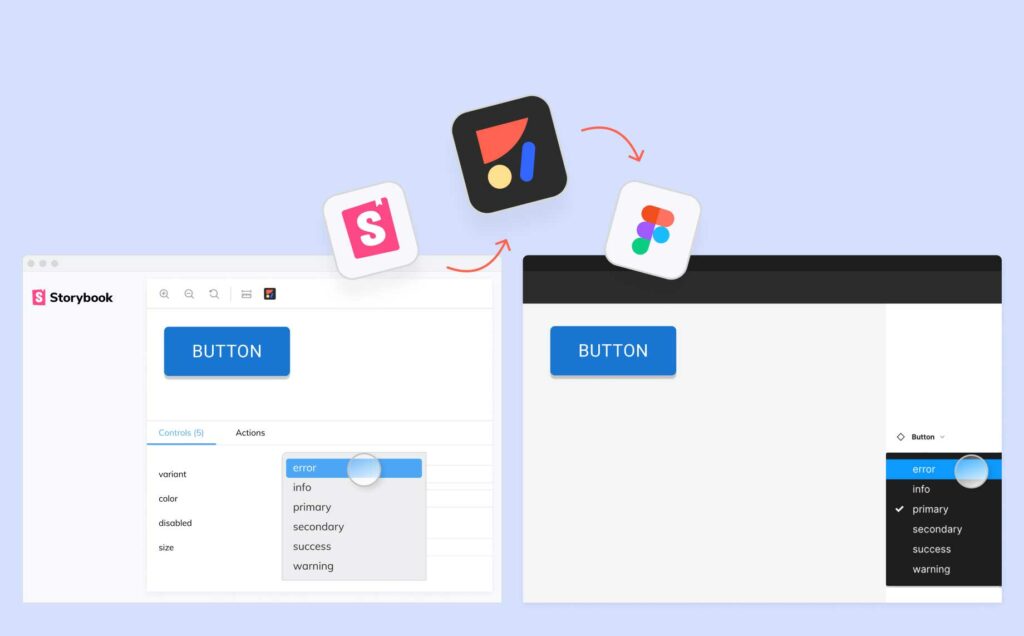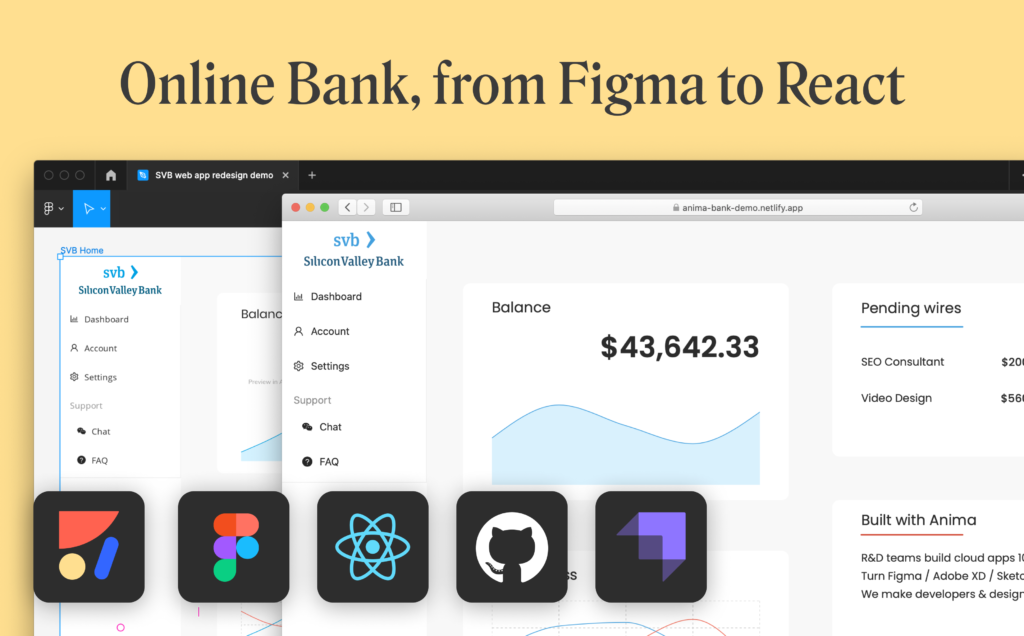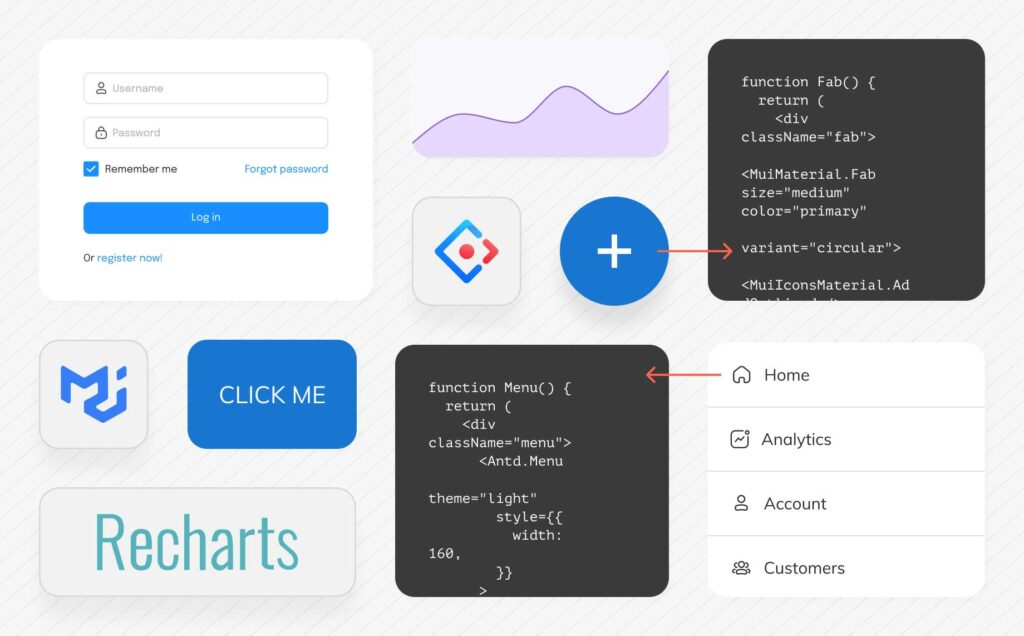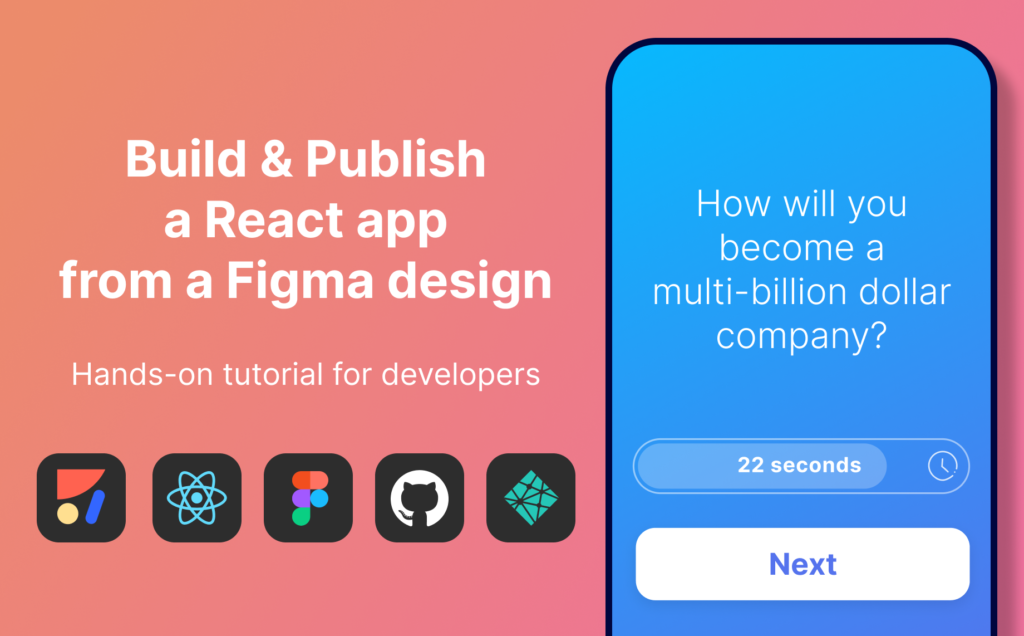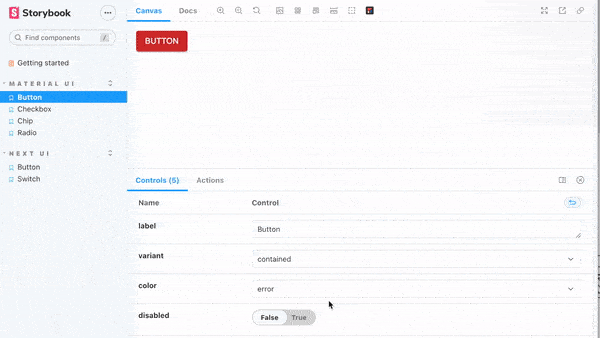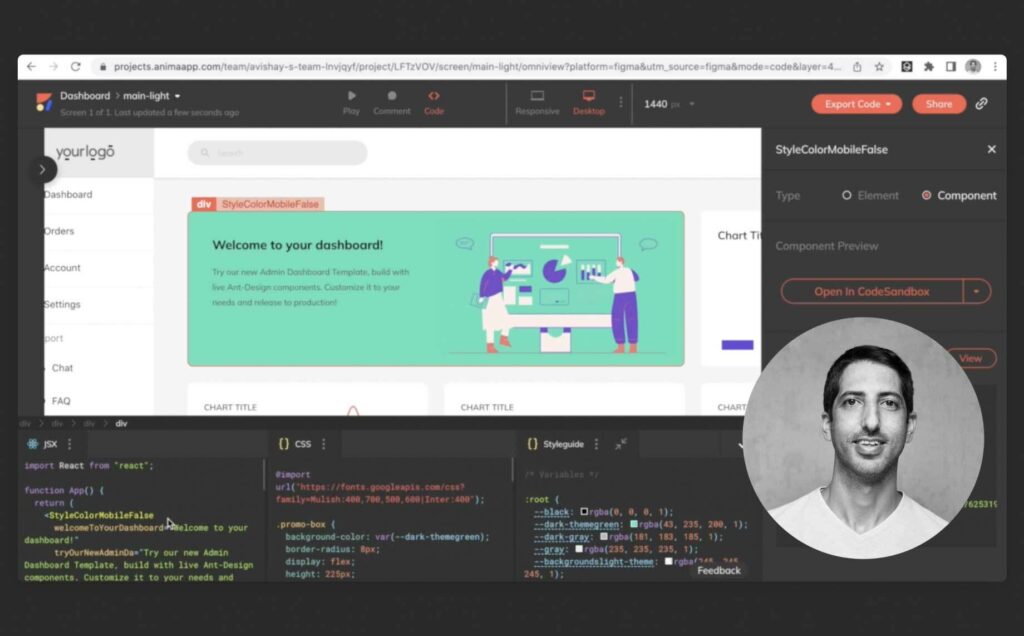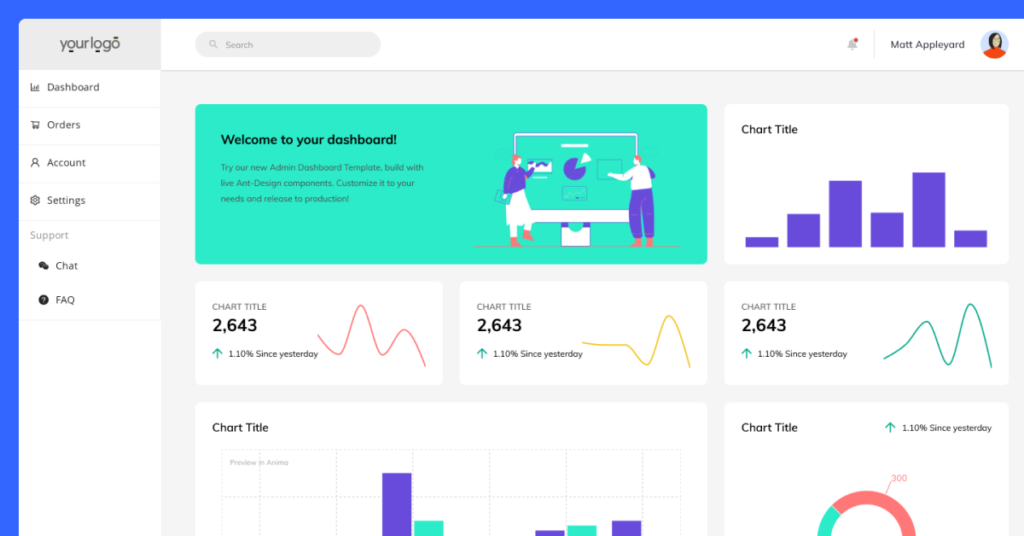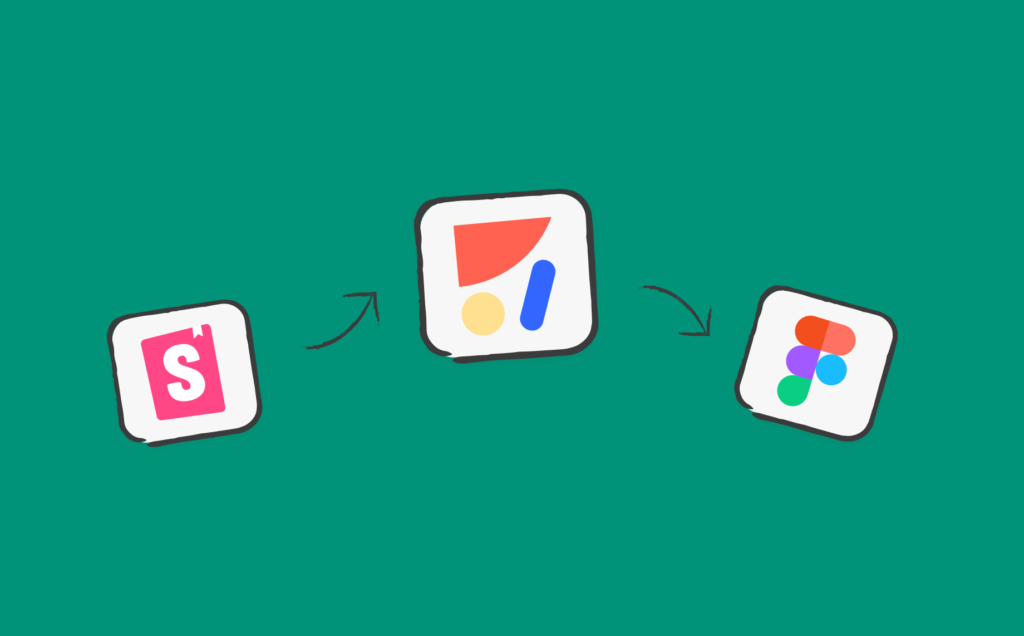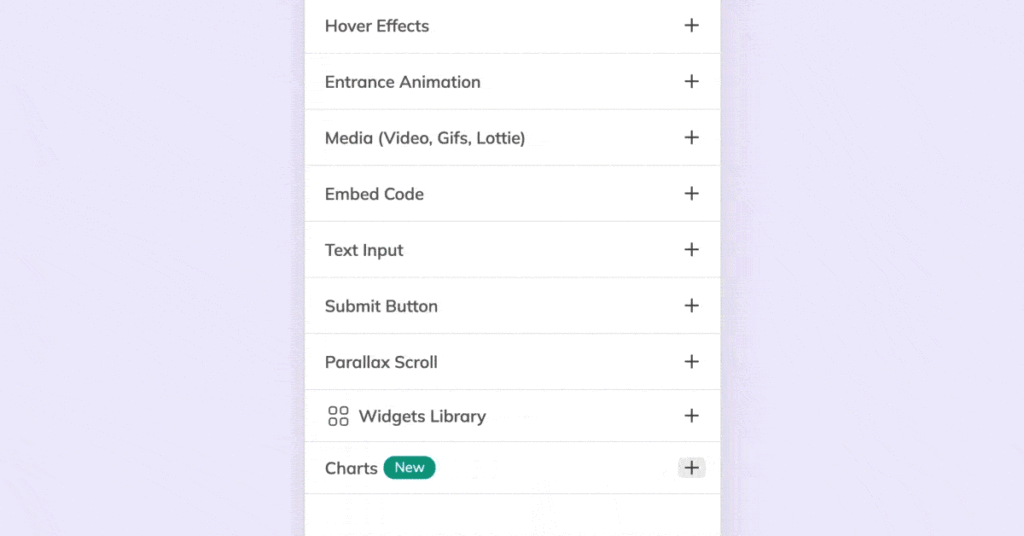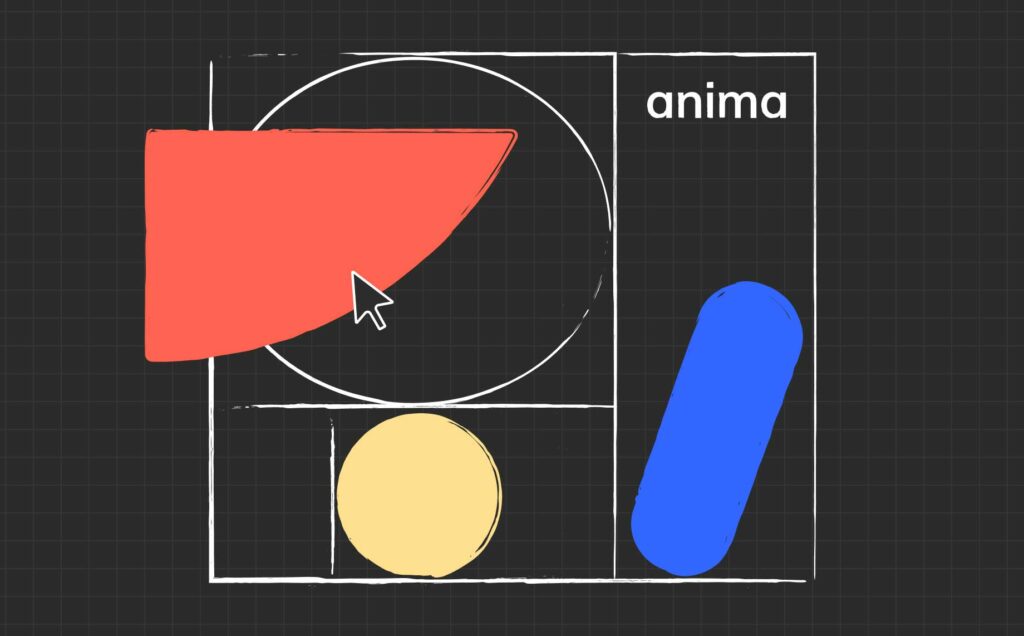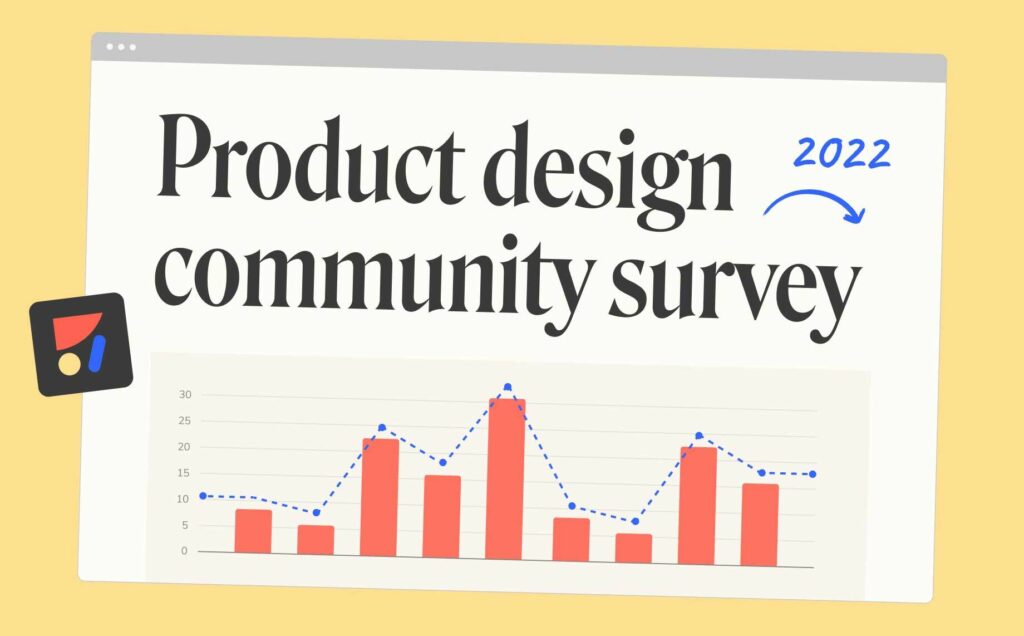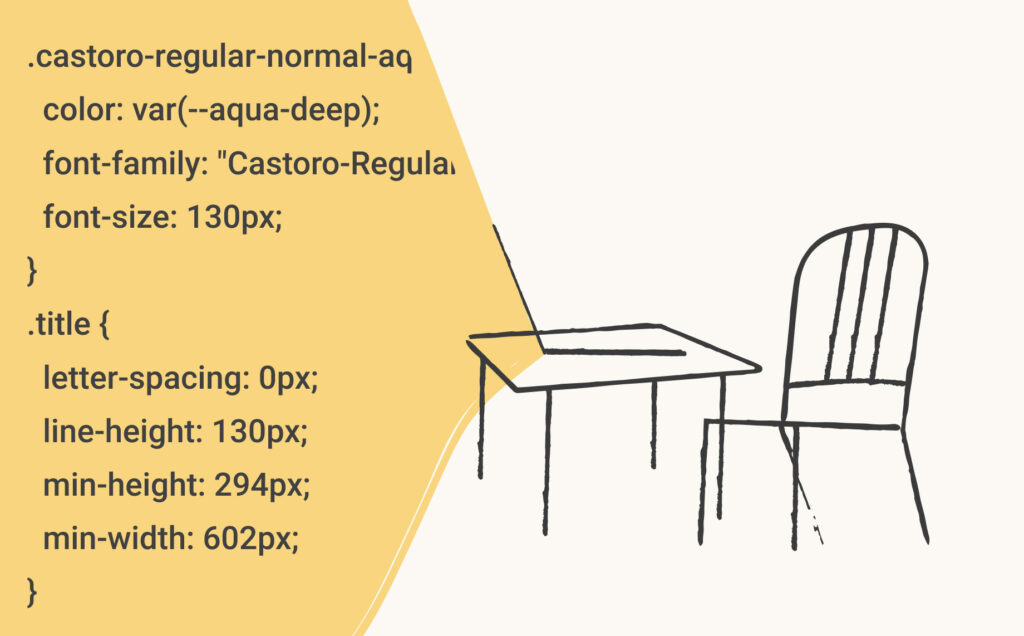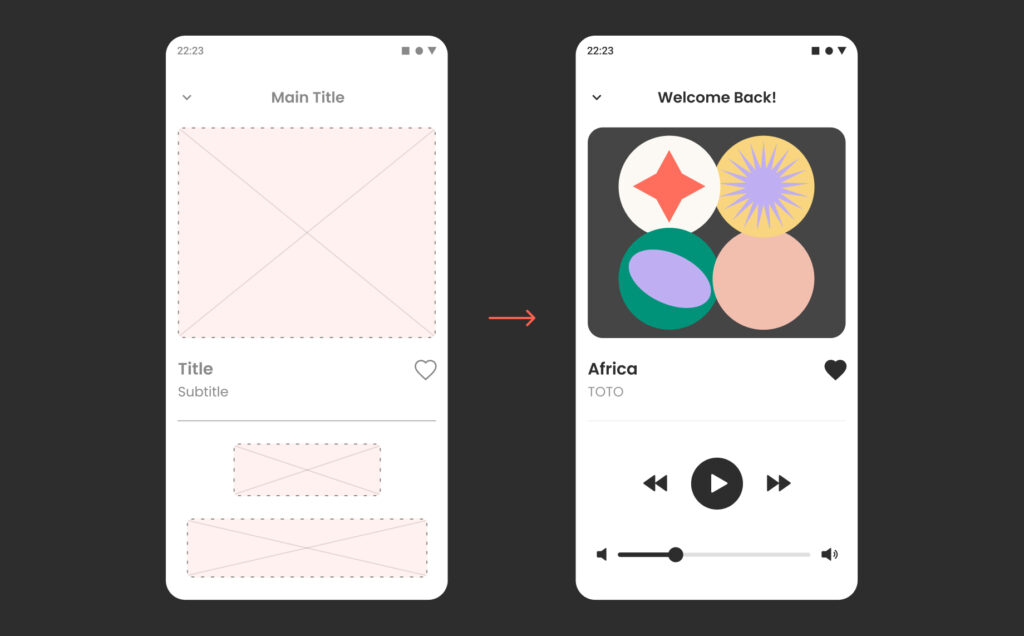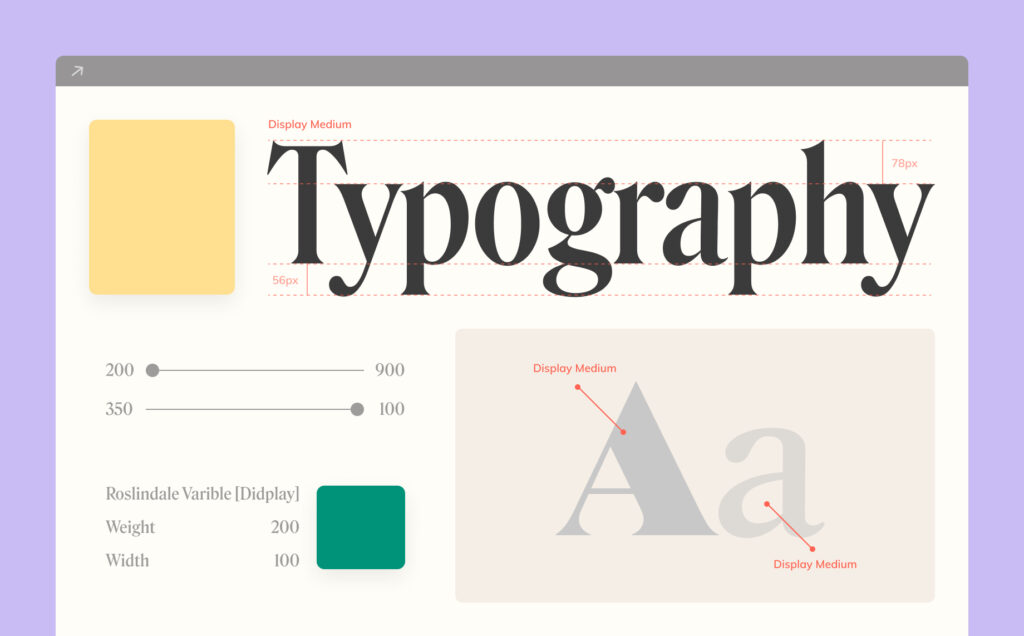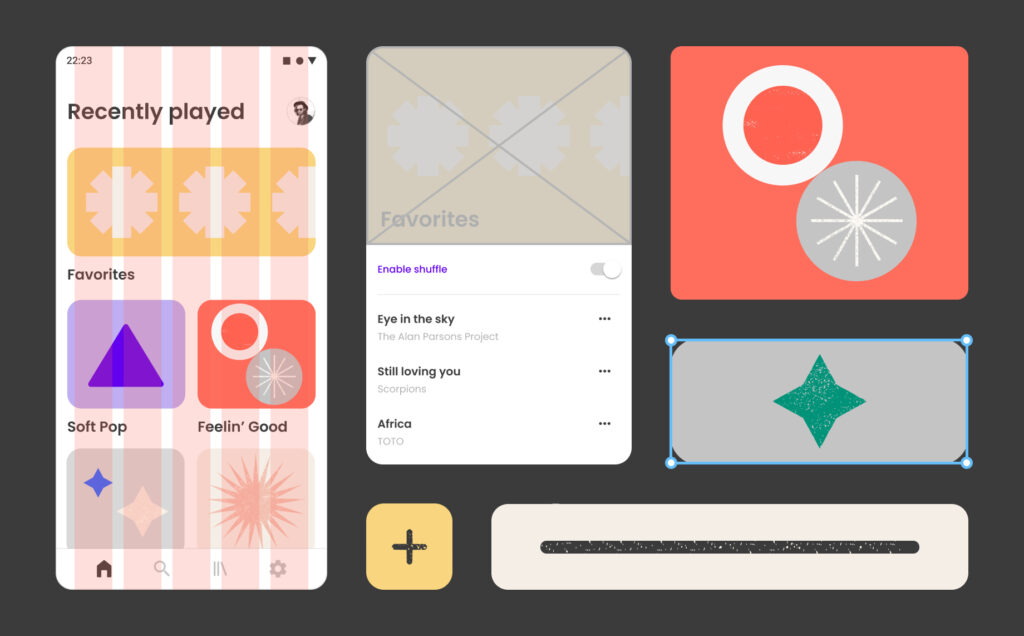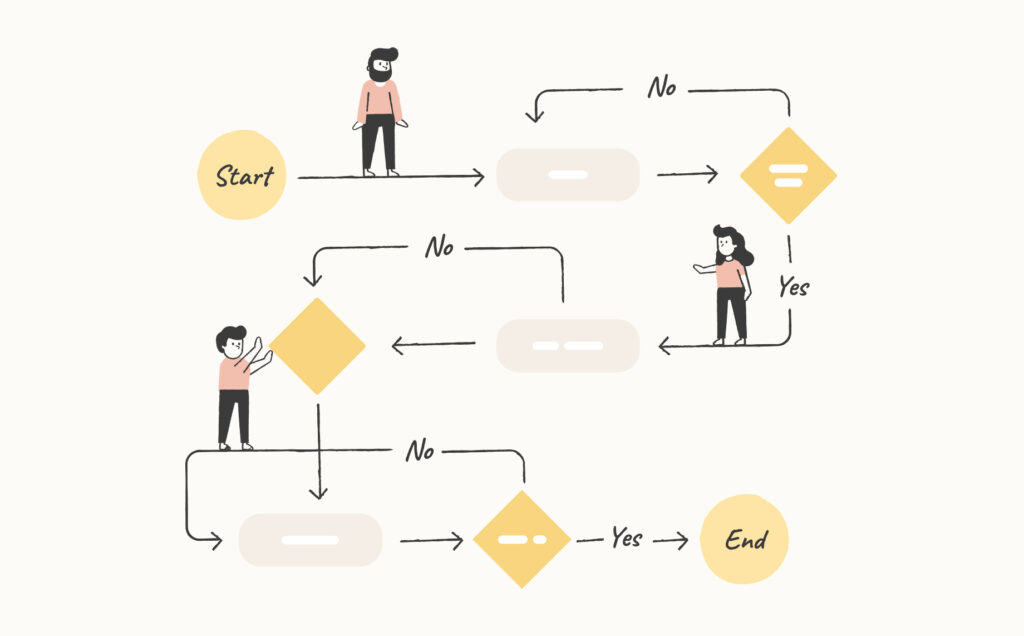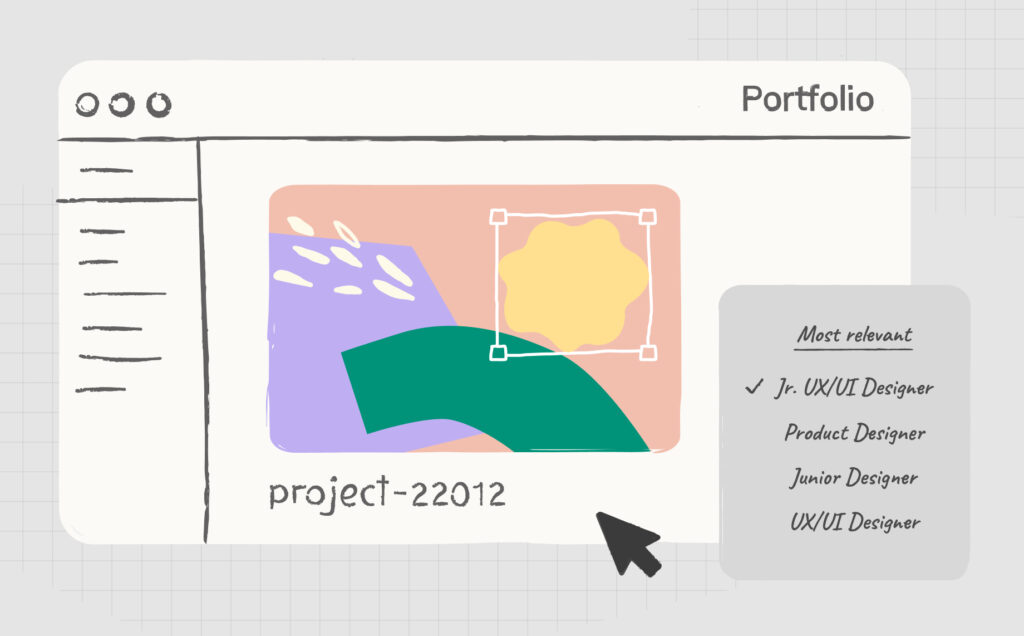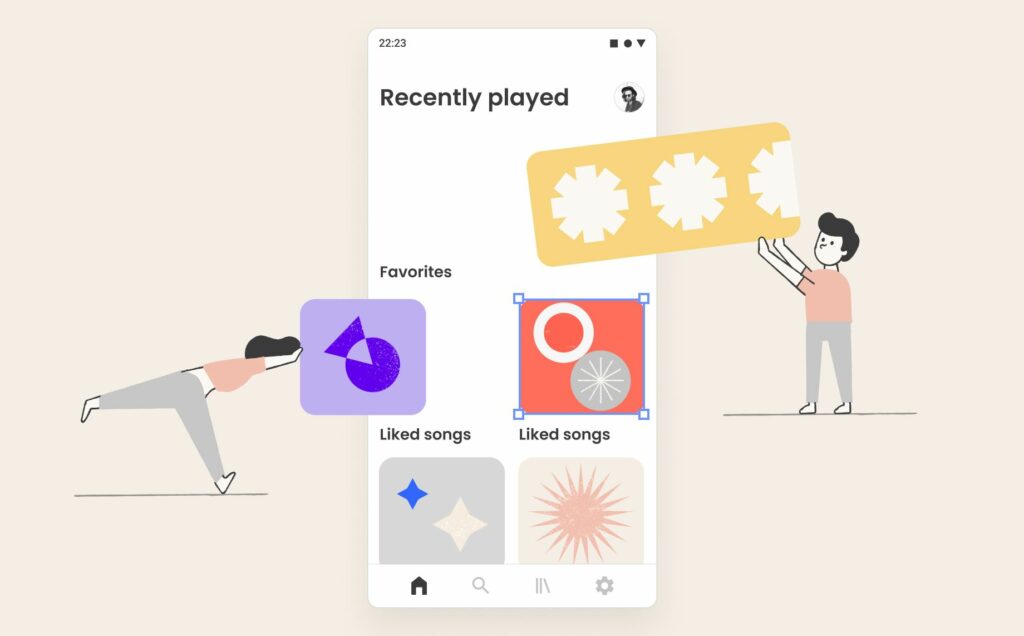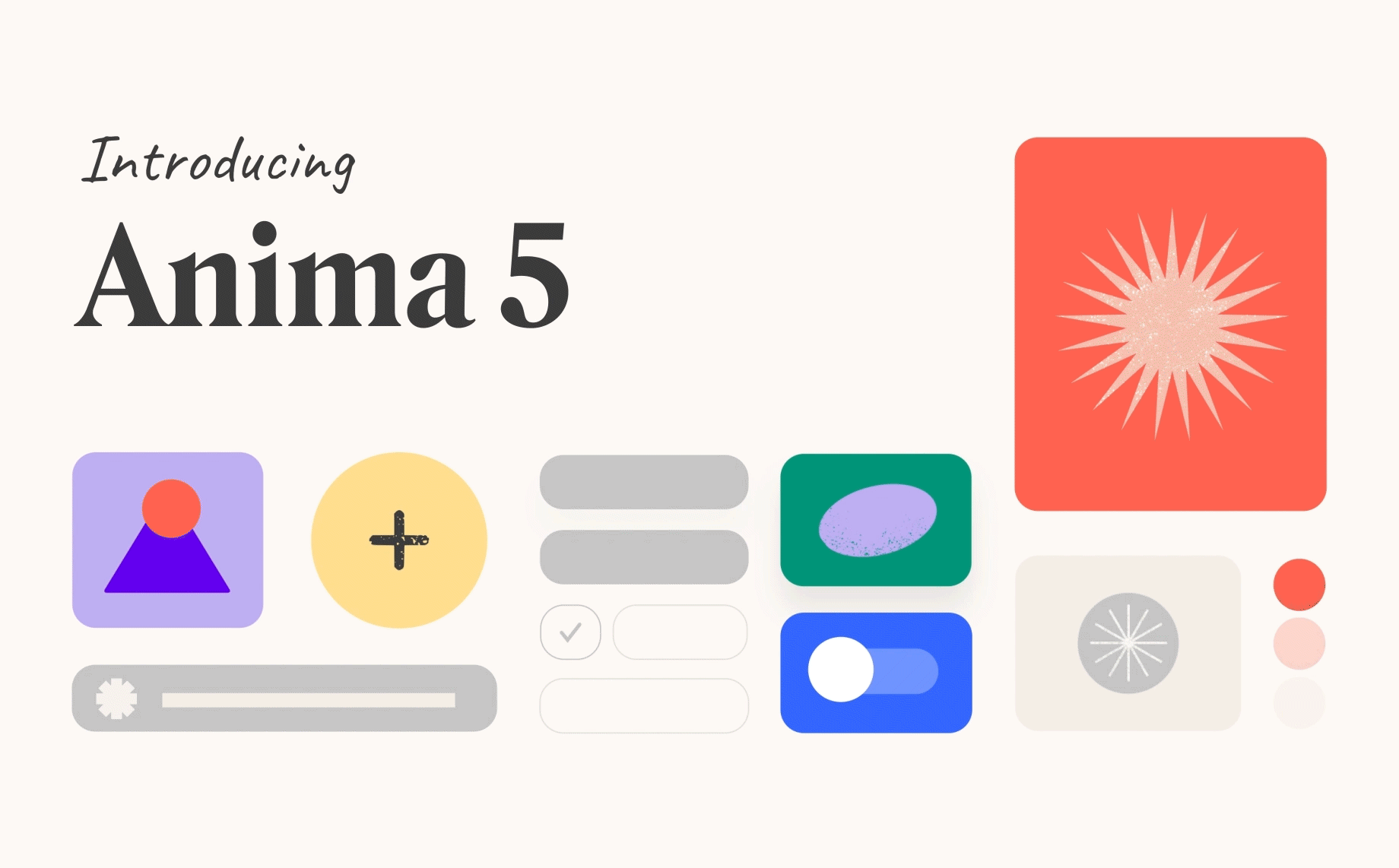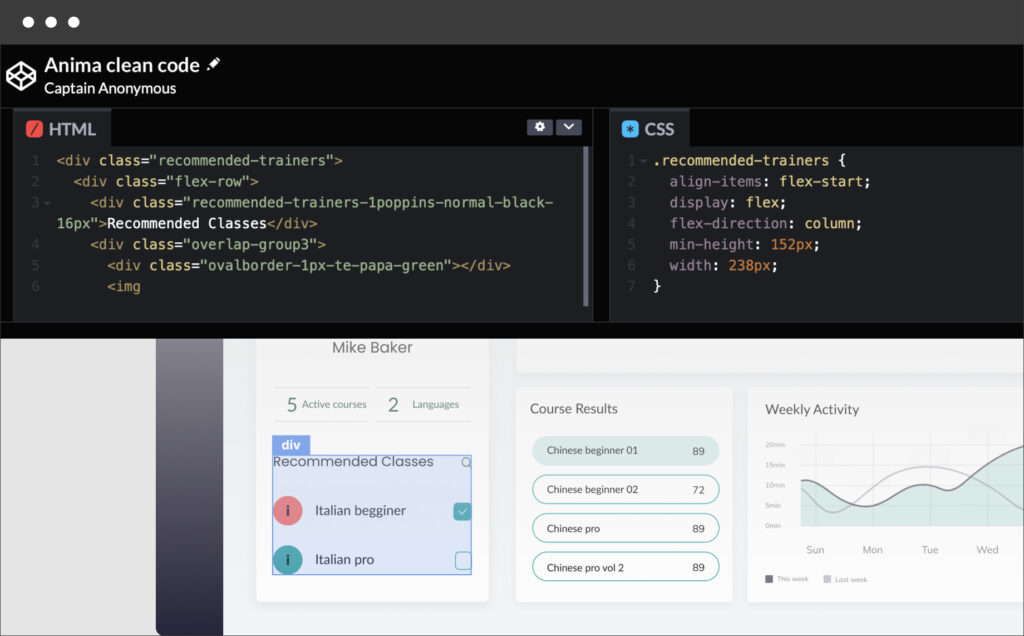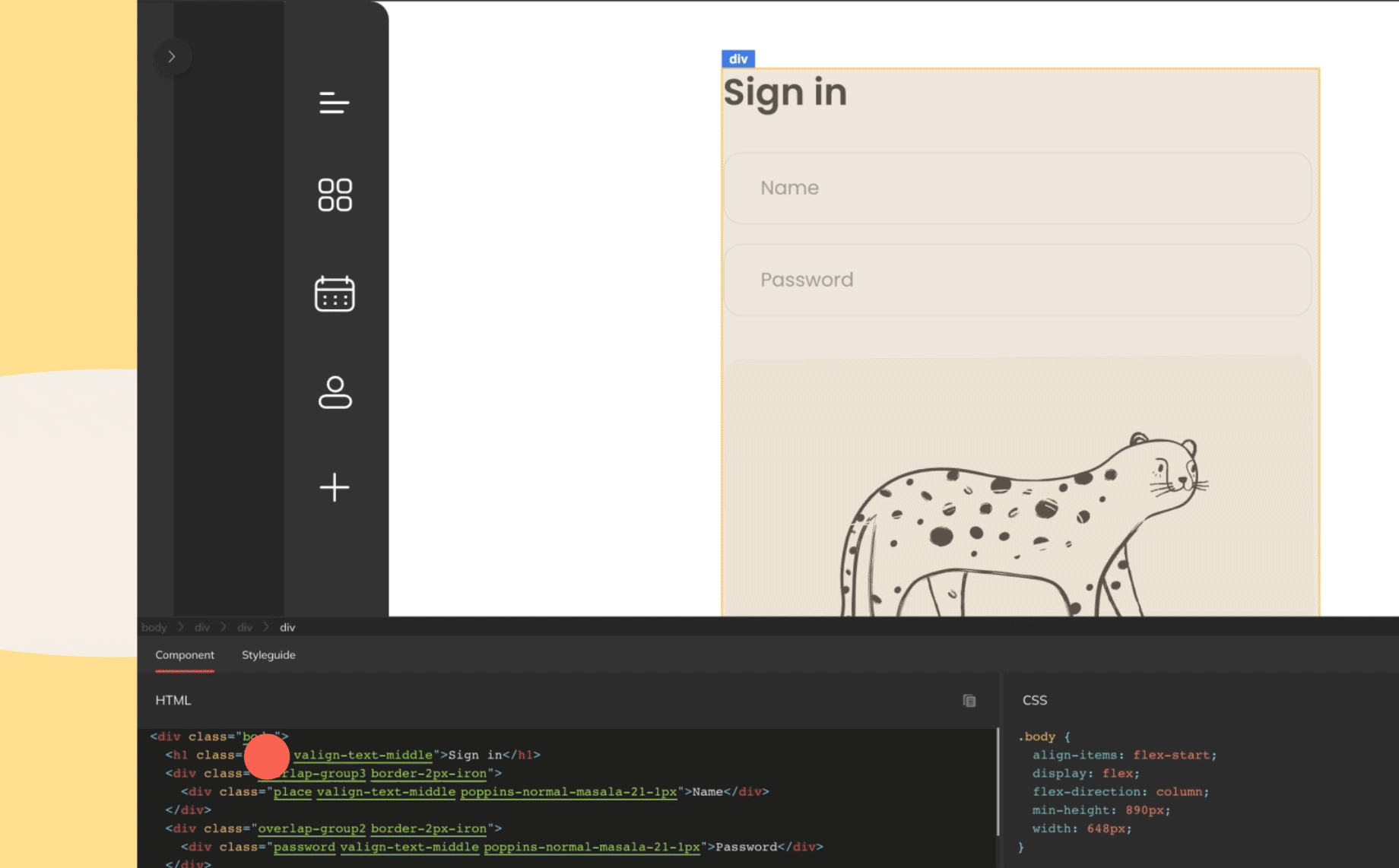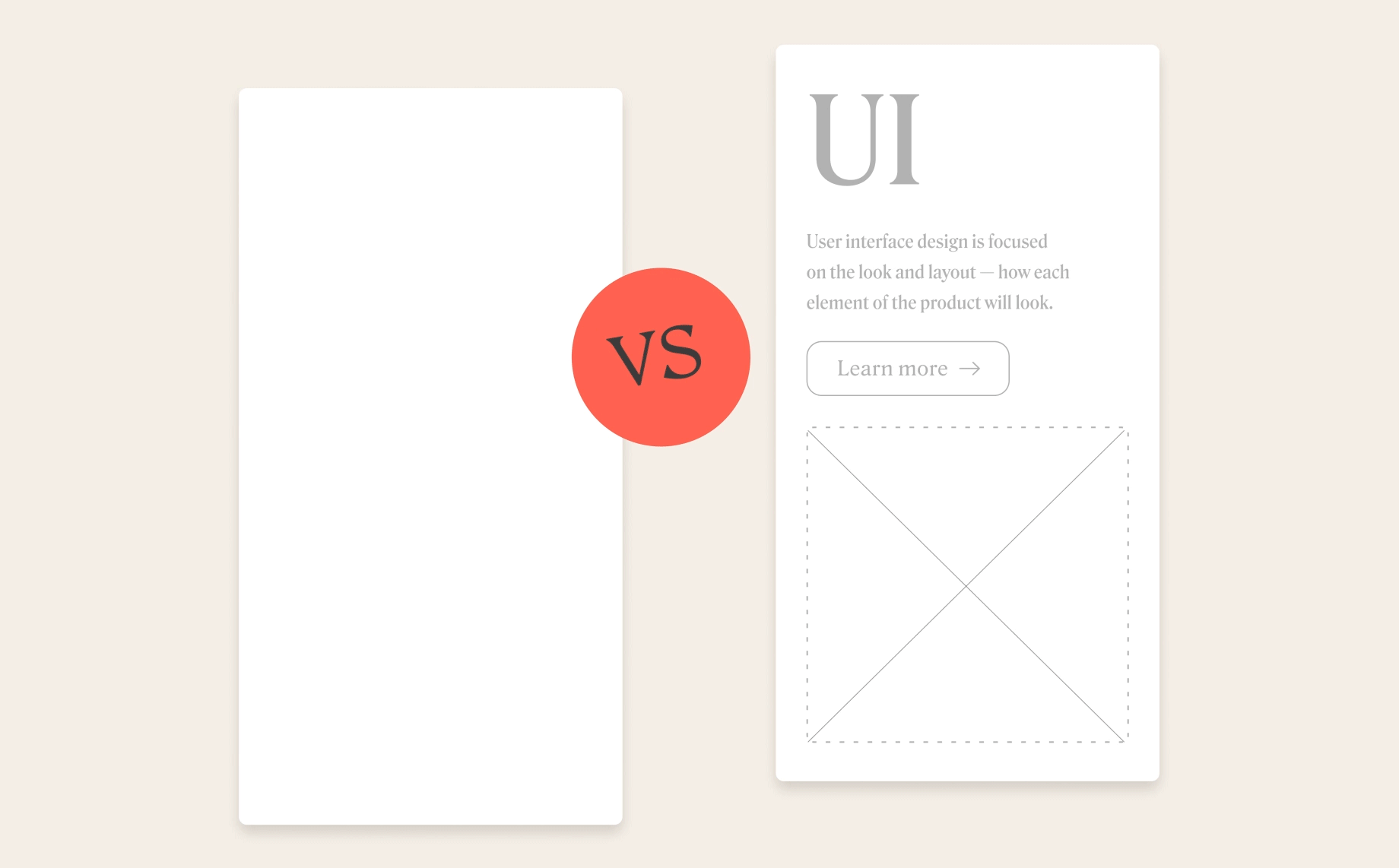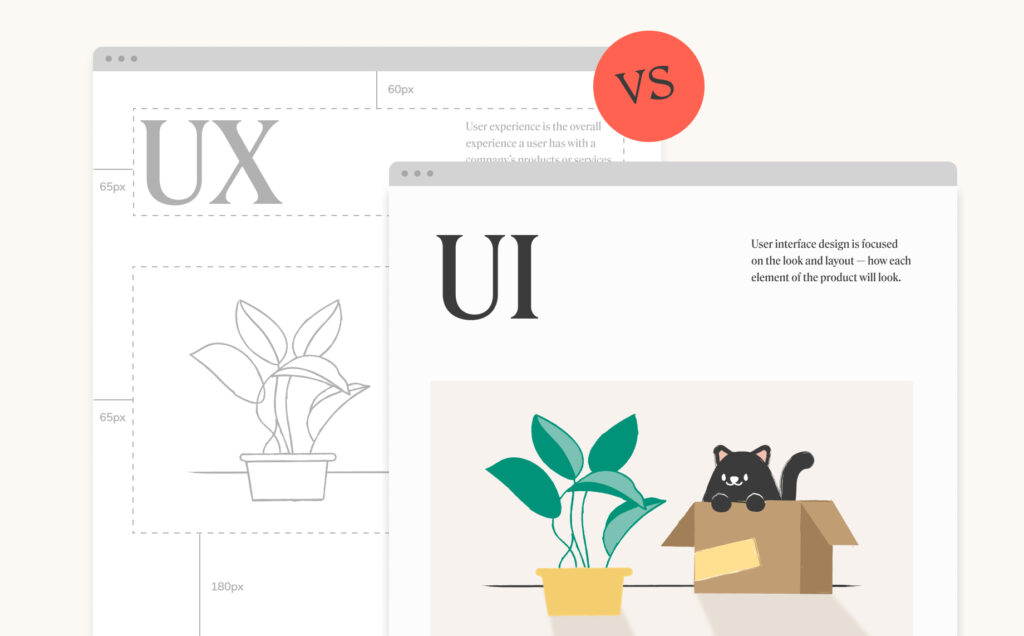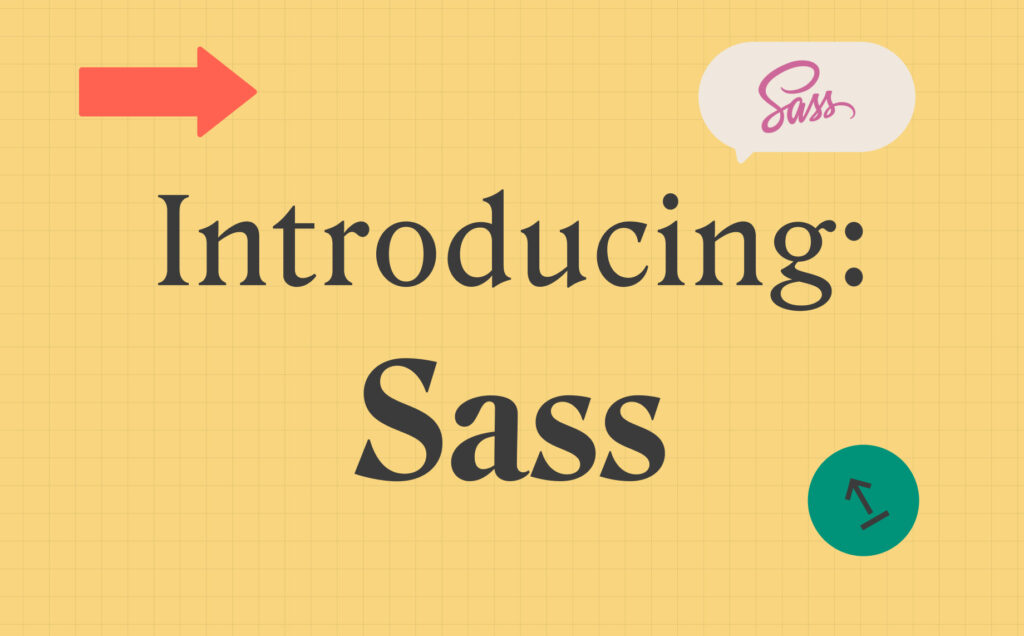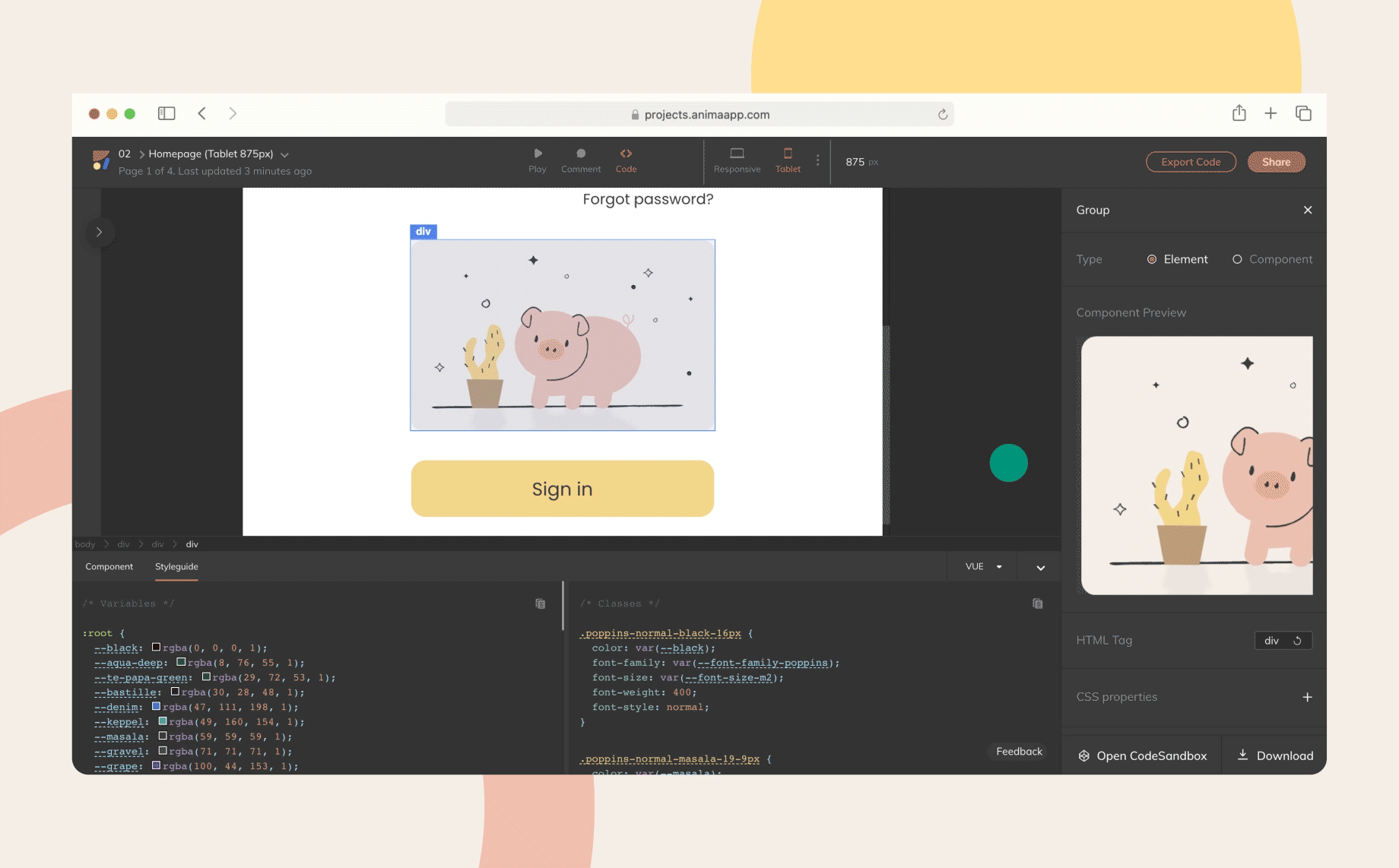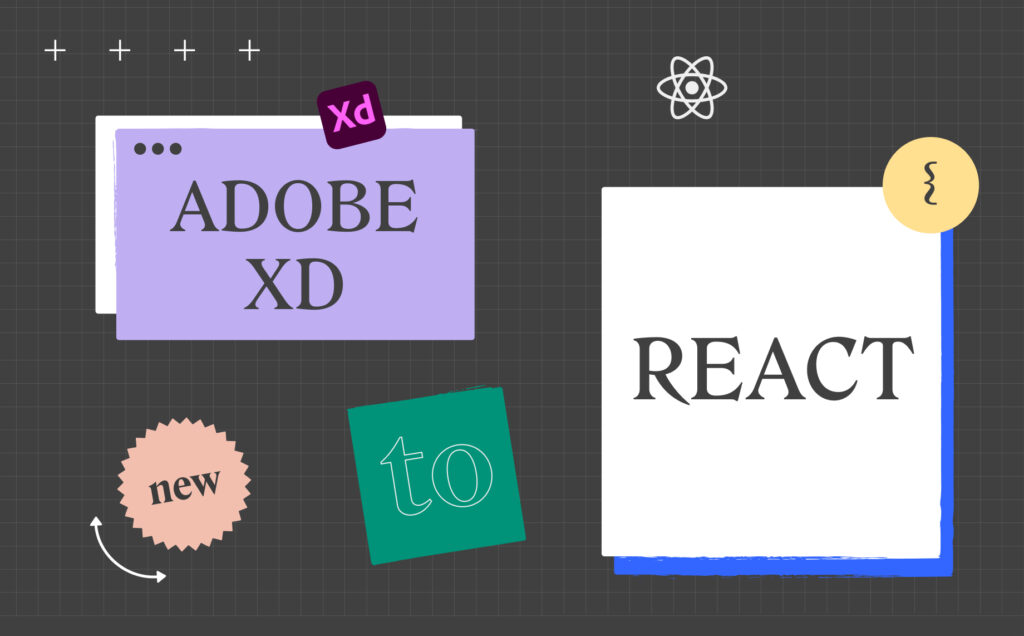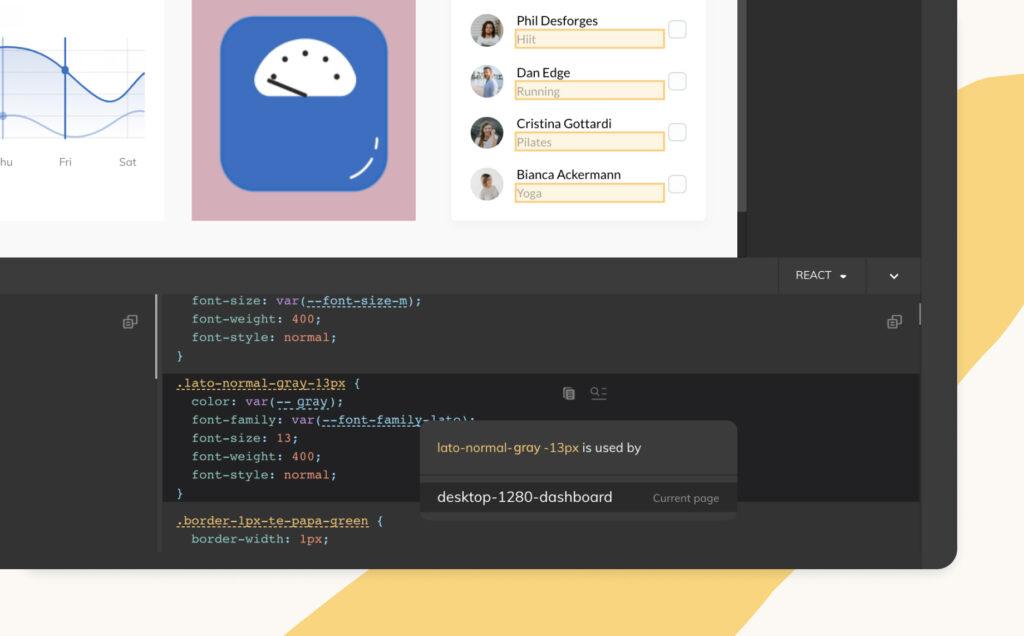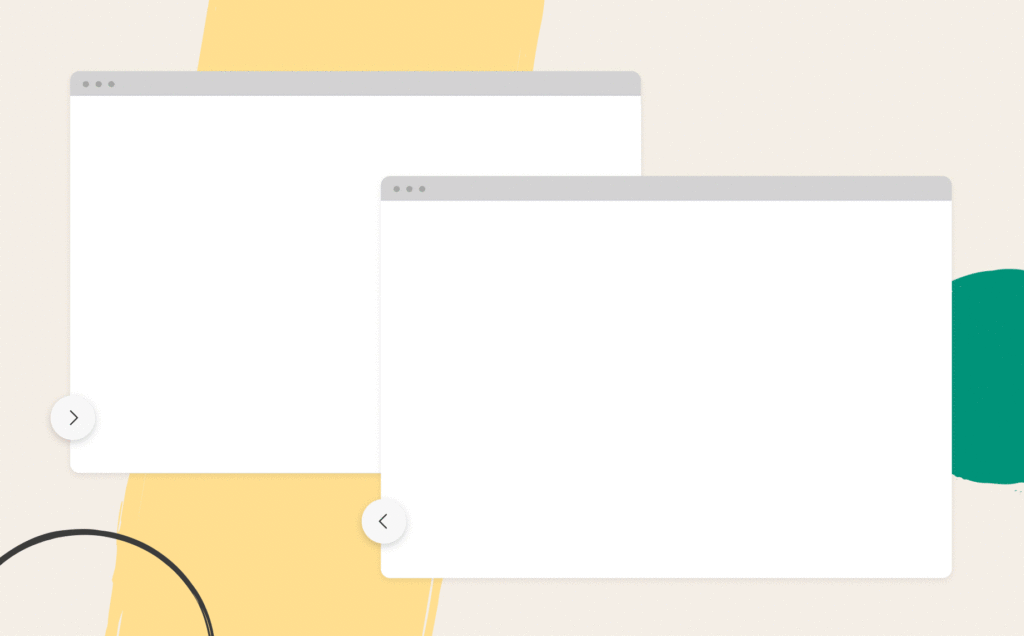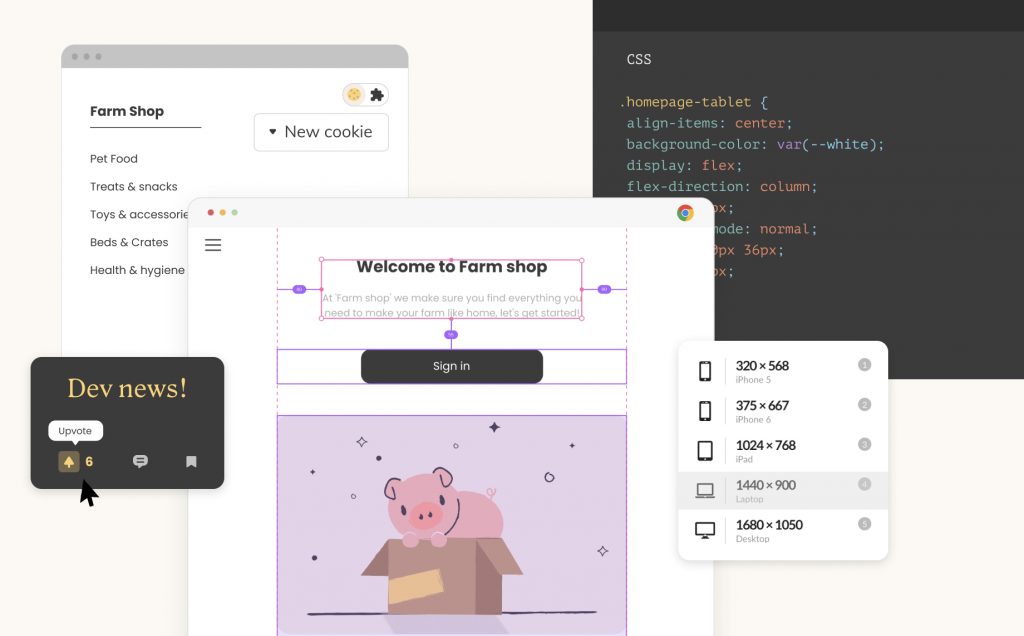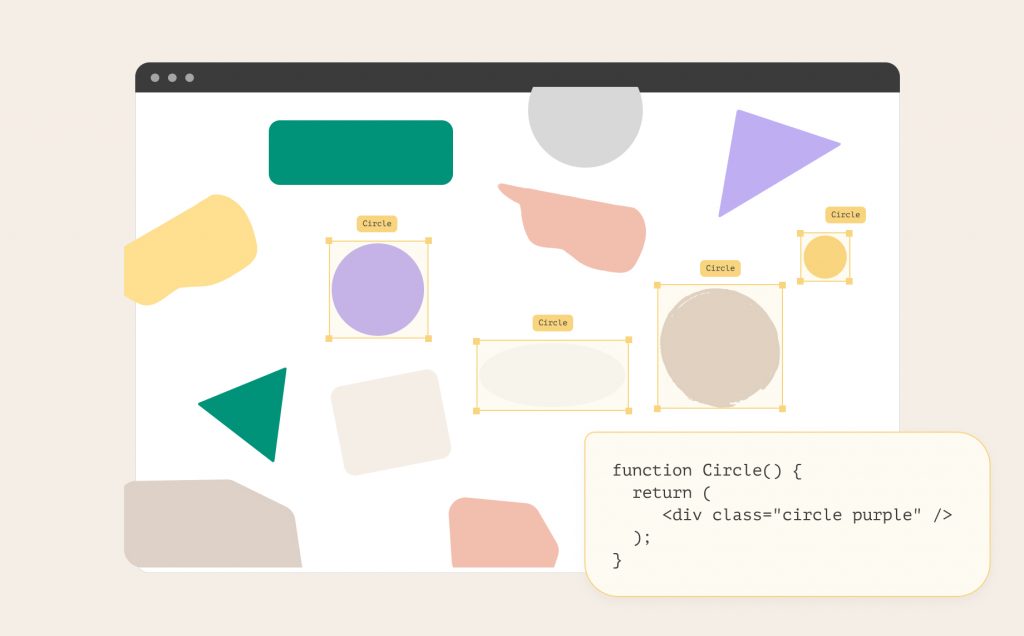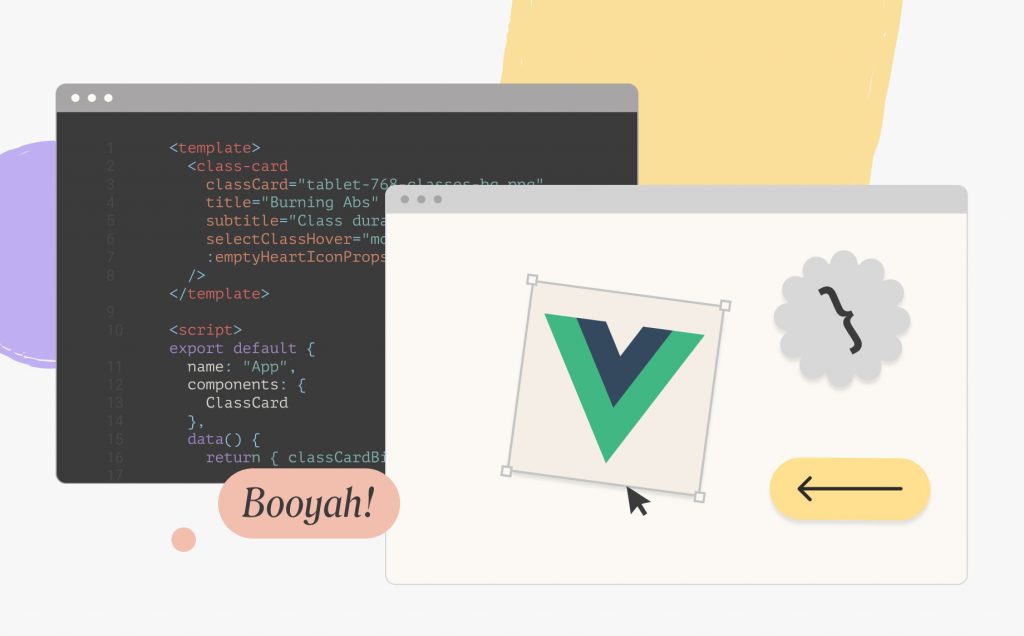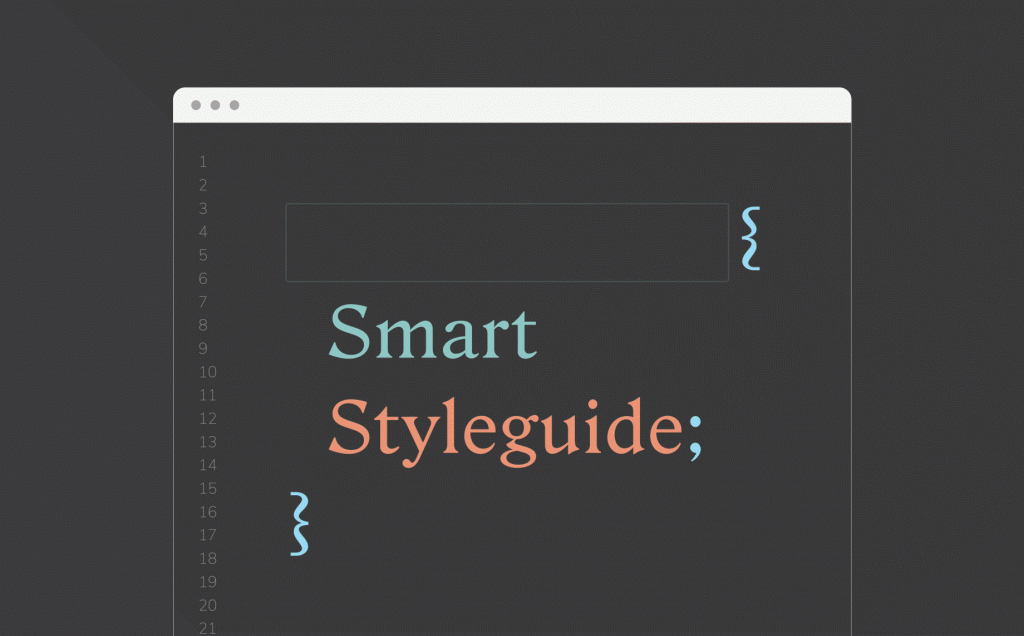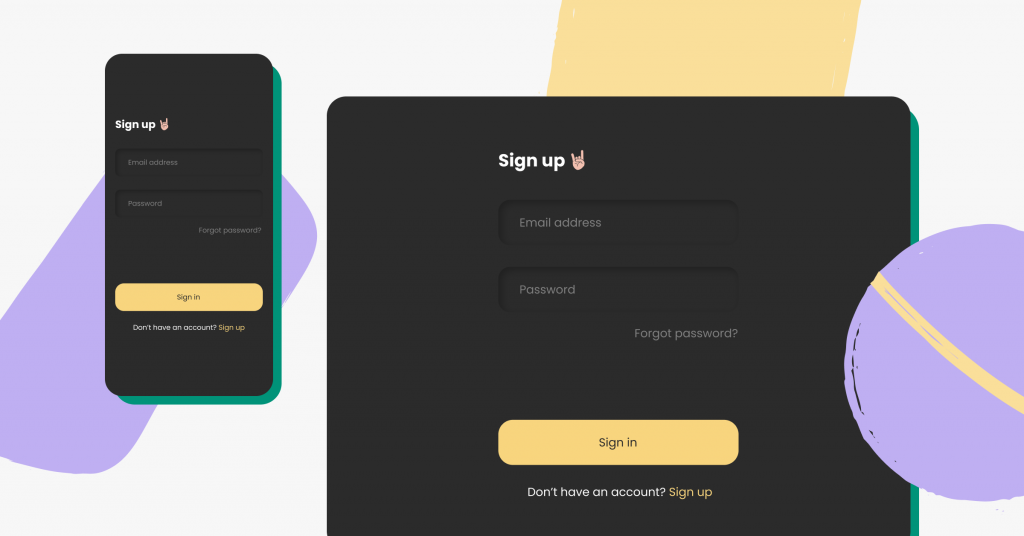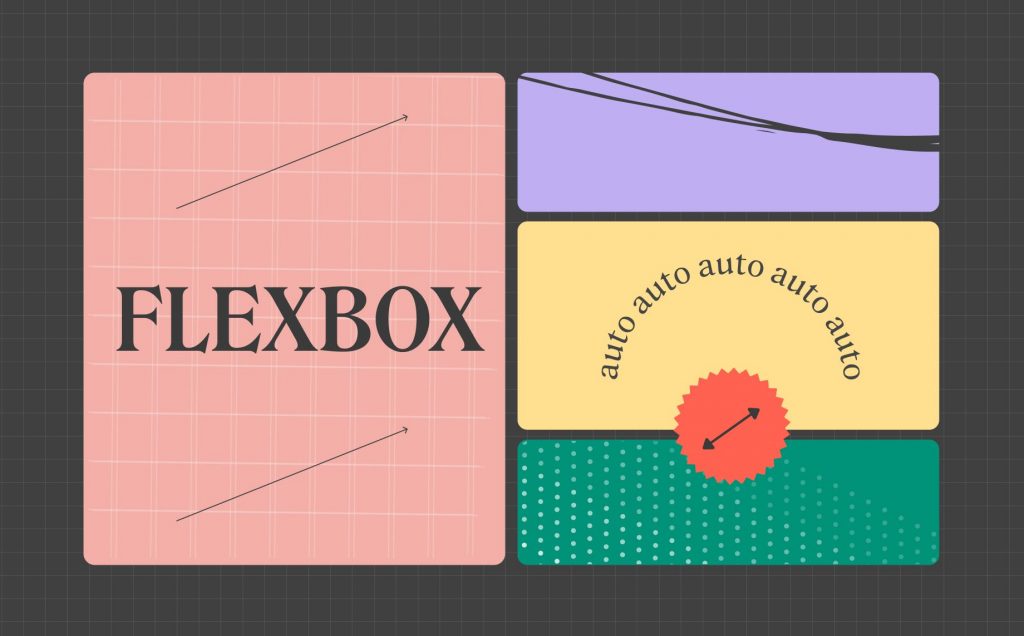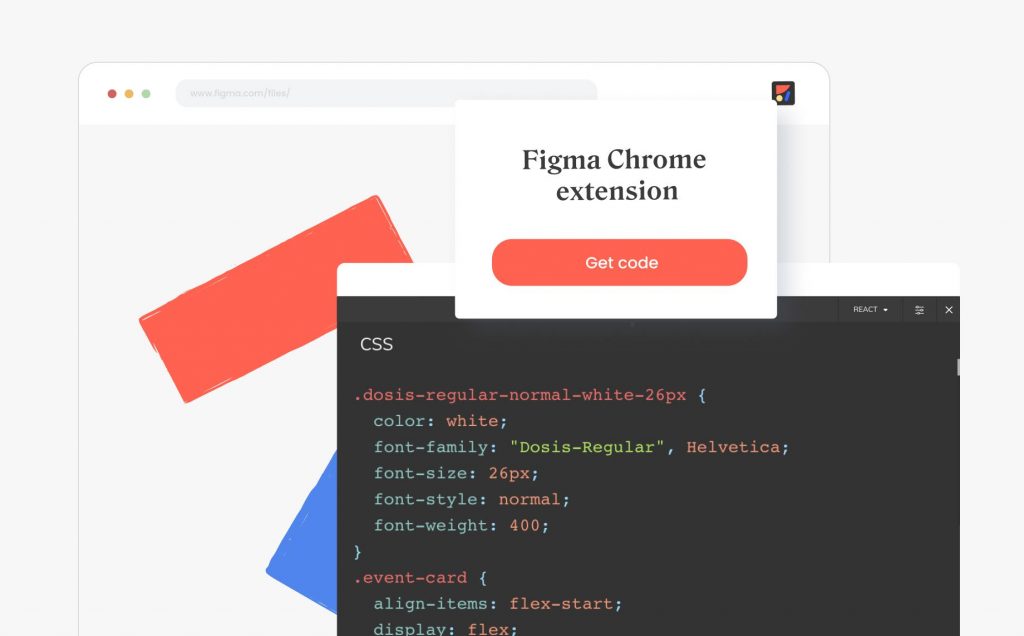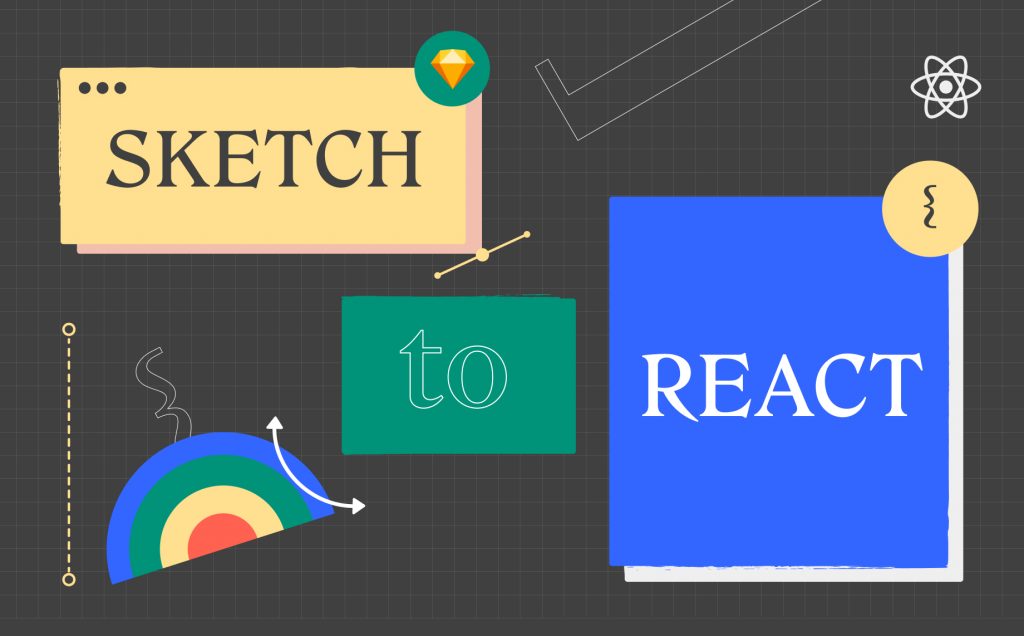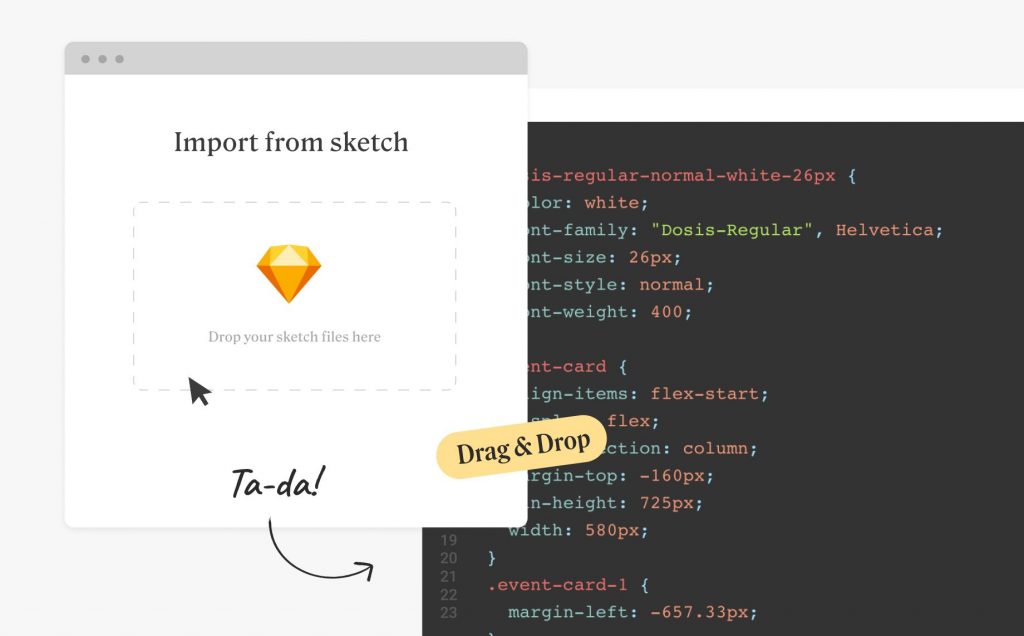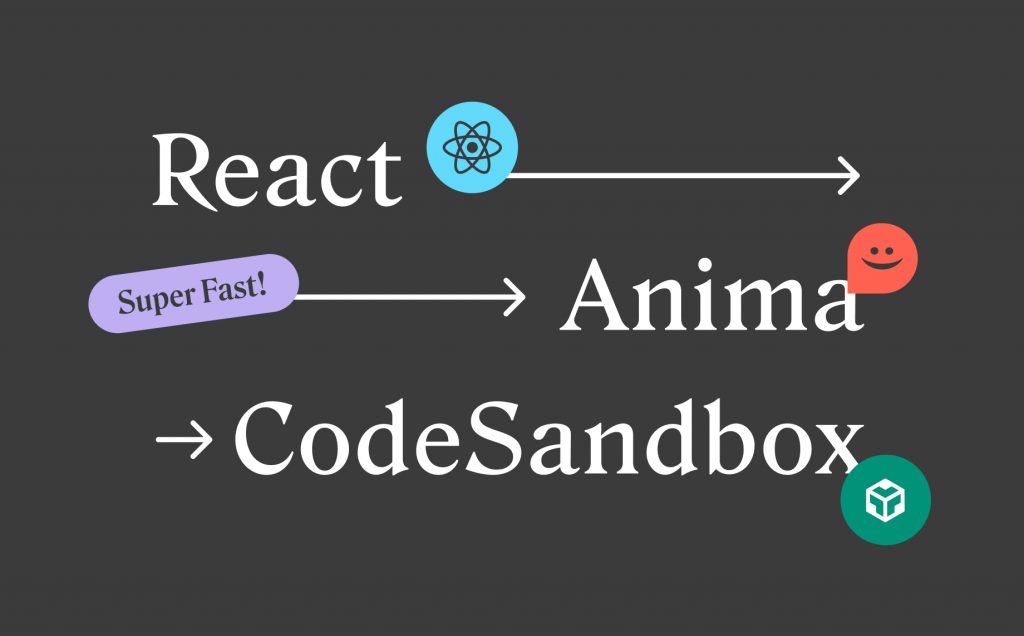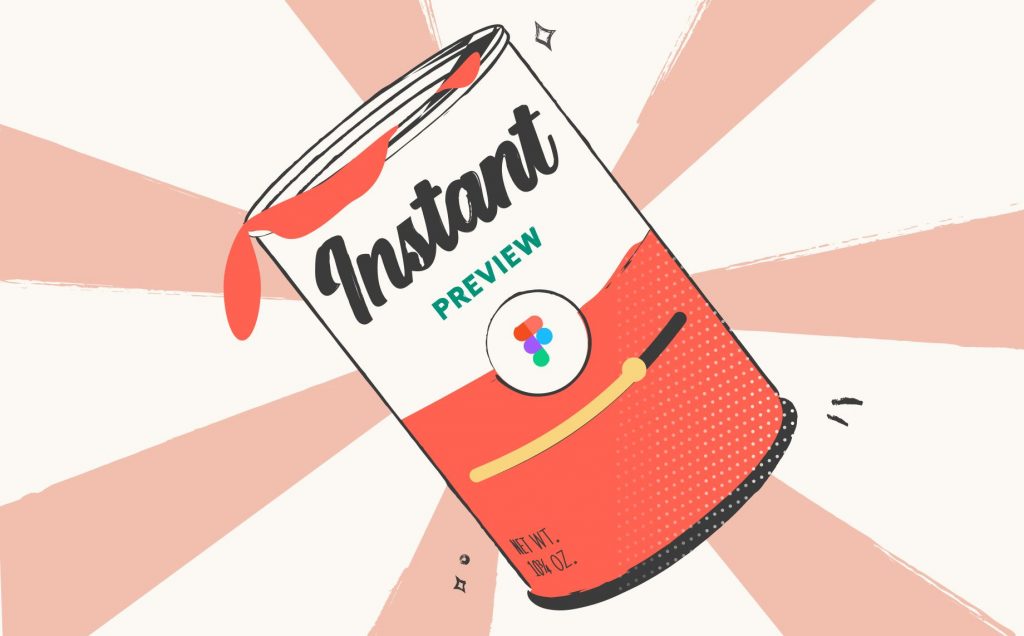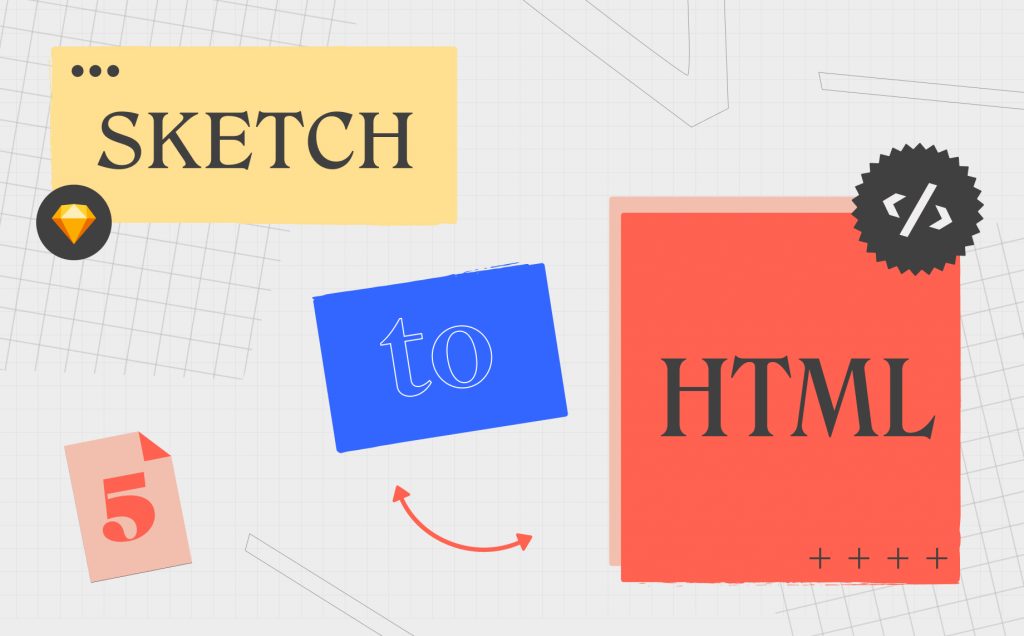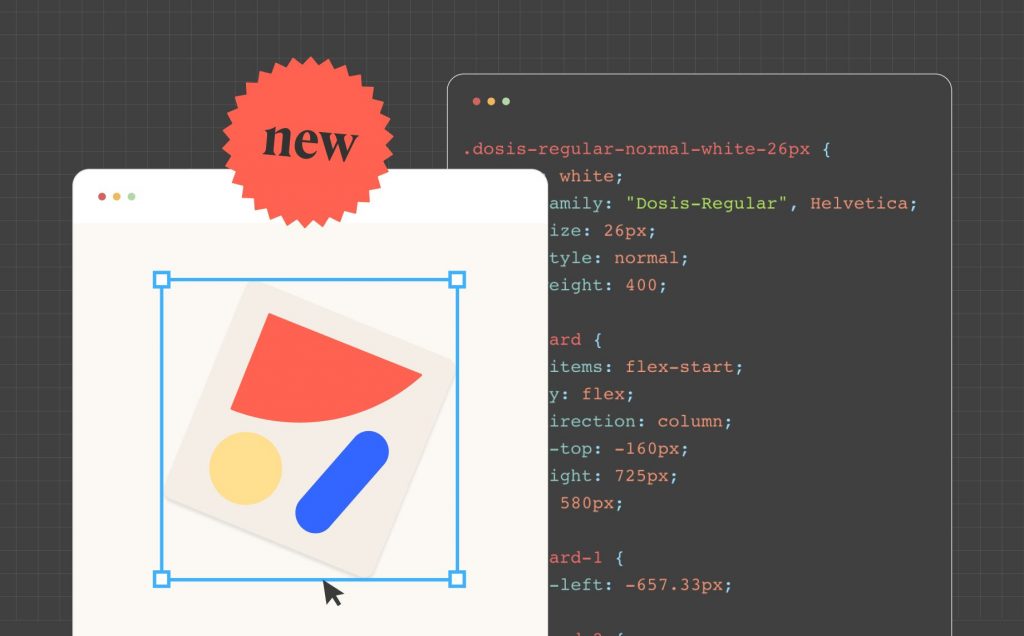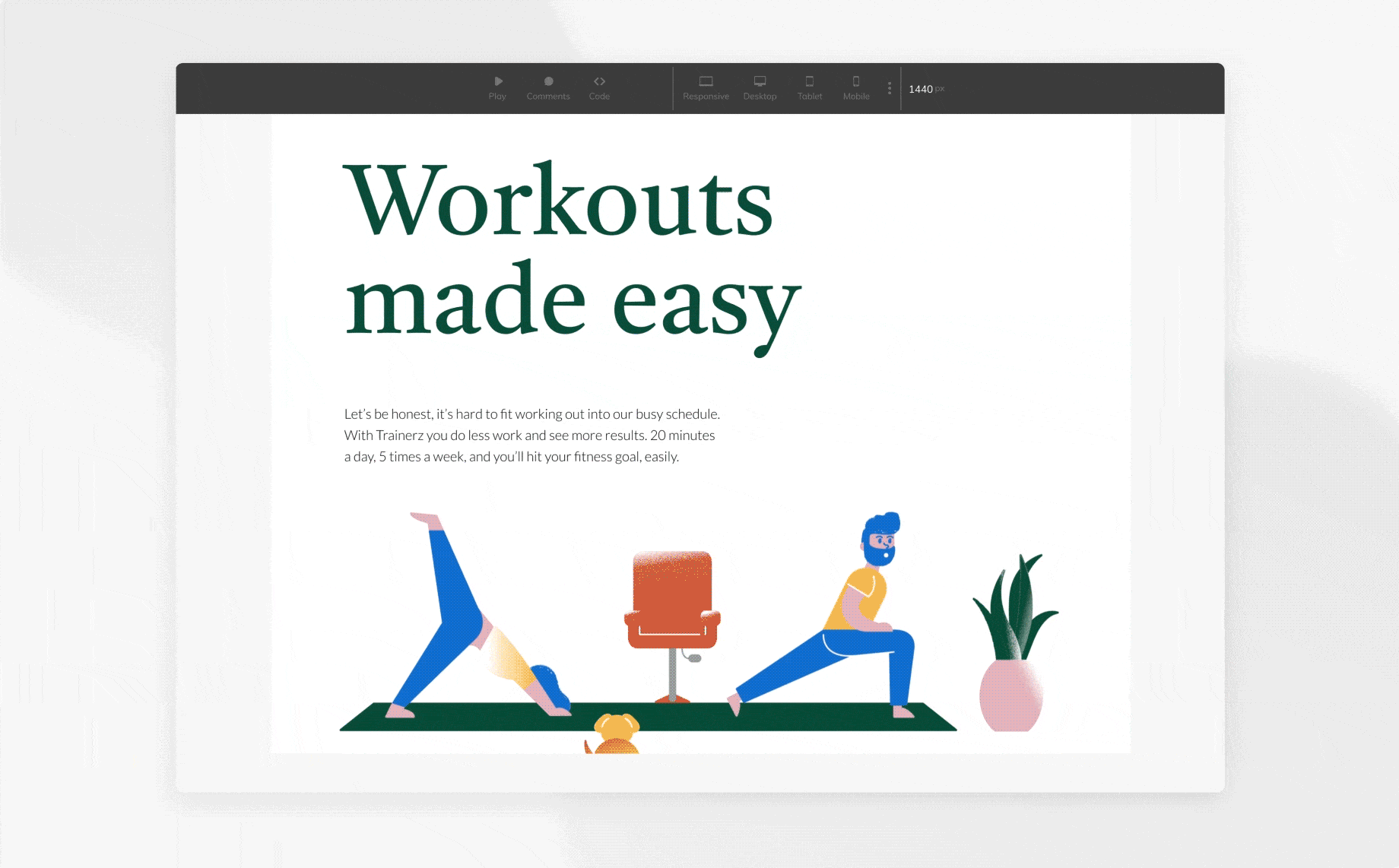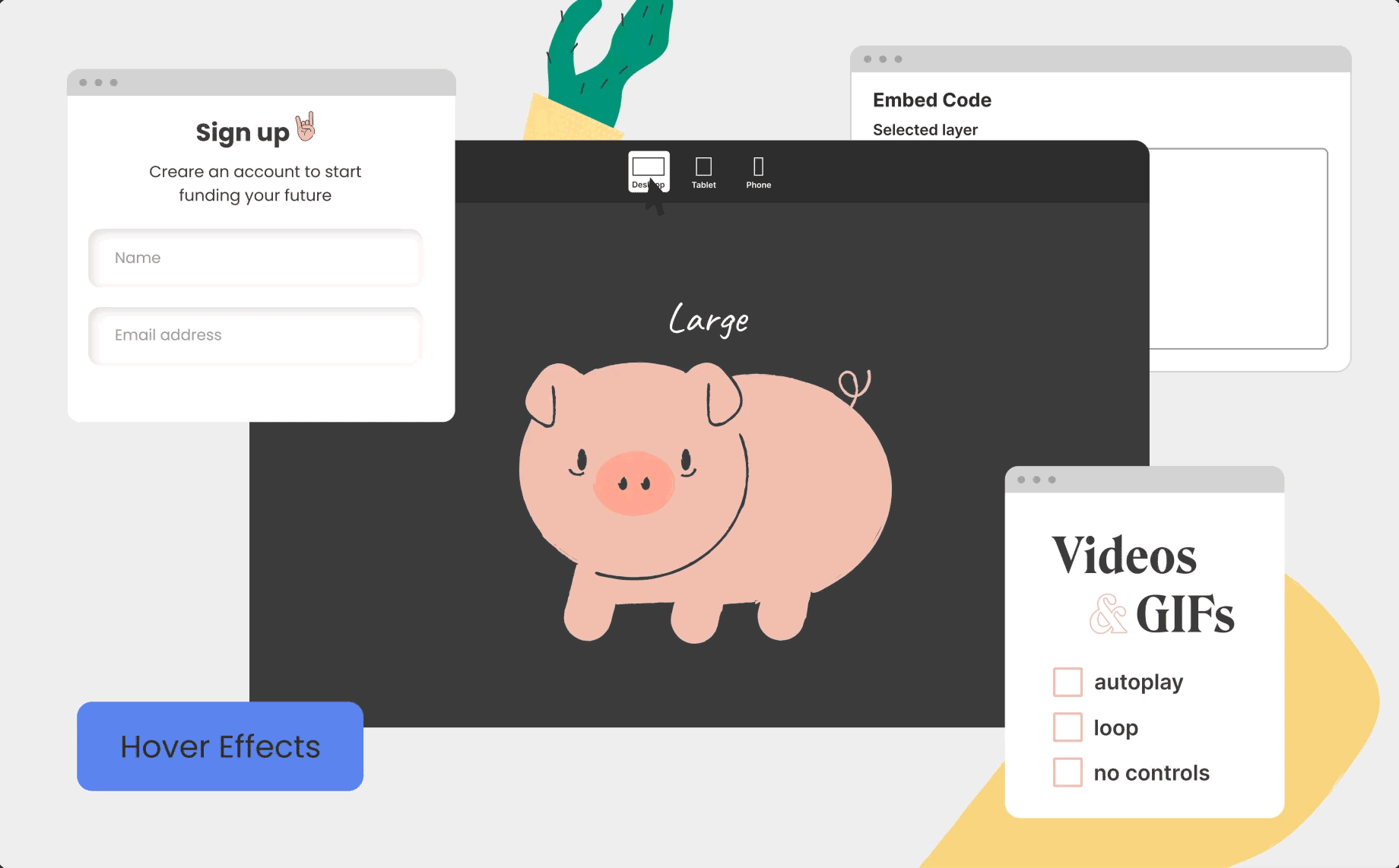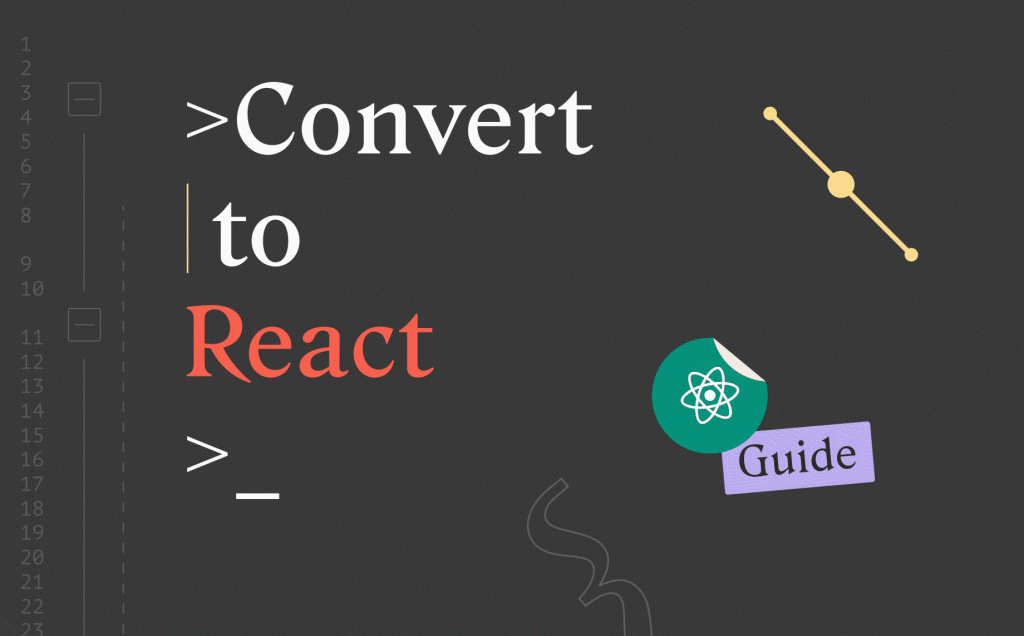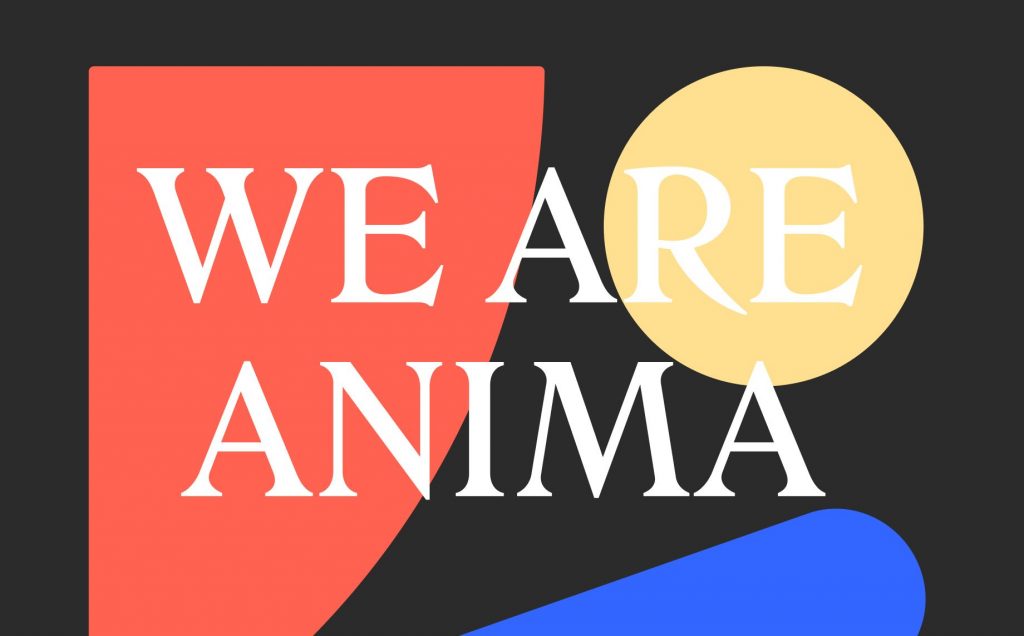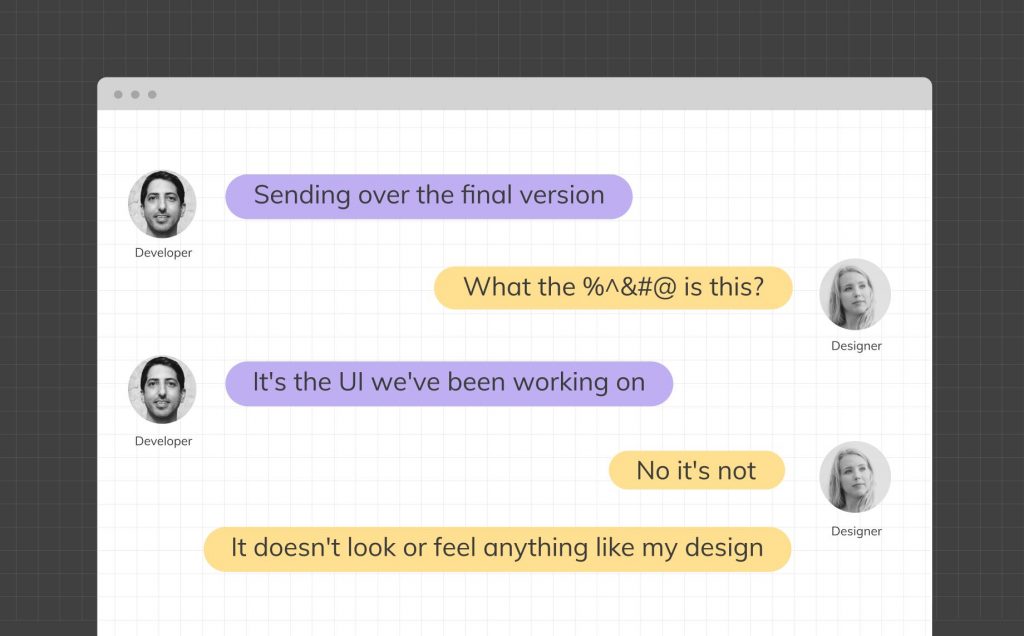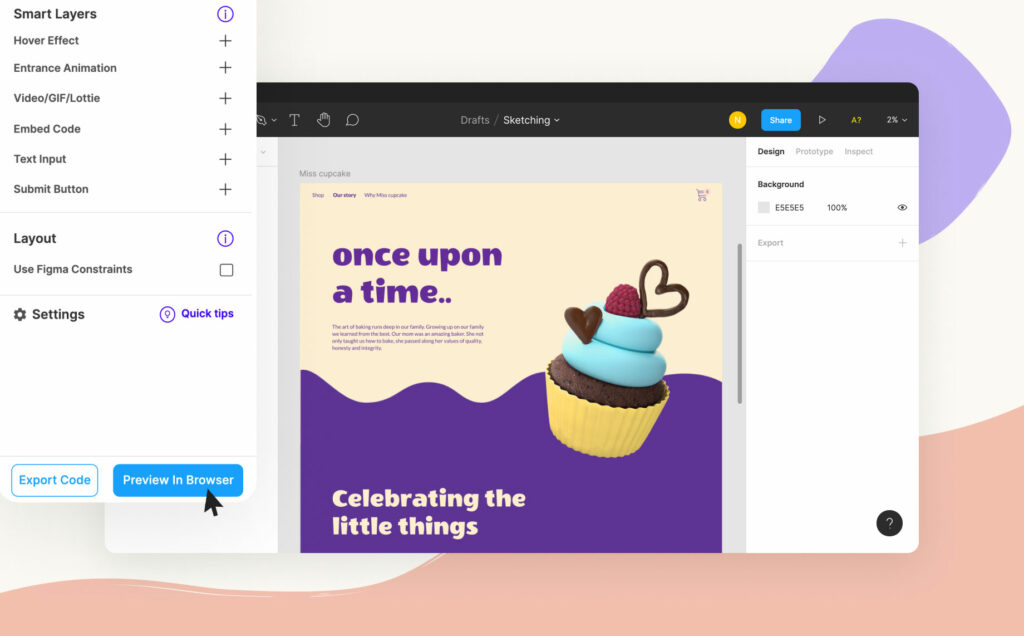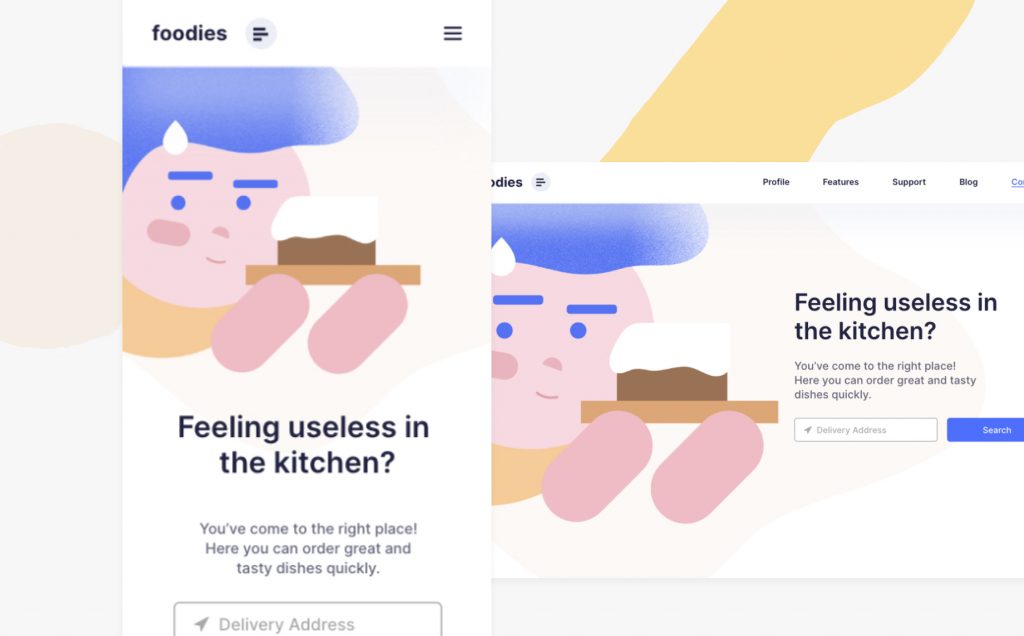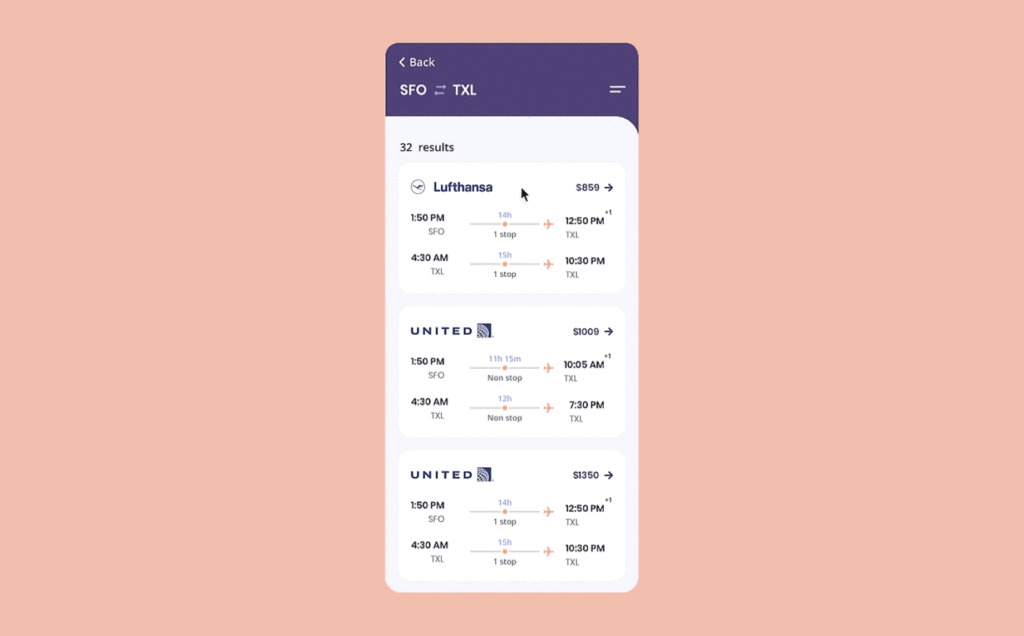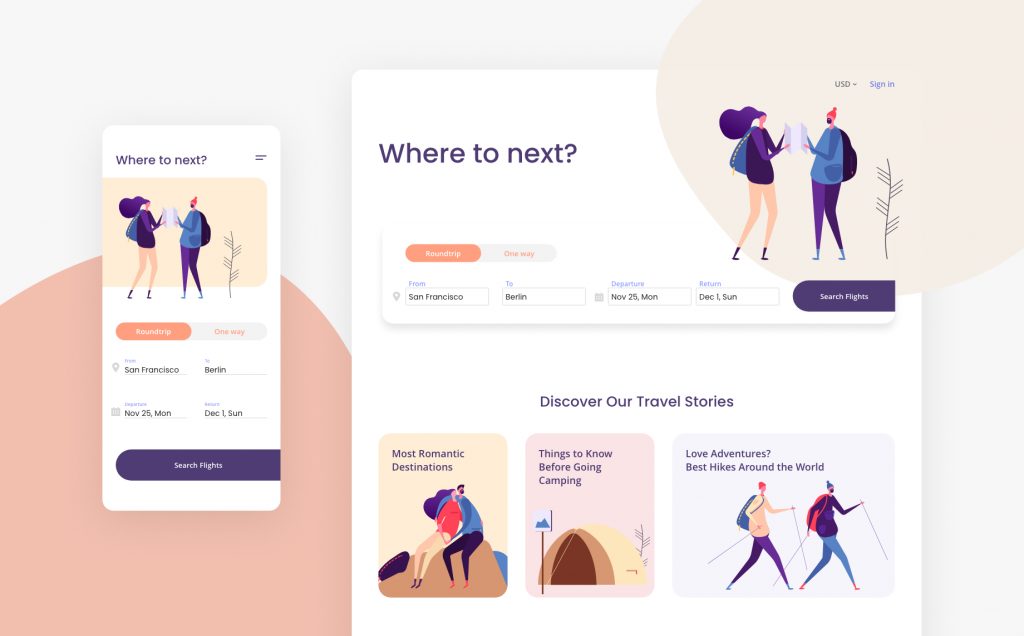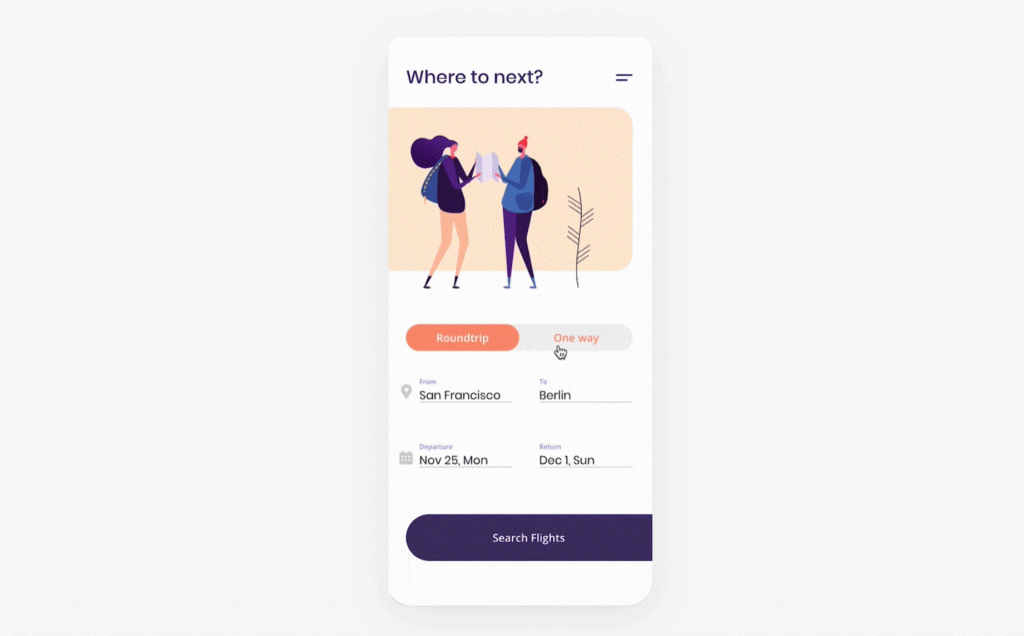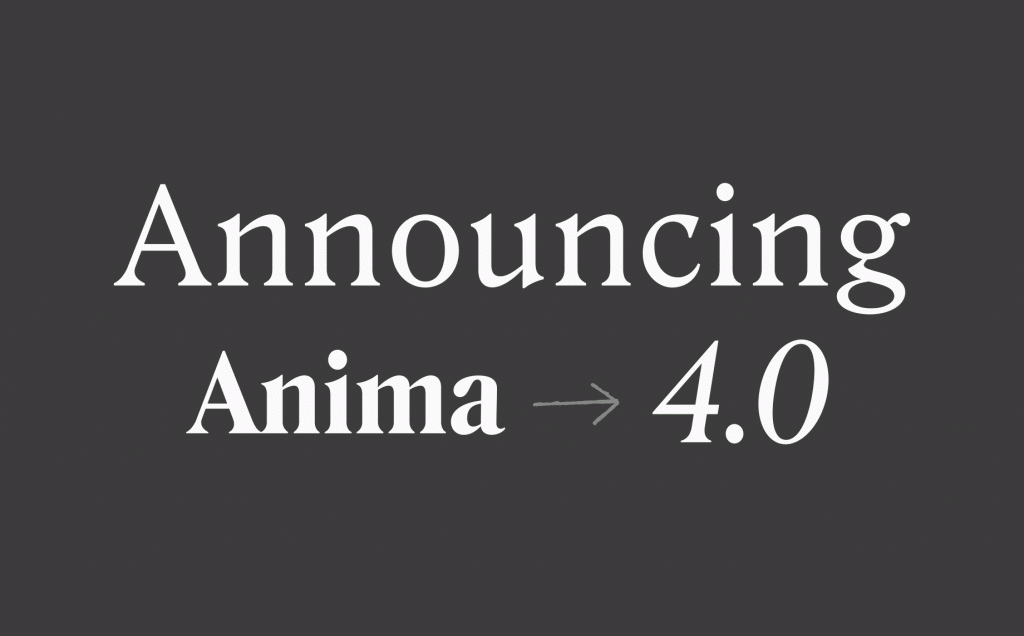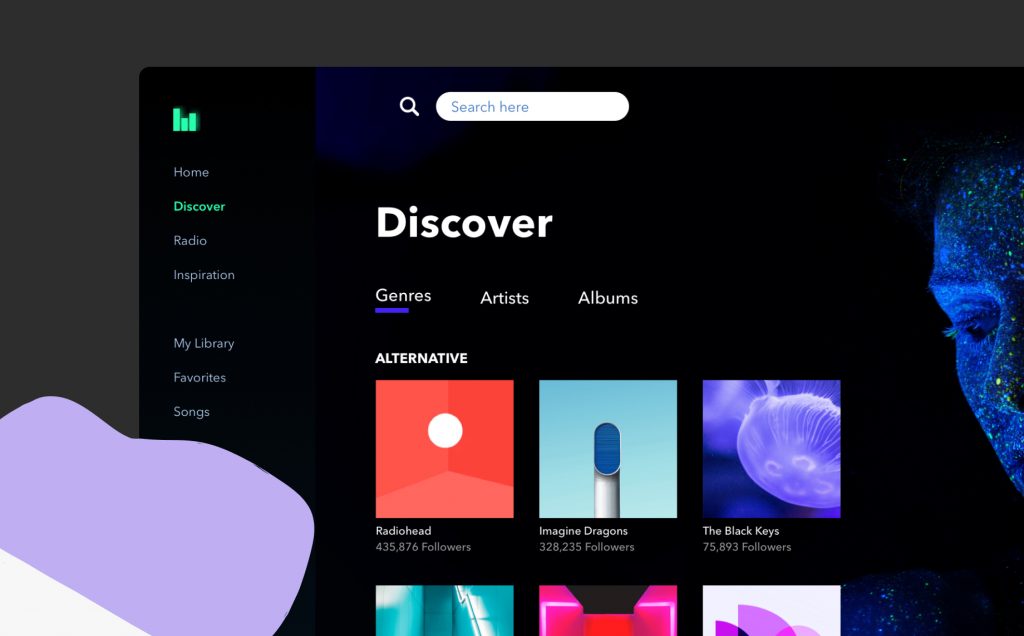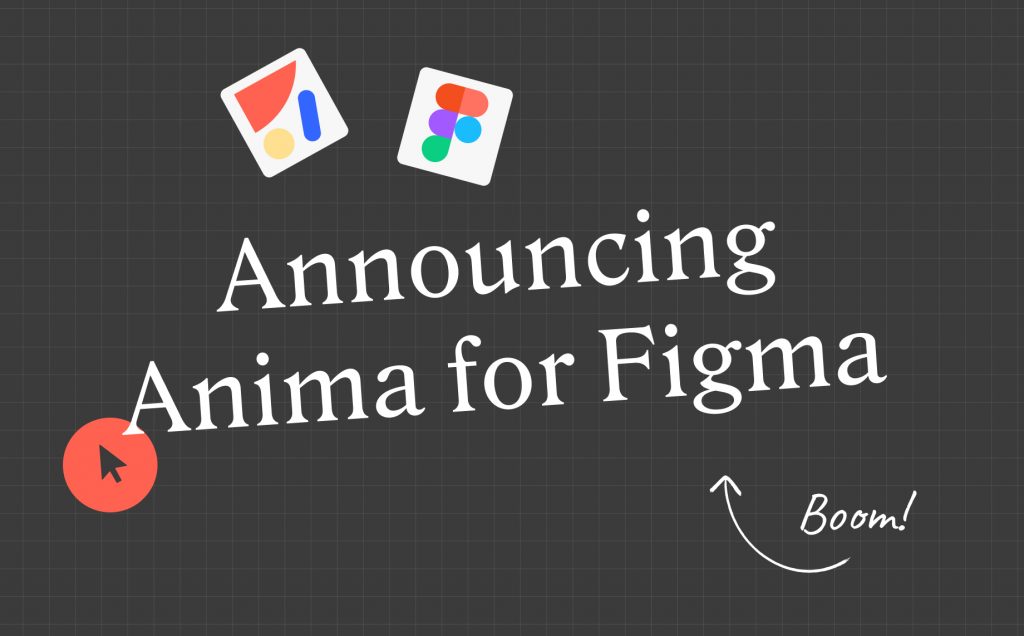
Convert any Figma design into React with Styled Components
Reading Time: 2 minutes Anima will turn any Figma design into React code with Typescript or Javascript, and Styled Components.
Introducing Generative AI in Design-to-Code at Anima
Reading Time: 3 minutes Anima with GenAI and multimodal Large Language Models (LLMs) are both groundbreaking innovations, but they serve different niches in the technological landscape.
How to export Figma to Vue
Reading Time: 2 minutes If you’re trying to convert Figma to Vue without writing the code from scratch, this article is for you. We’ll show you how to export your Figma designs as Vue in a few easy steps using Anima. Anima will turn each design property into Vue code (Vue2 and Vue3) with Typescript or Javascript.
How to export Tailwind CSS from Figma
Reading Time: 3 minutes This article will show you how to seamlessly export Figma designs into Tailwind CSS using Anima. Anima will map your design properties to Tailwind's base styles. Design attributes, such as colors, spacing, and typography, will be translated into concise Tailwind classes.
The Future of Design-Dev Alignment and Methodology
Reading Time: 5 minutes Although the concepts of product design and development have become increasingly similar, we still have two sources of truth — Design and Code. Anima is here to automate design-to-code with AI, freeing developers and designers to create and build digital products faster.
Introducing Tailwind CSS Support in Anima
Reading Time: 2 minutes We're thrilled to announce that Tailwind CSS support is live! Anima will map your design properties to Tailwind's base styles. Design attributes, such as colors, spacing, and typography, will be translated into concise Tailwind classes.
Introducing HTML Support in Figma’s Dev Mode with Anima
Reading Time: 2 minutes Build in Figma, and Anima will translate your designs into HTML. Copy paste, export or open in Codesandbox, right from Figma's Dev Mode.
Radiant: Delivering Digital Transformation – Twice as Fast With Anima
Reading Time: 7 minutes Radiant's mission to reshape industries and revolutionize user experiences has found a like-minded ally in Anima—a dynamic collaboration that has already spanned two impactful years.
Figma Variable support: Speed up your development process with Anima for Figma
Reading Time: 2 minutes We are thrilled to introduce Anima's new support for Figma variables. This groundbreaking feature allows you to translate Figma variables into code, harmonizing your design and development process.
Anima now supports Figma’s ‘Min/Max’ & ‘Wrap’ features
Reading Time: 2 minutes Figma added ‘Min/Max’ and ‘Wrap’ to its Auto Layout options, closely matching how developers structure their code. Anima’s CodeGen AI now supports these options, resulting in cleaner, more efficient CSS.
Figma Styles now automatically generated as CSS variables
Reading Time: 2 minutes Anima's CodeGen AI now converts Figma styles into CSS variables, resulting in more efficient, reusable code.
Announcing Anima’s plugin for Figma Dev Mode, live from Config
Reading Time: 4 minutes You can get Anima’s code - React / HTML - inside Figma’s Dev Mode via our integrated Code Gen plugin.
Anima’s Design System Automation is now available to all
Reading Time: 2 minutes Automate syncing between your coded component library and Figma for a single source of truth between design and development.
Generate responsive React code from any Figma design
Reading Time: < 1 minute Simply define how you want your design to look for different screen sizes in Figma, and Anima will automatically generate code that adapts to each one.
AI Revolution: The Future of Designers and Developers
Reading Time: 5 minutes The AI Genie is Out of the Bottle. In this article, Avishay Cohen, Anima's CEO, shares his take on the future of design and development considering recent advances in AI and what’s around the corner.
Convert Figma variants into interactive React components in one click
Reading Time: 2 minutes Anima’s code generator now supports Figma variants and variant transitions, producing stateful, interactive React components in a click—right from Figma.
Introducing Scooby: a free regression and fidelity testing tool
Reading Time: 4 minutes Scooby compares front-end code to its source design, ensuring better fidelity with fewer iterations.
How to sync your Storybook design system into Figma
Reading Time: 5 minutes Anima’s Design System Automation Solution establishes and maintains a single source of truth between design and code. Here’s how it works using MongoDB’s open source library.
How to turn MUI code components into a native Figma library
Reading Time: 5 minutes Anima’s Design System Automation platform turns any Storybook into a native Figma library—including variants, Auto Layout, and Figma Styles—then keeps it synced with the code. Here’s how I did it with components from MUI’s open-source design system.
Use live Storybook components in your Figma prototypes
Reading Time: 5 minutes Anima turns your Storybook code components into a native Figma library. Create interactive, responsive prototypes that are 1:1 with production, and share a public link in a few clicks.
Introducing: Design system automation
Reading Time: 5 minutes Anima’s goal with design system automation is to help core product teams, designers and developers, build and maintain design-systems faster, with automation.
- All
- Case studies
- Code
- Design Systems
- Design to code
- Enterprise
- Frontier
- GenAI
- Industry
- Inside Anima
- opinions
- Product Updates

 Figma
Figma Adobe XD
Adobe XD Sketch
Sketch